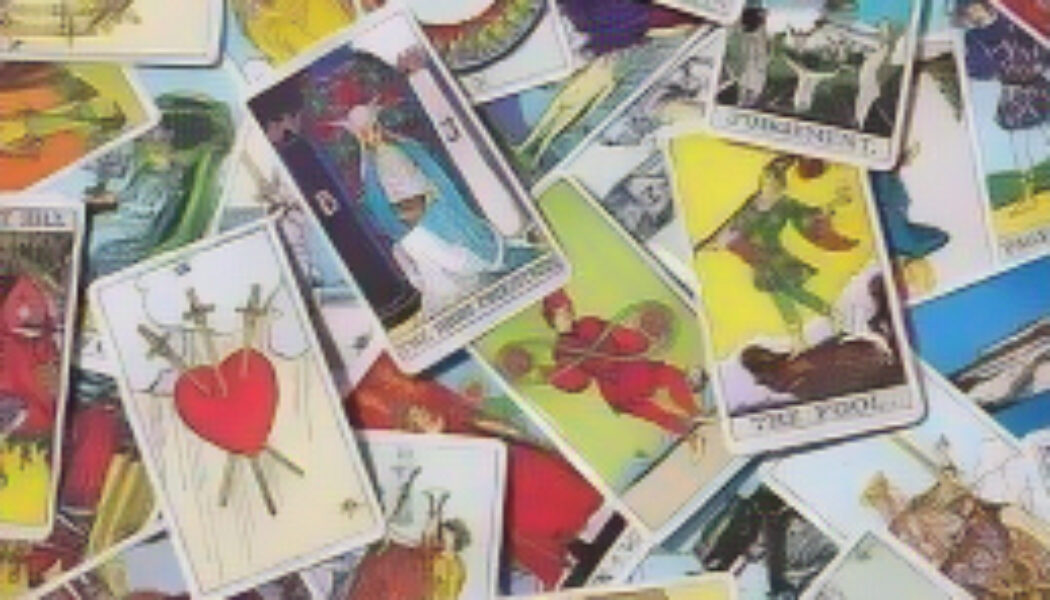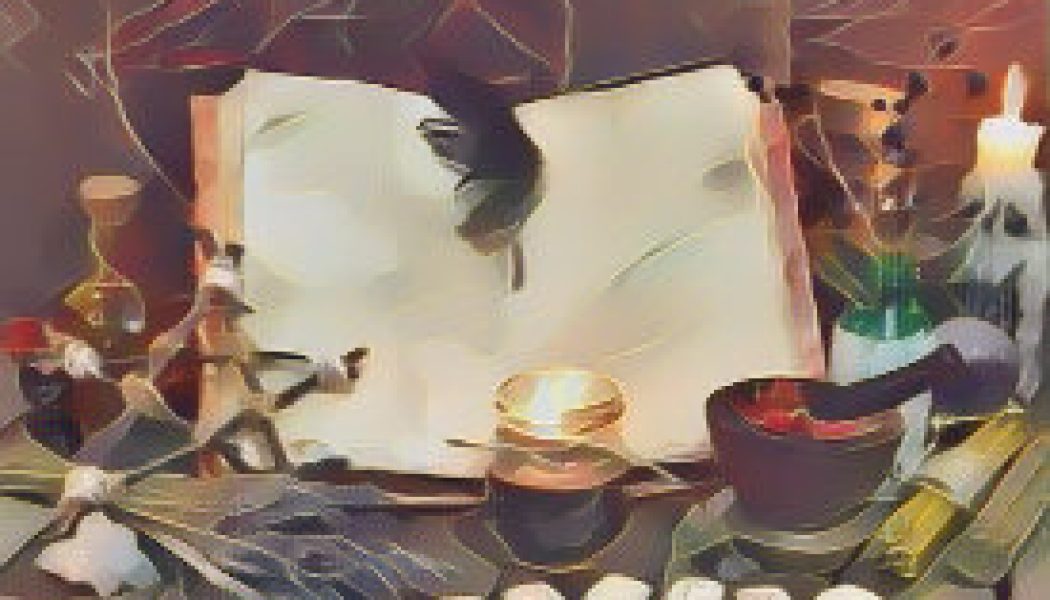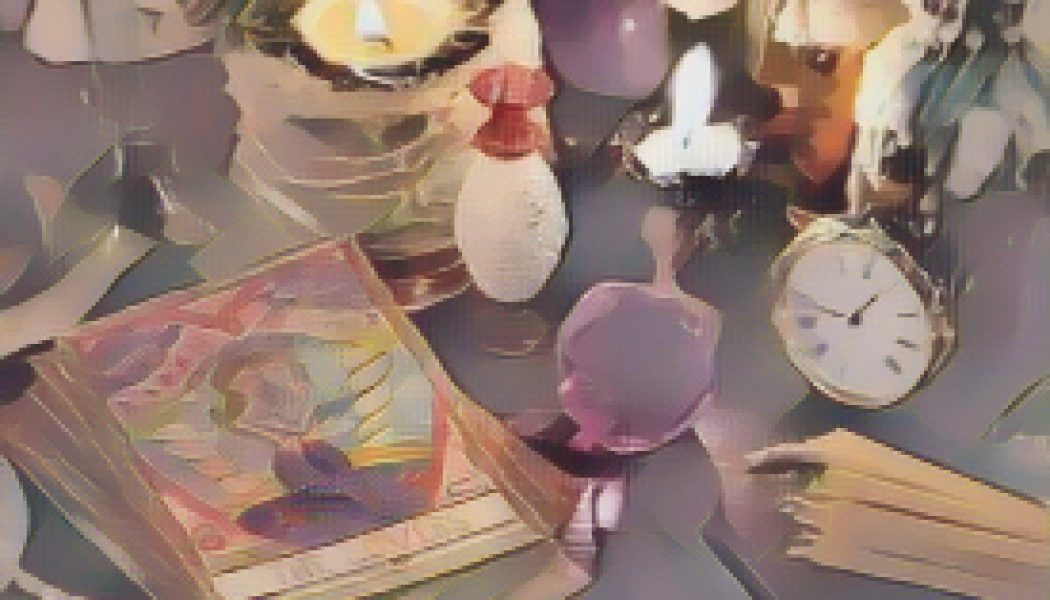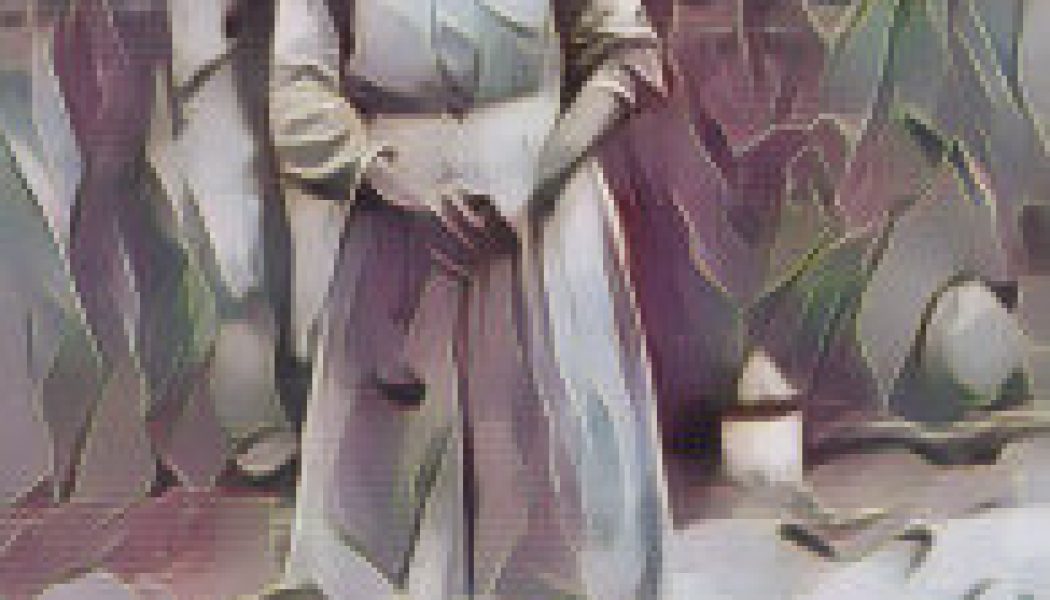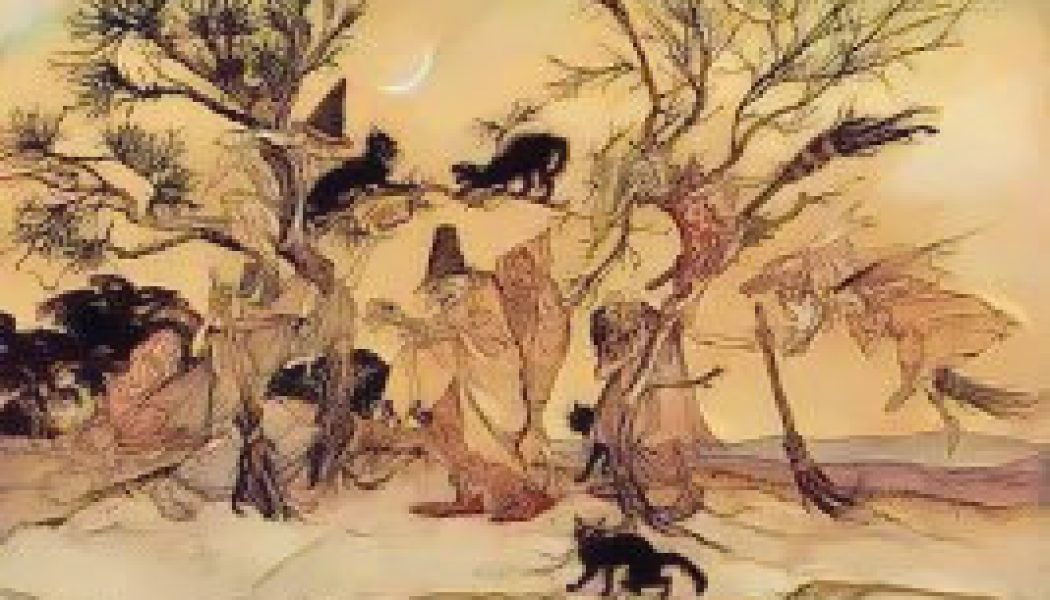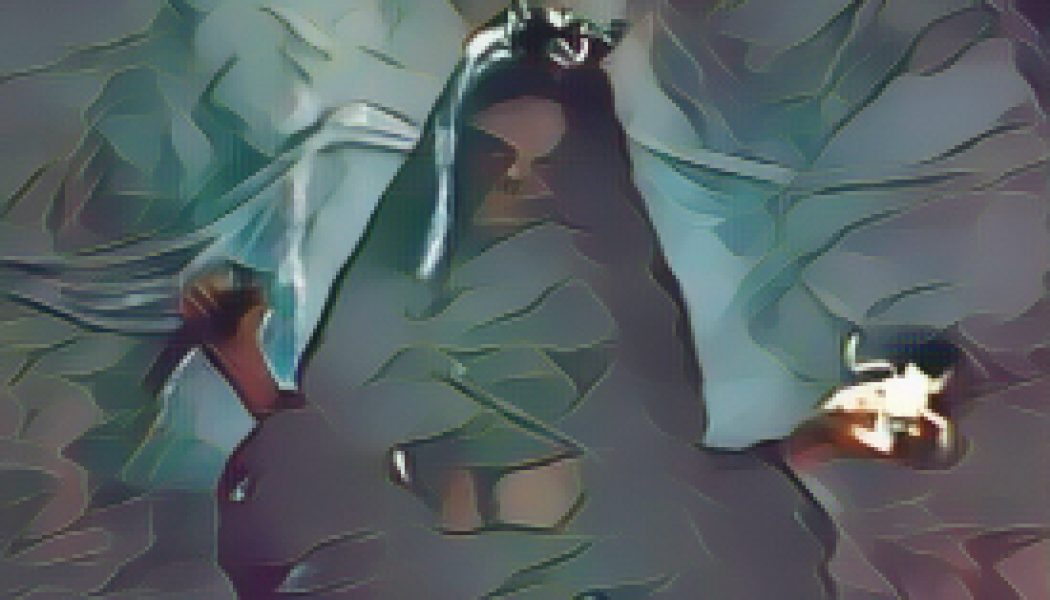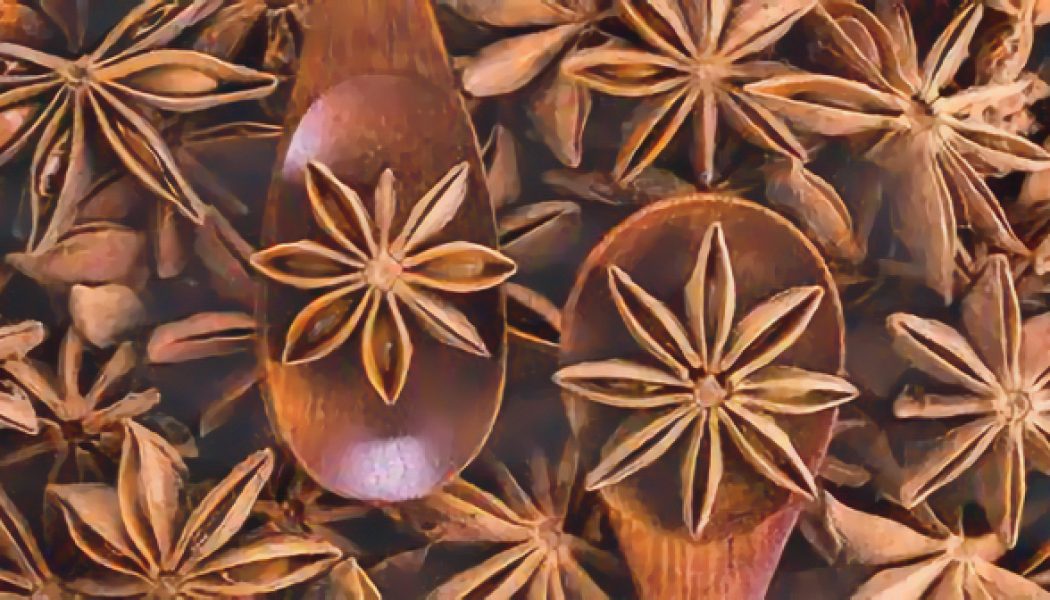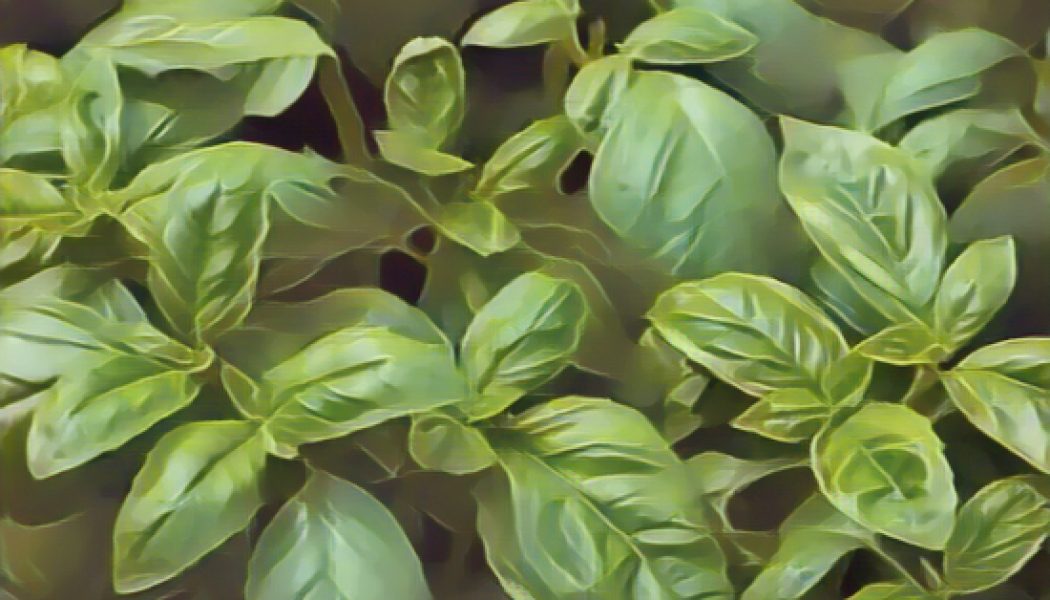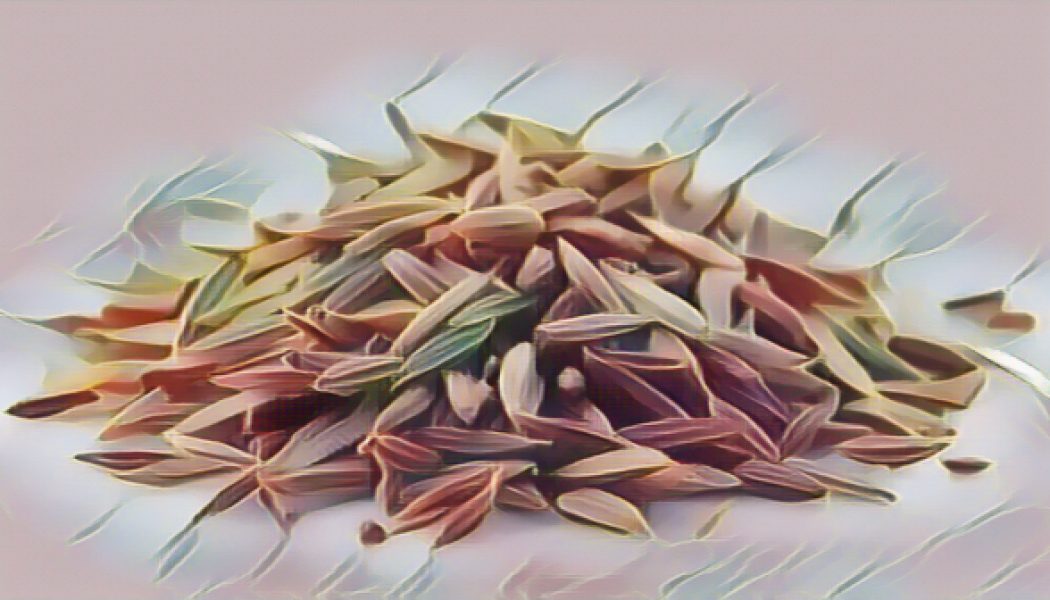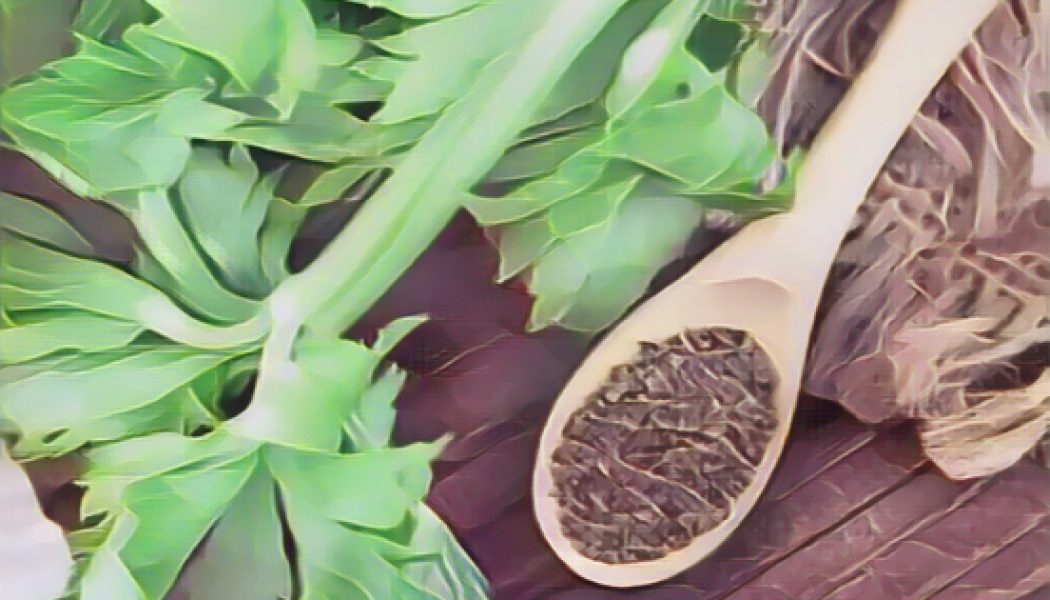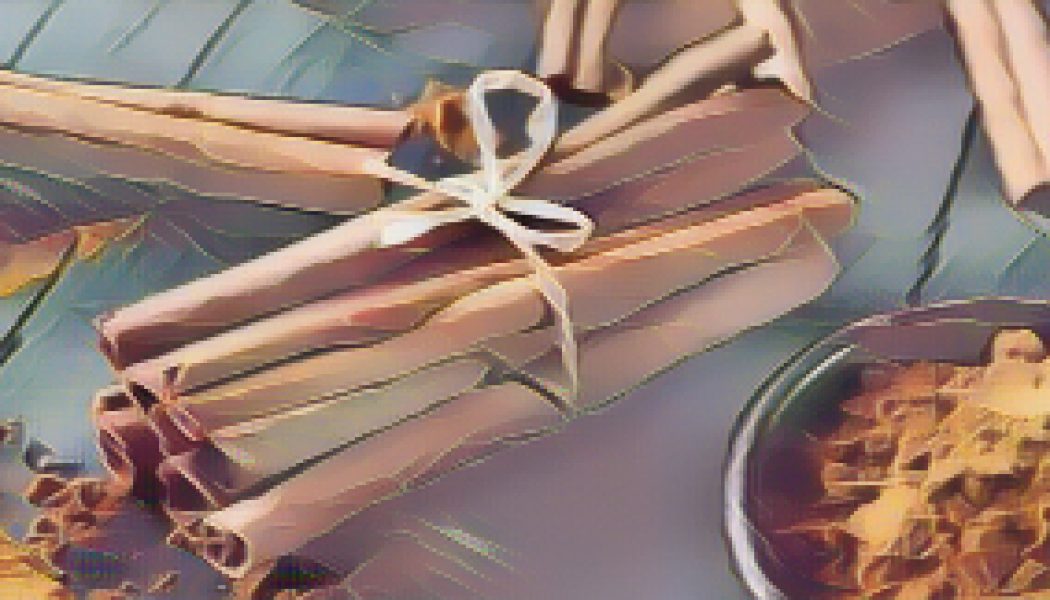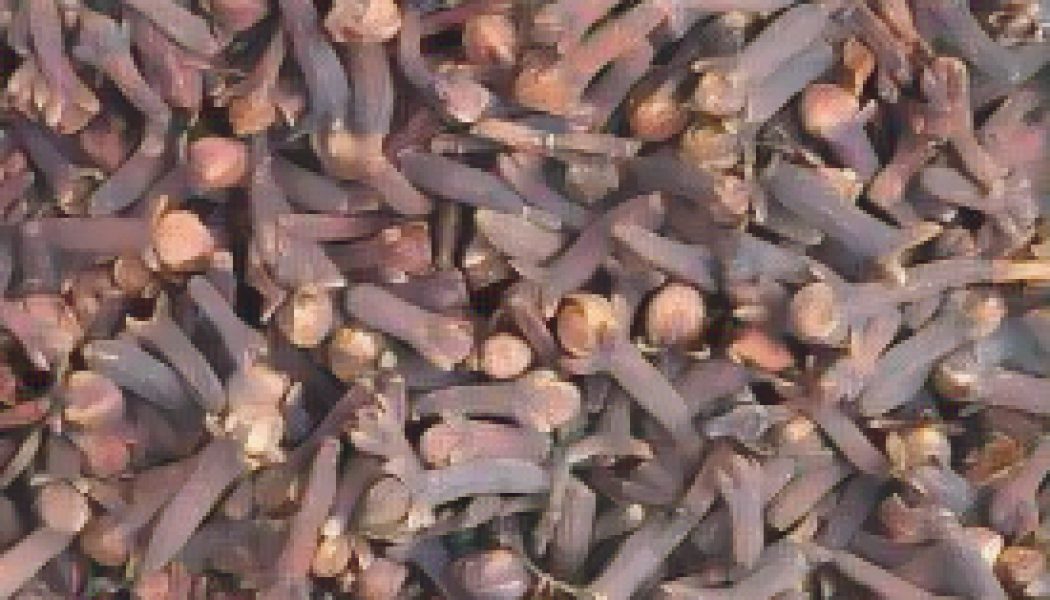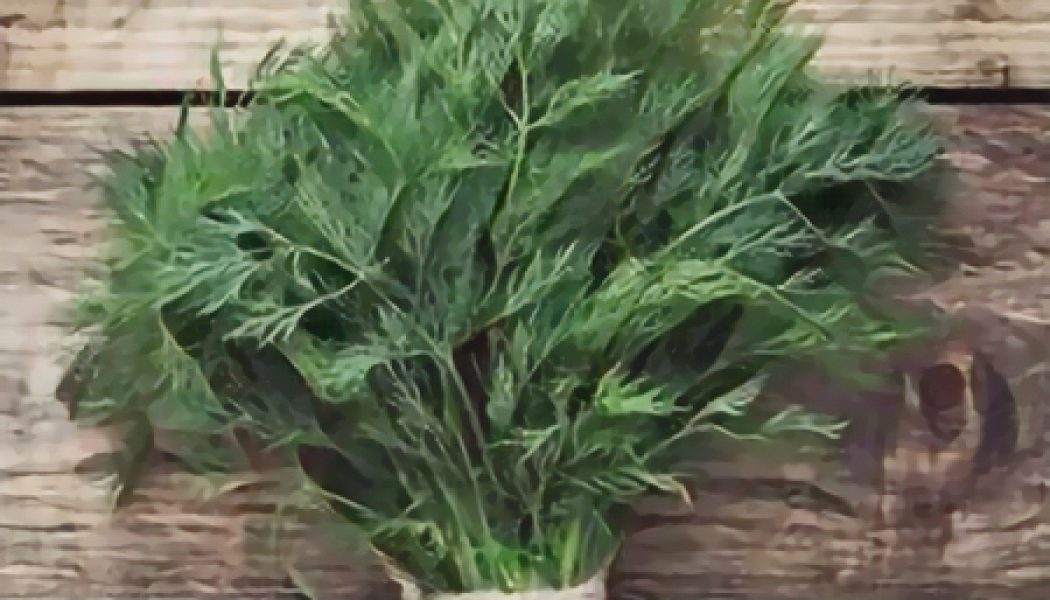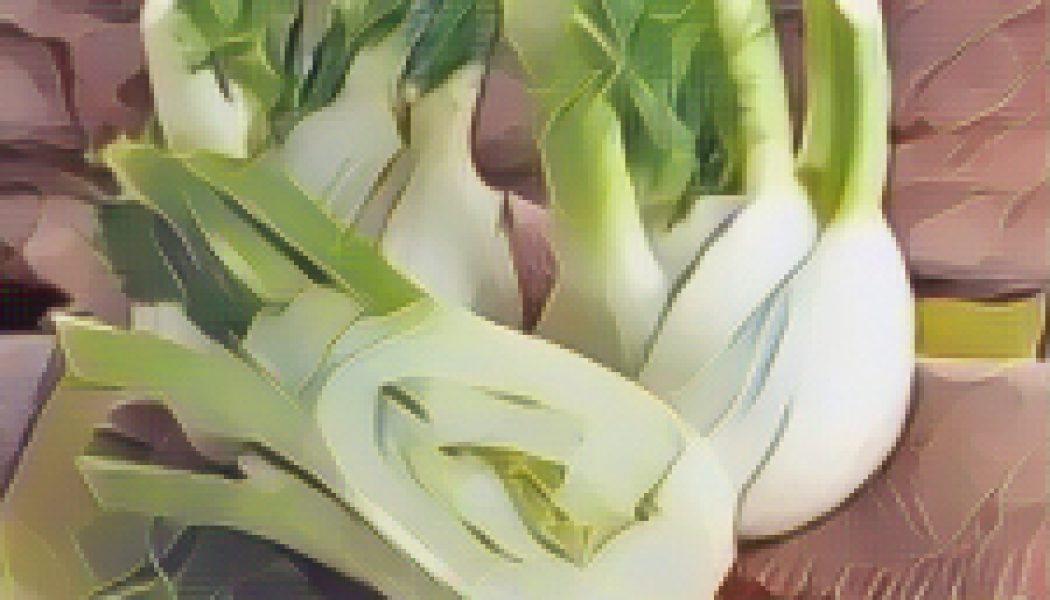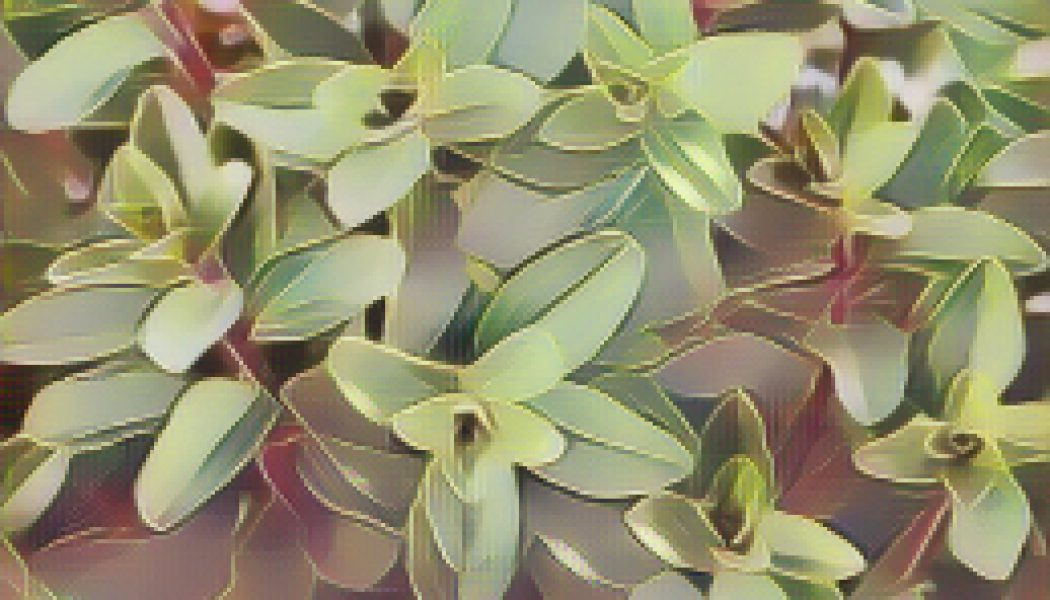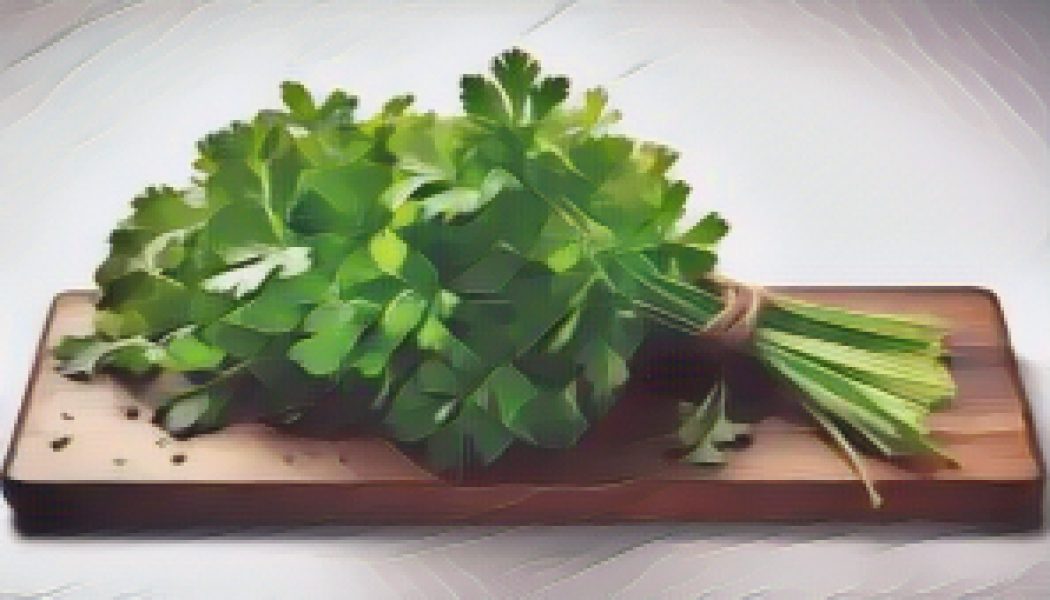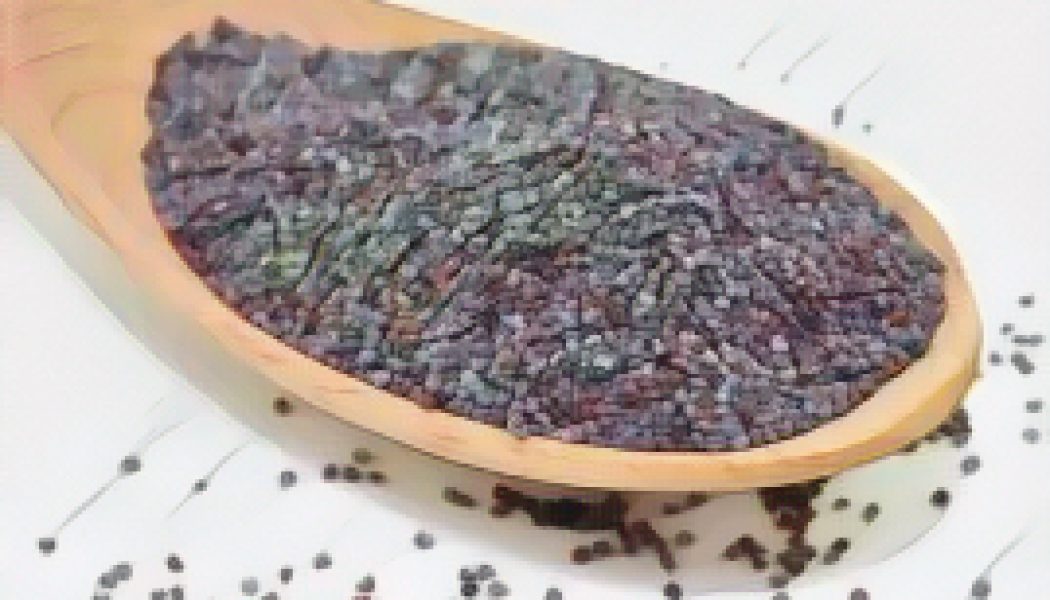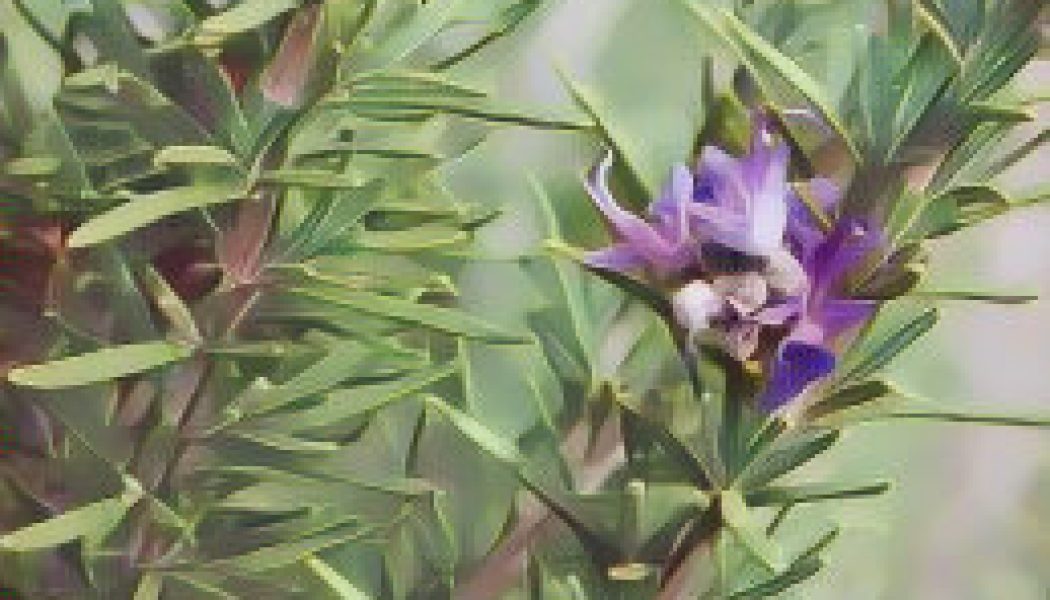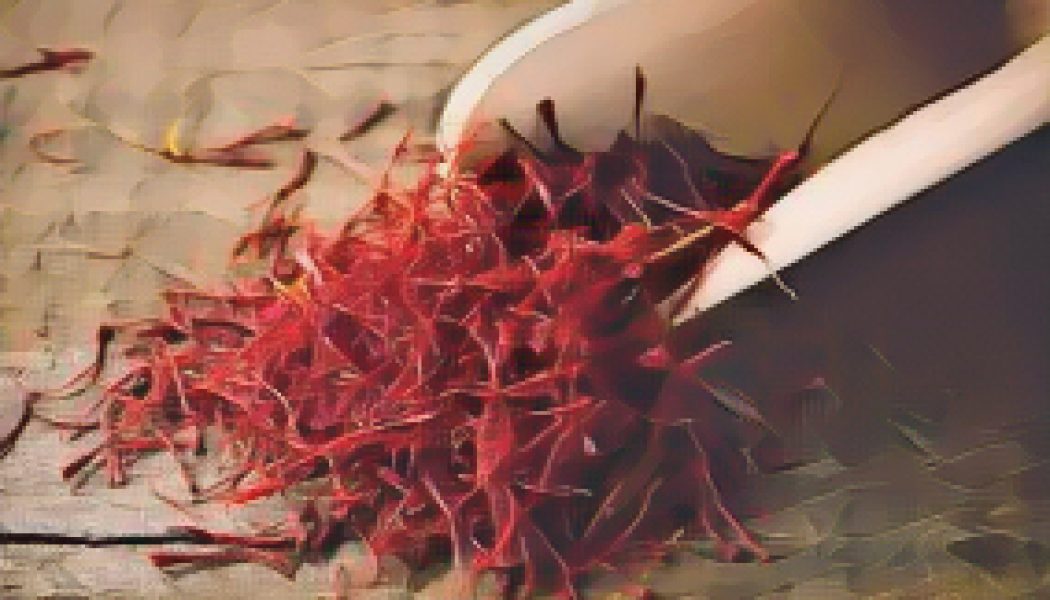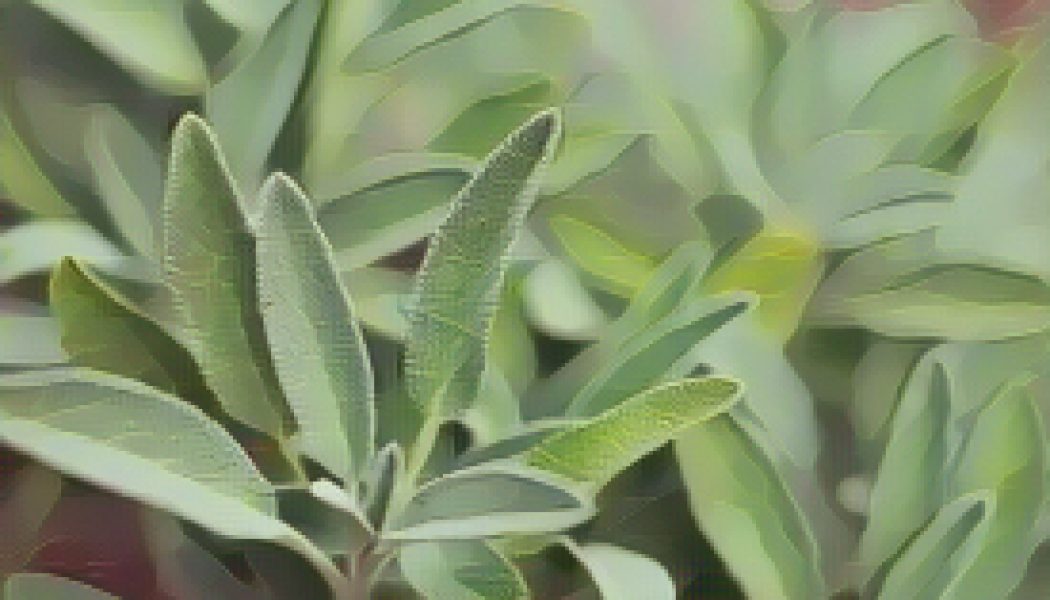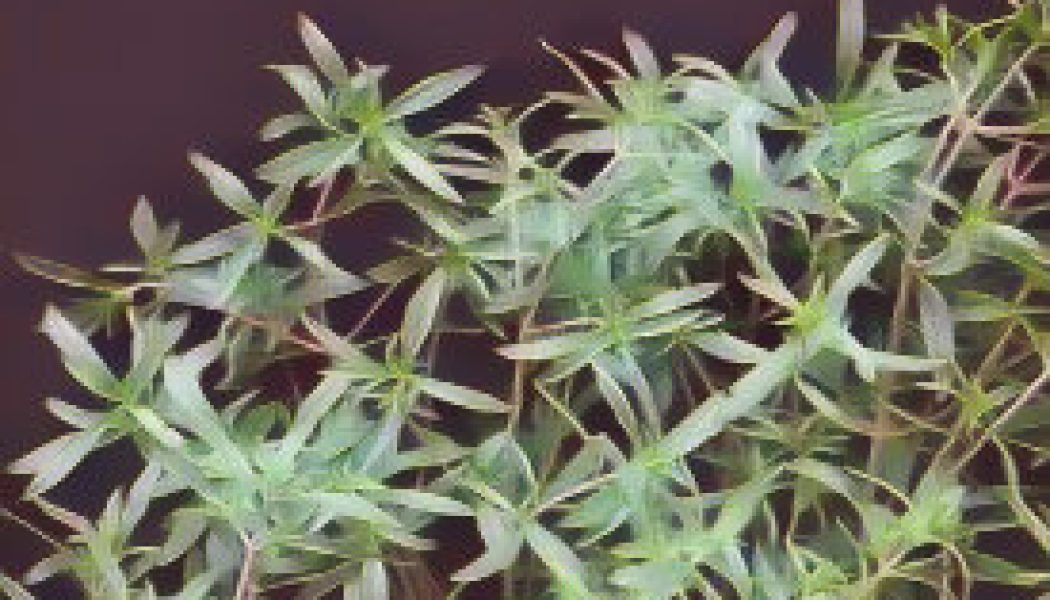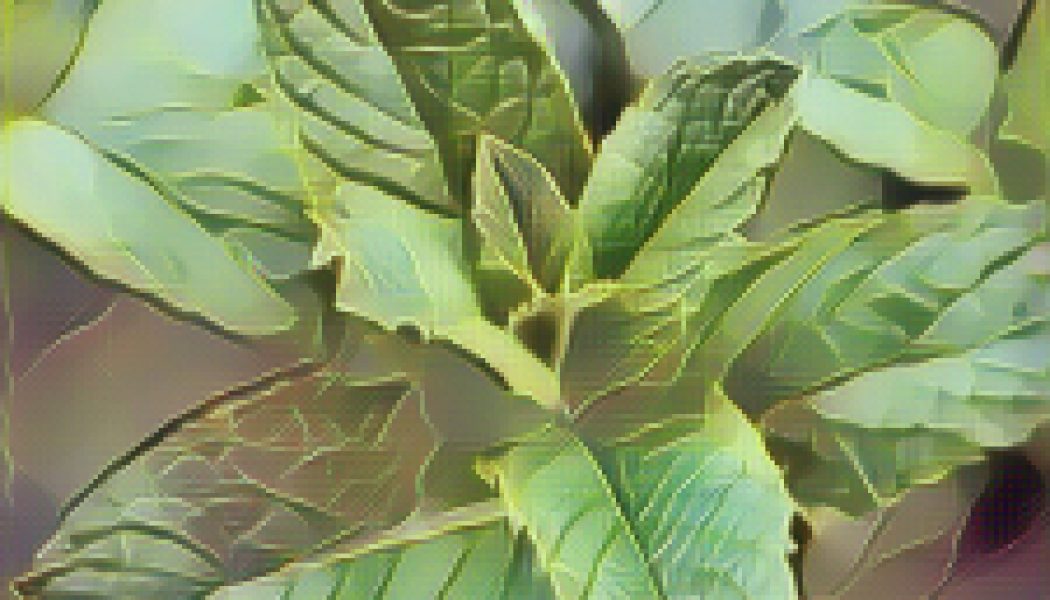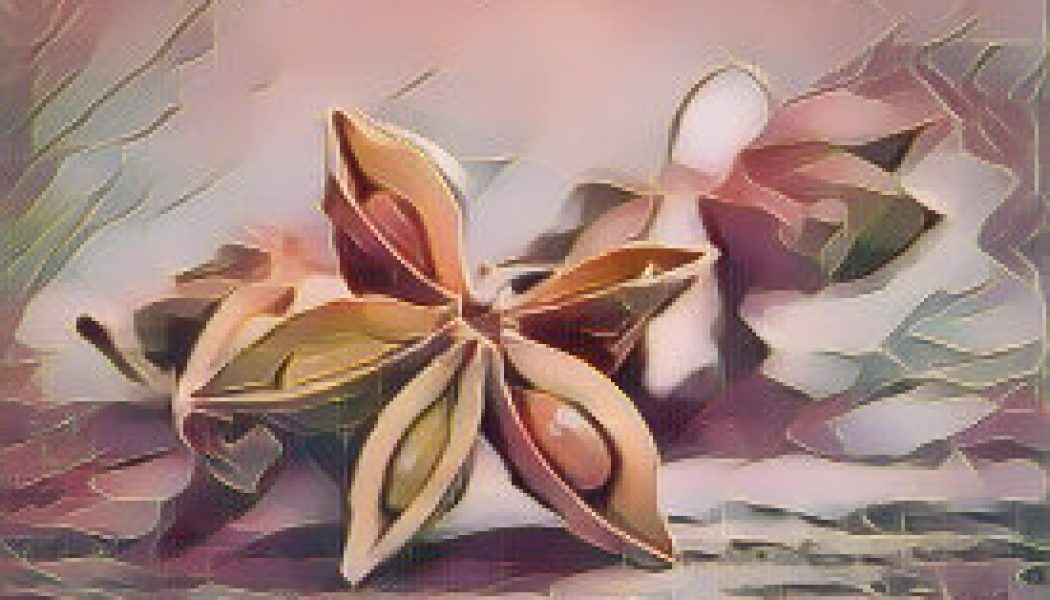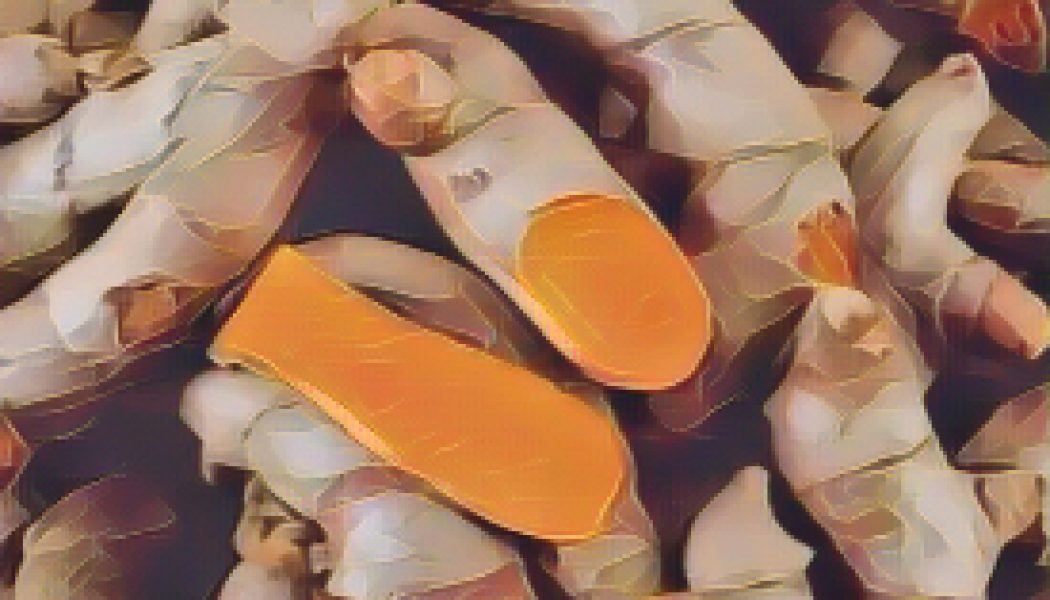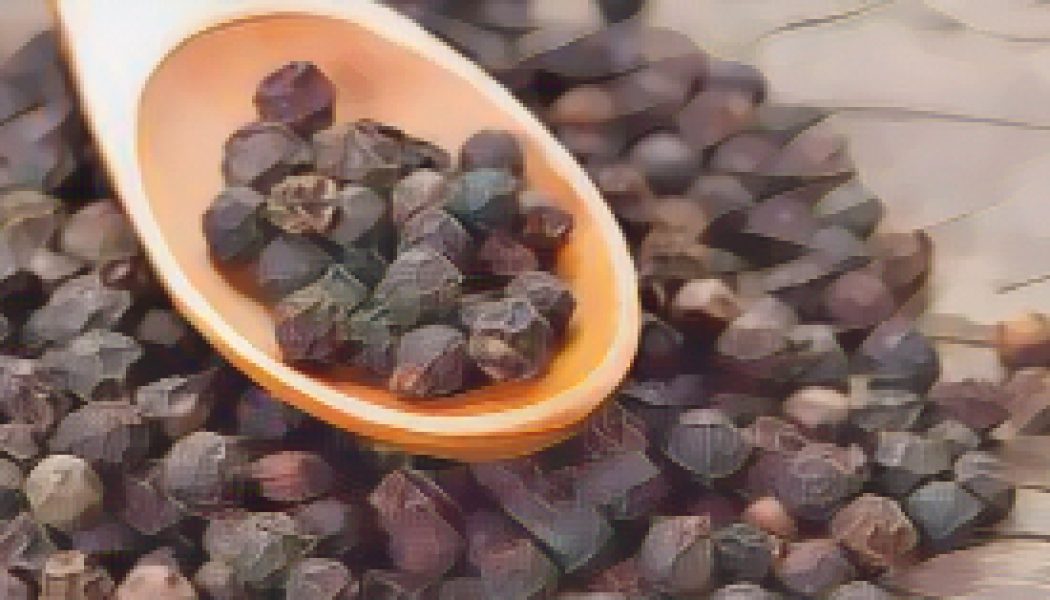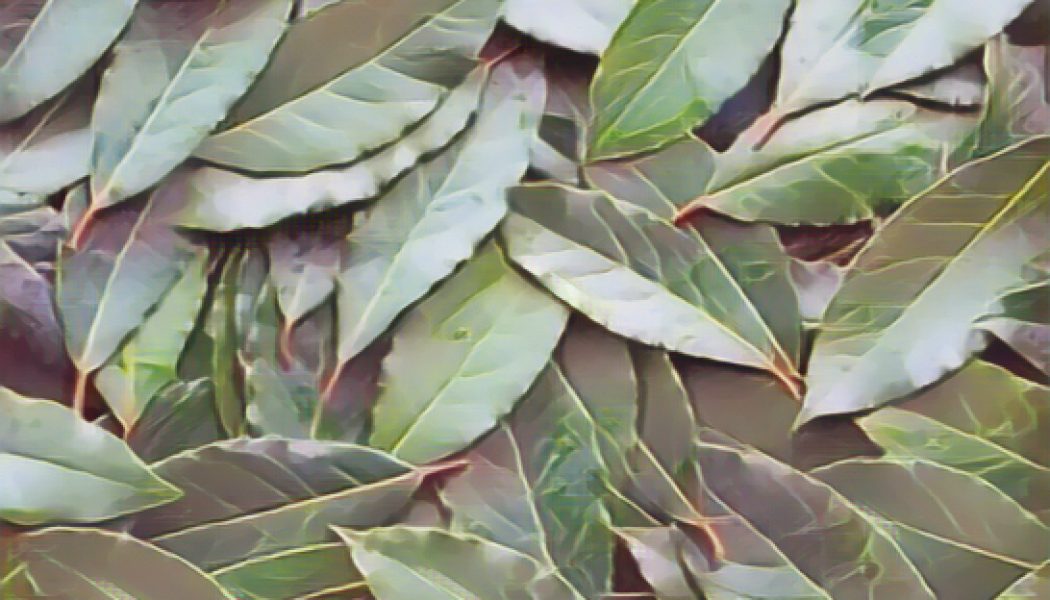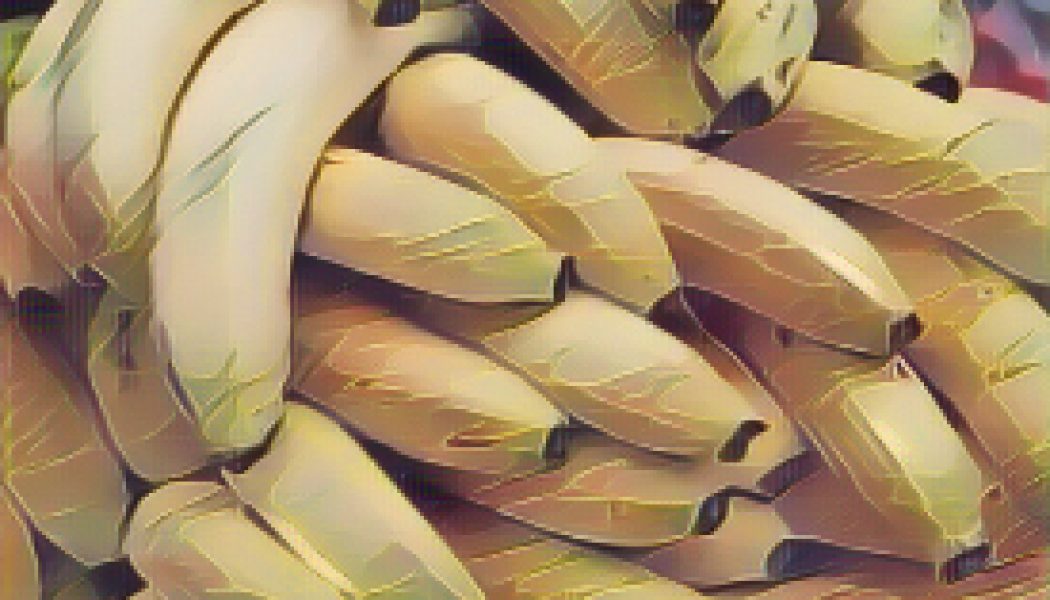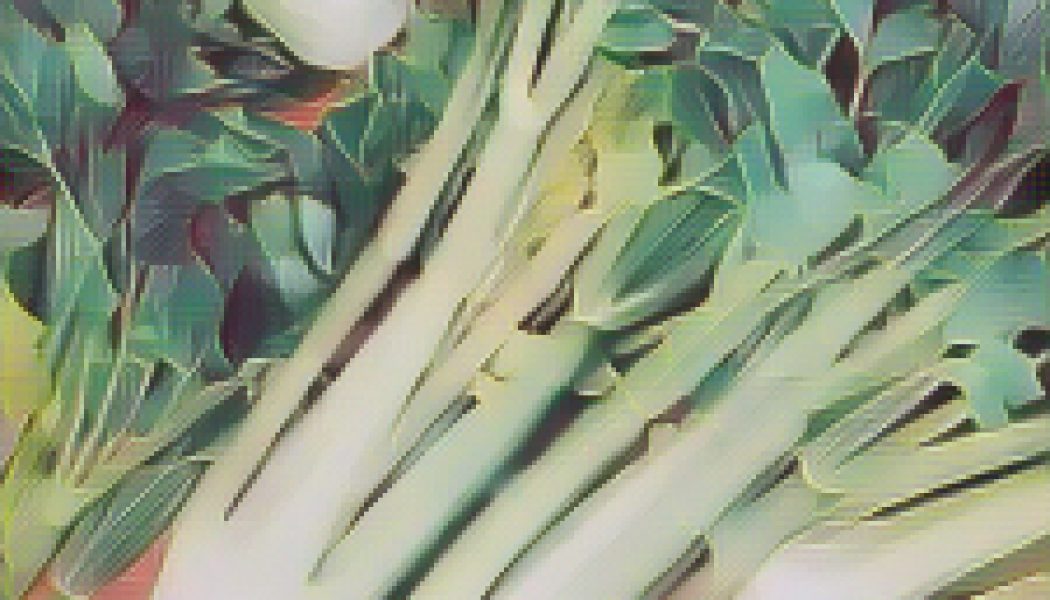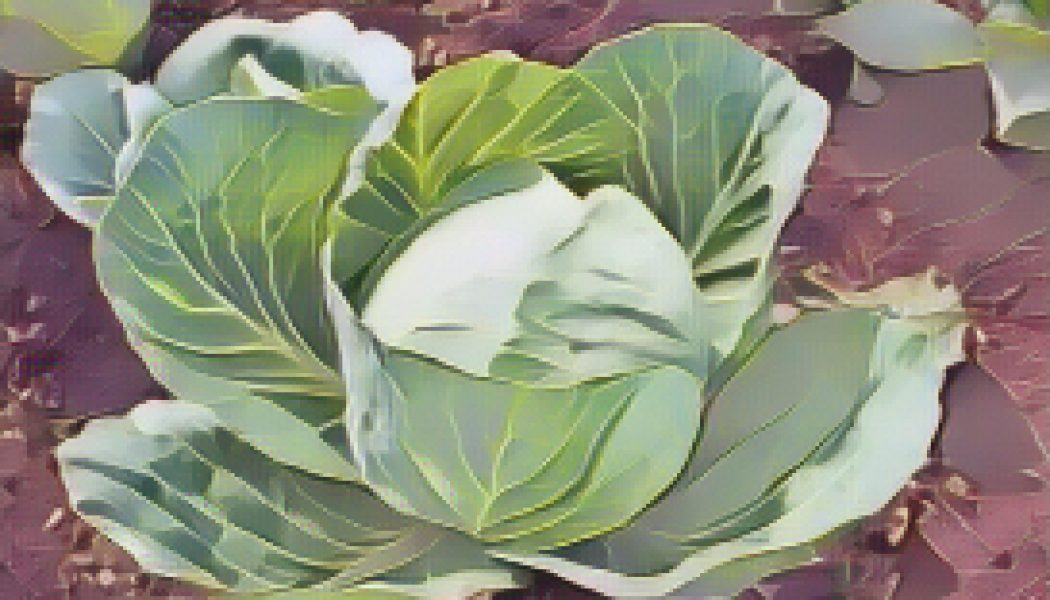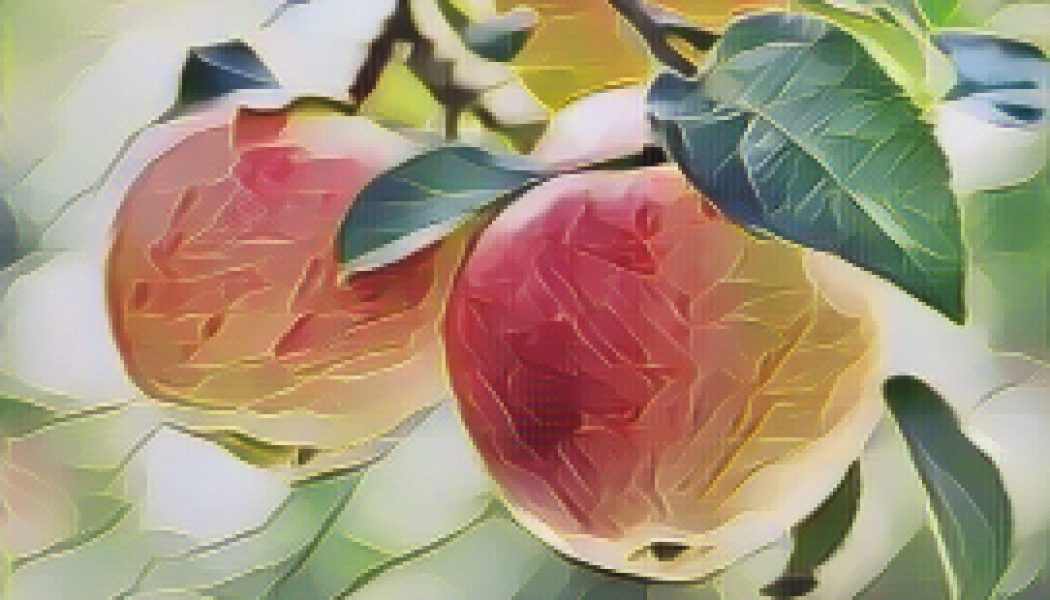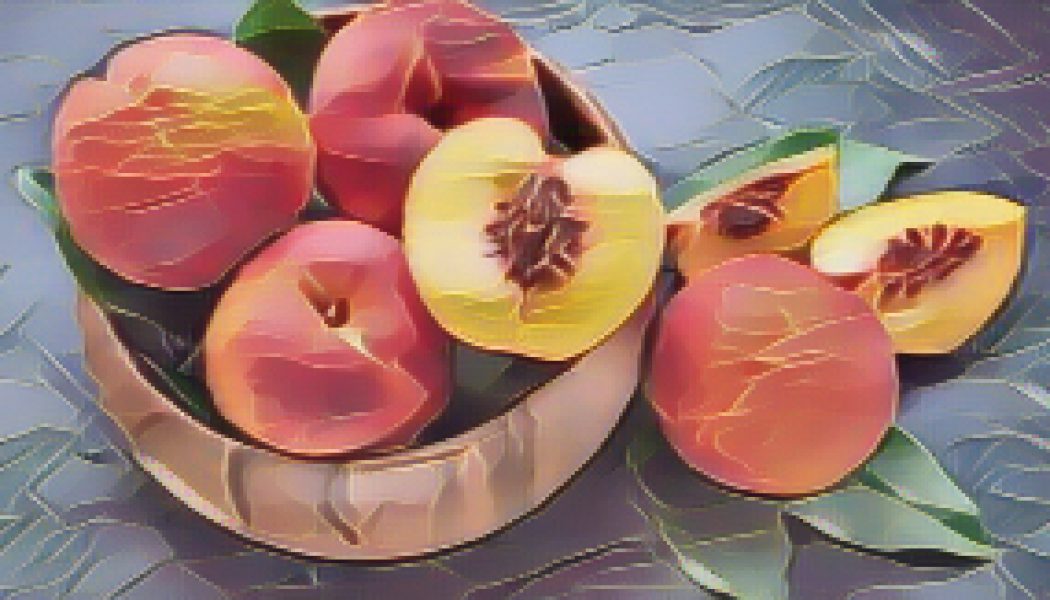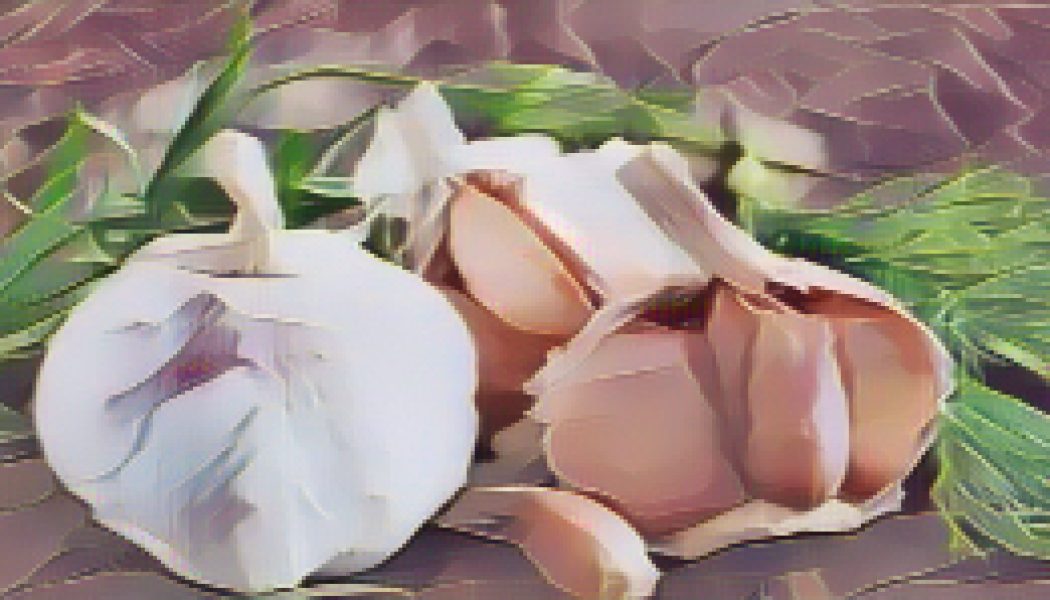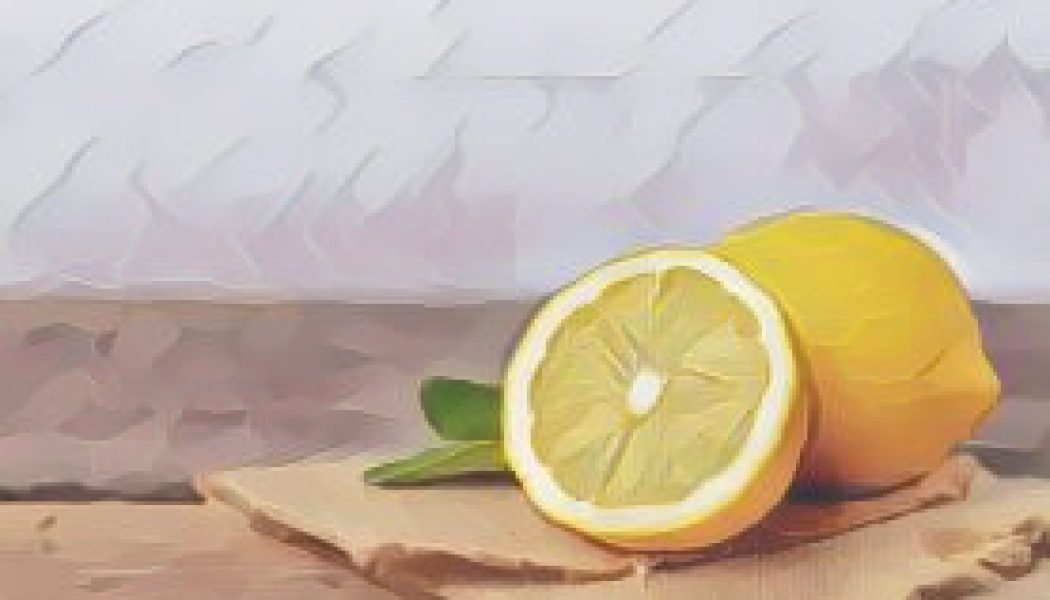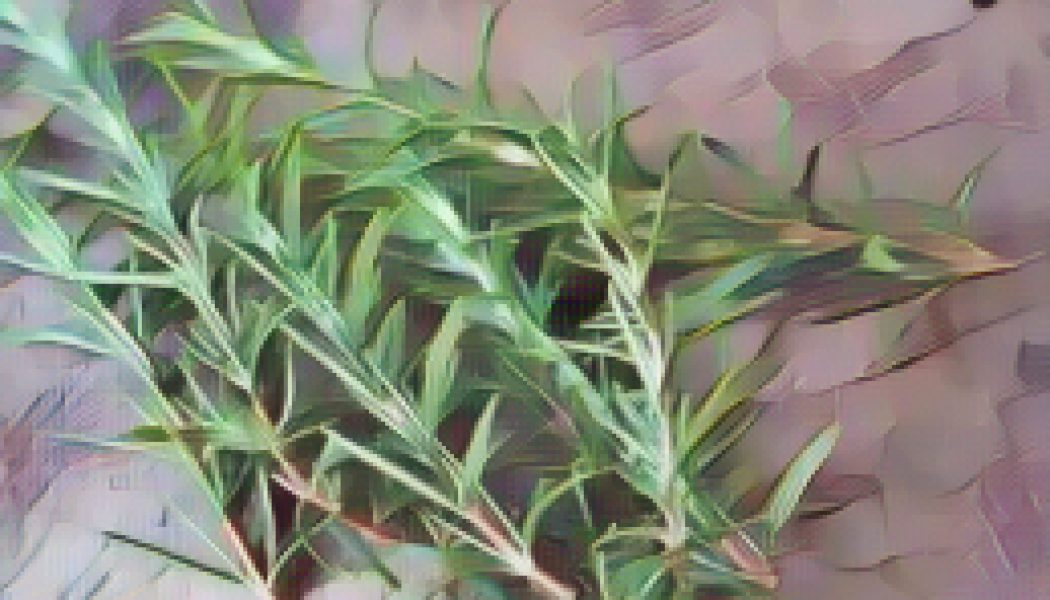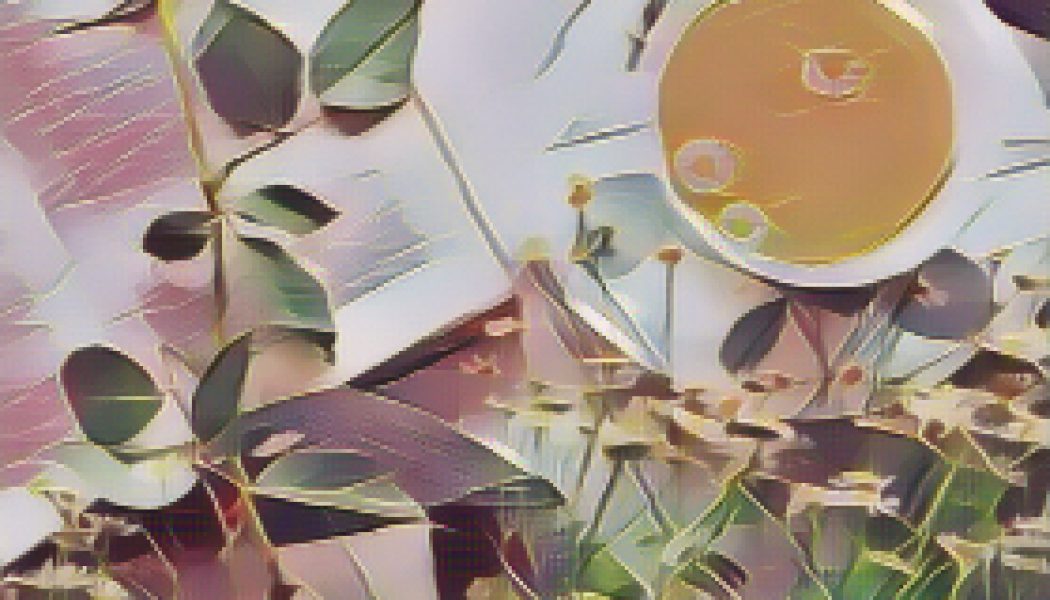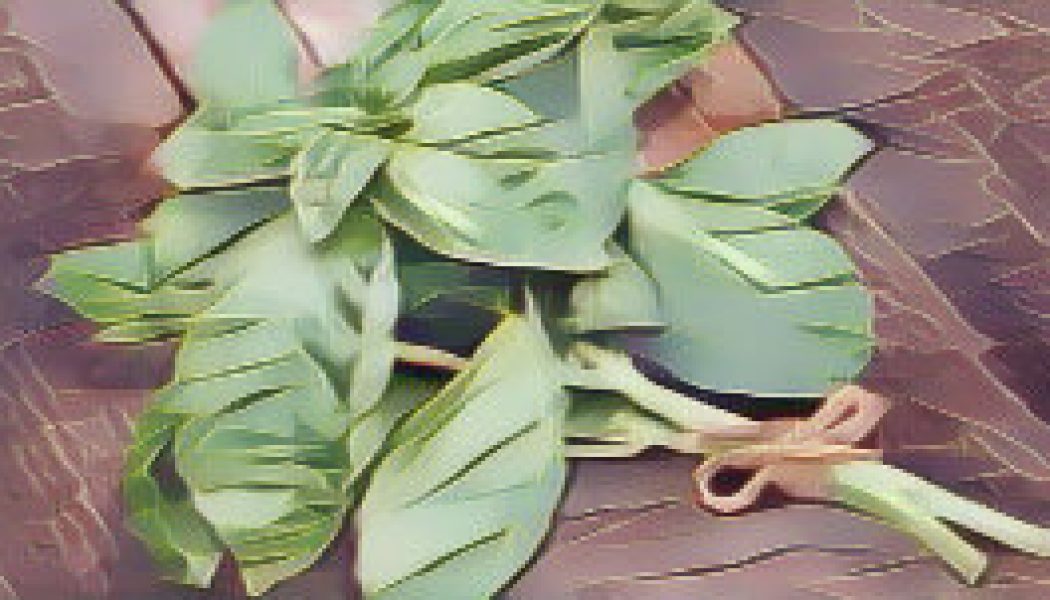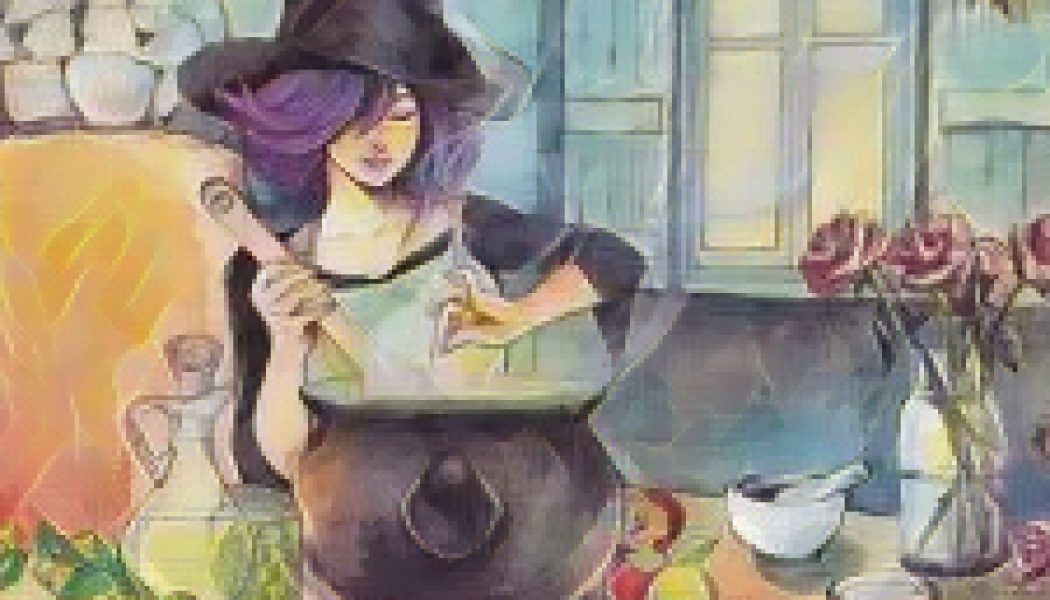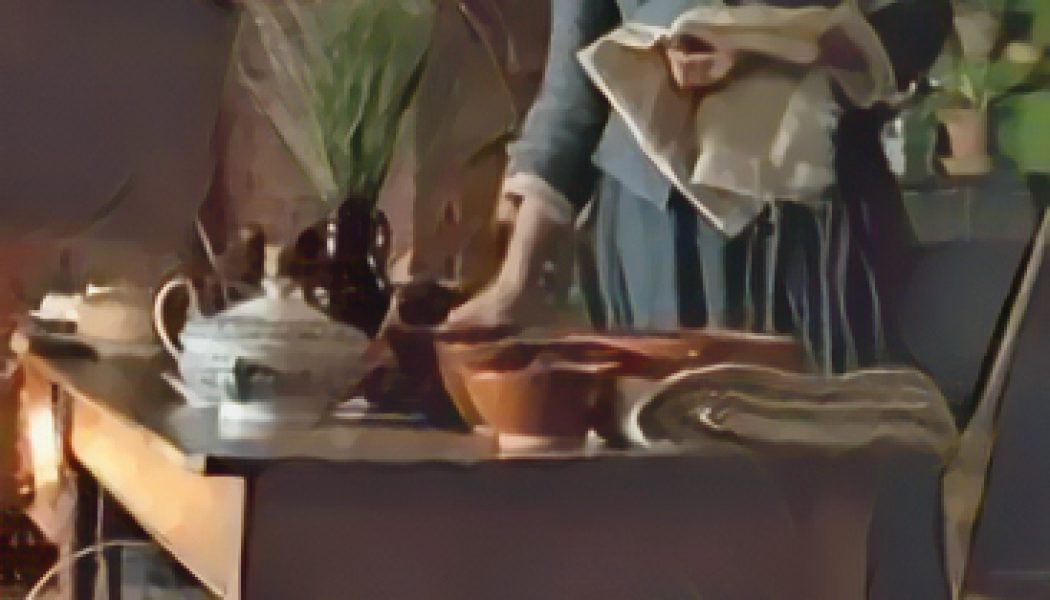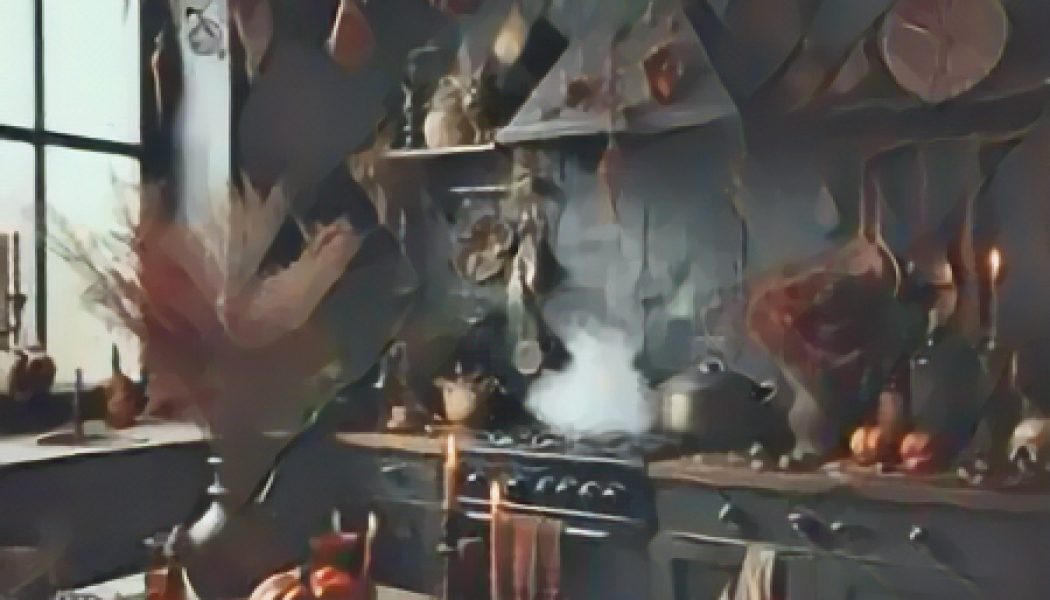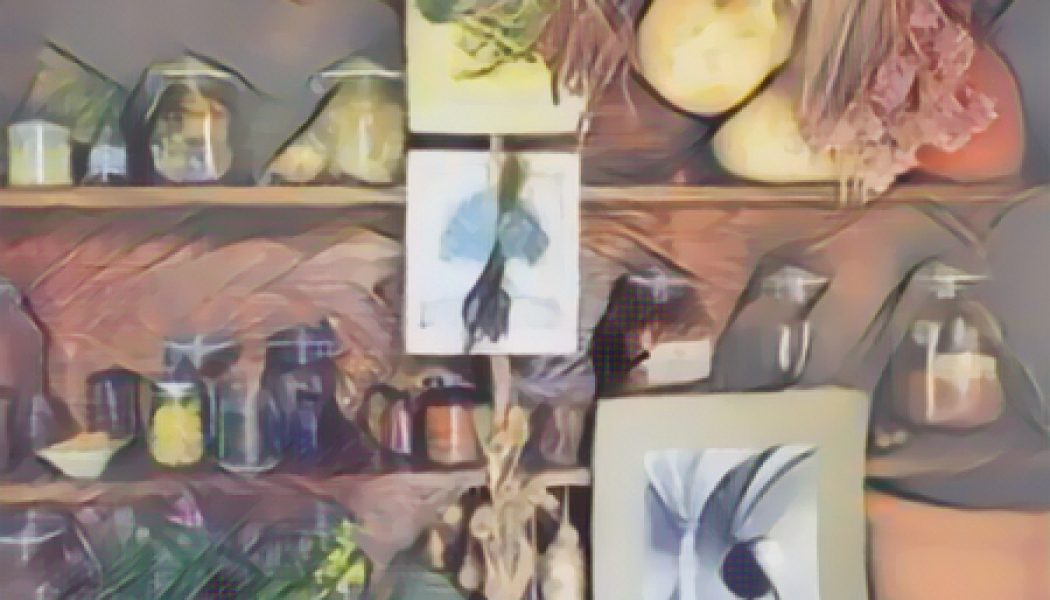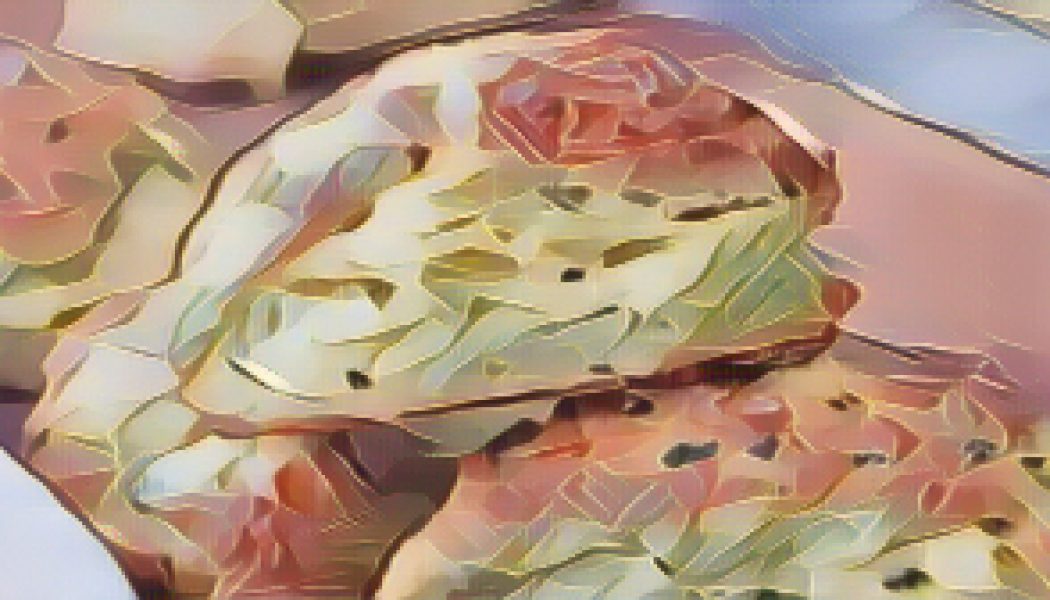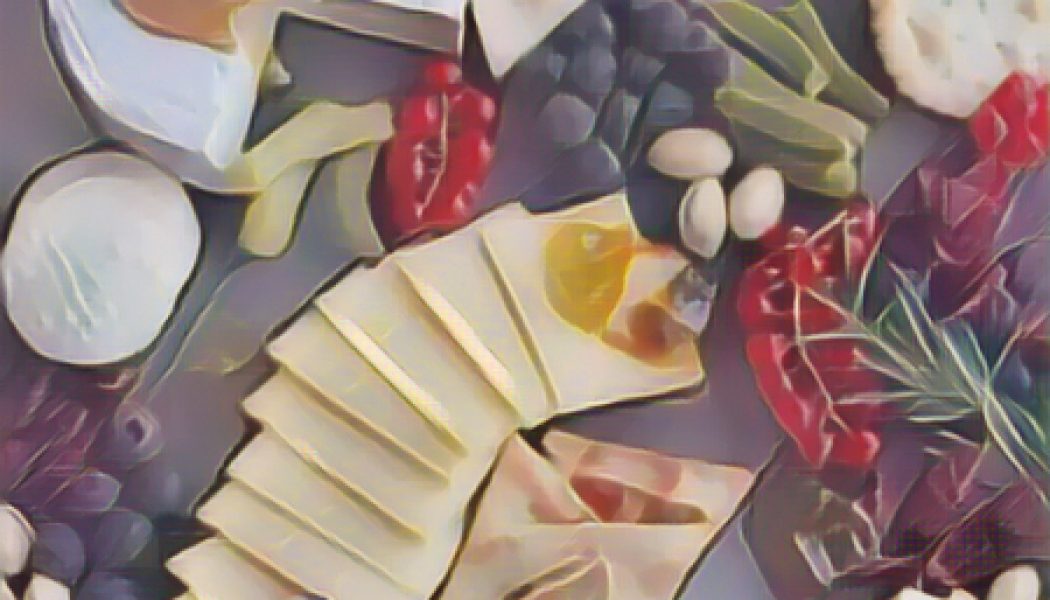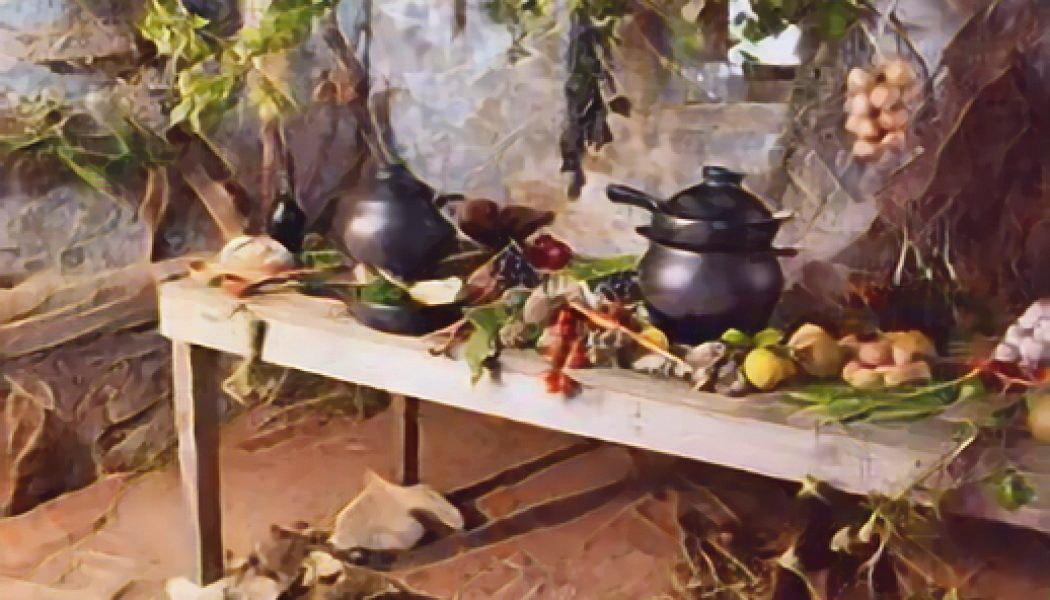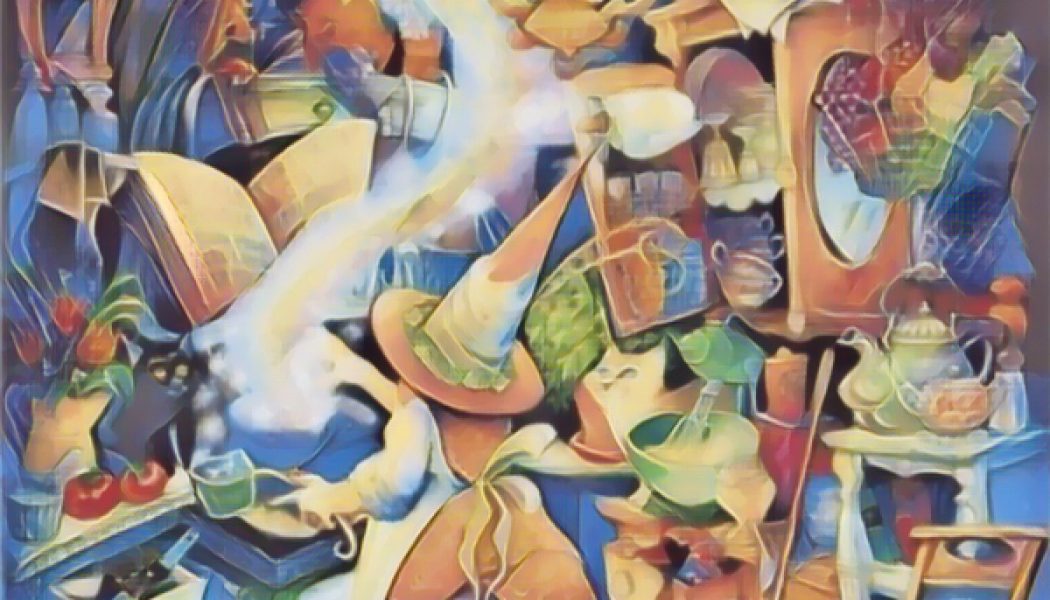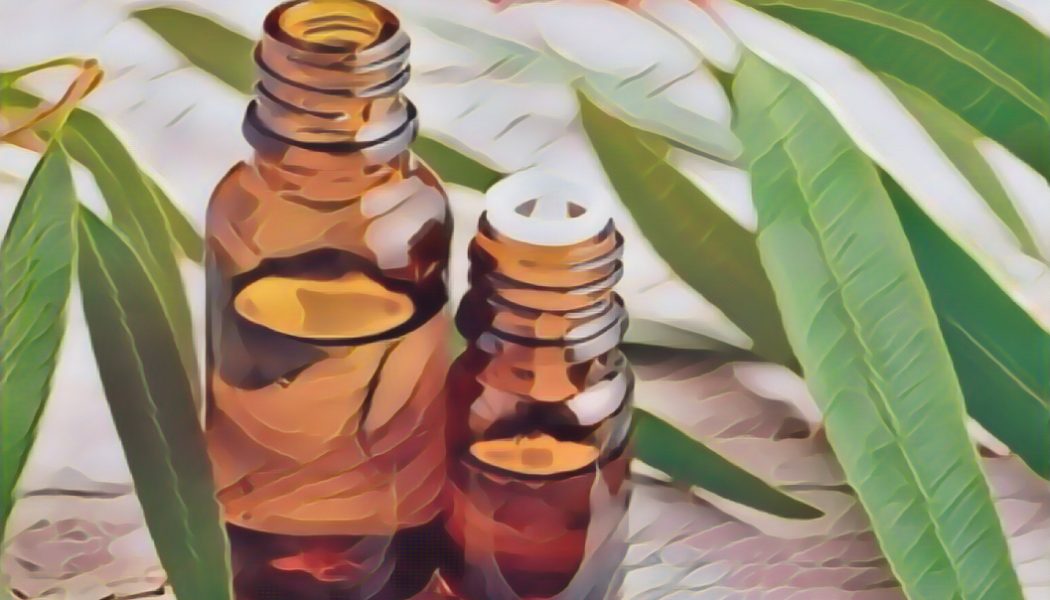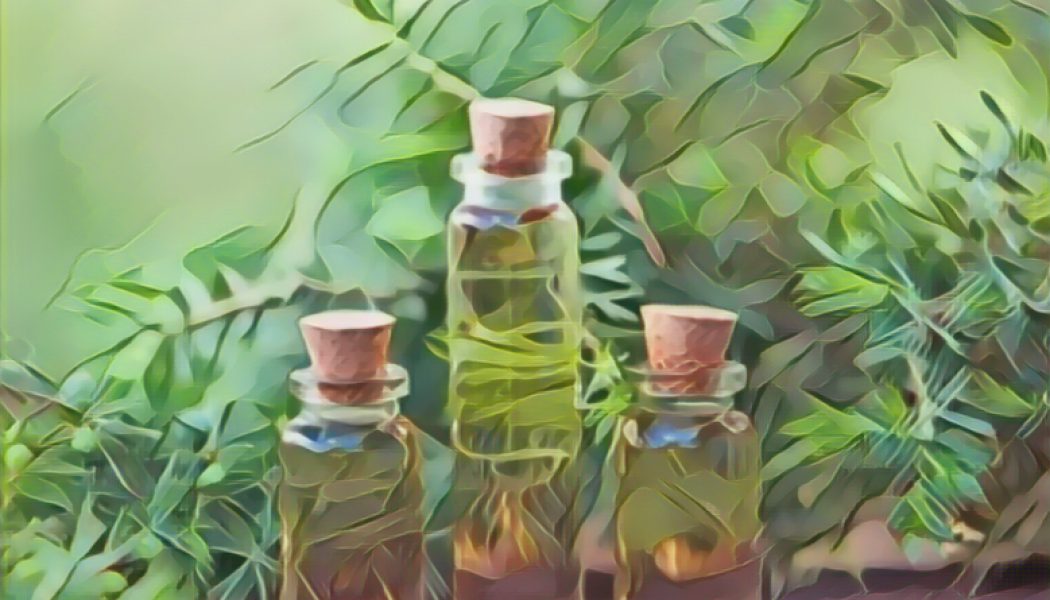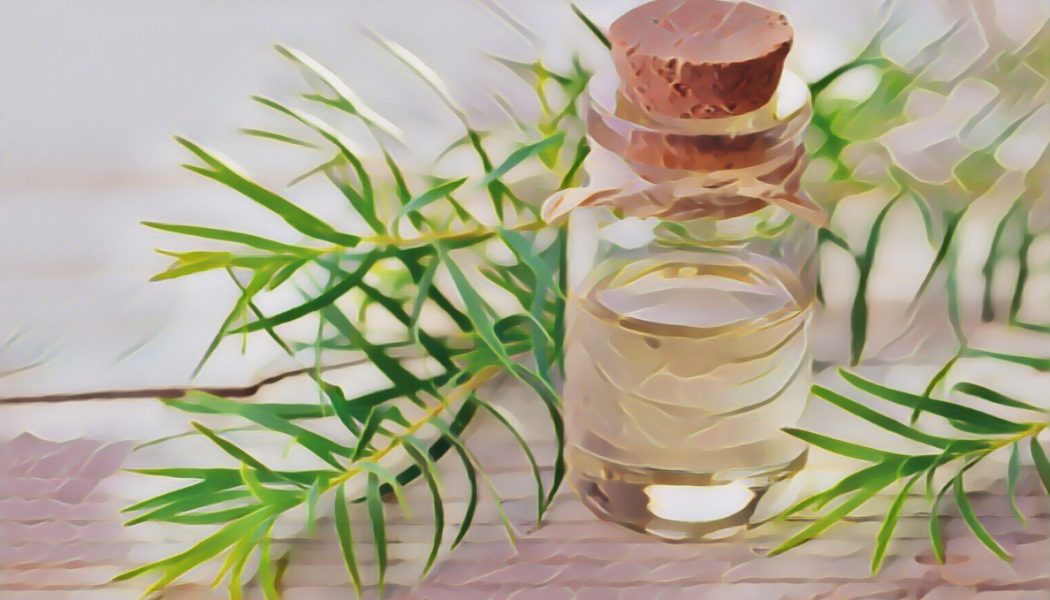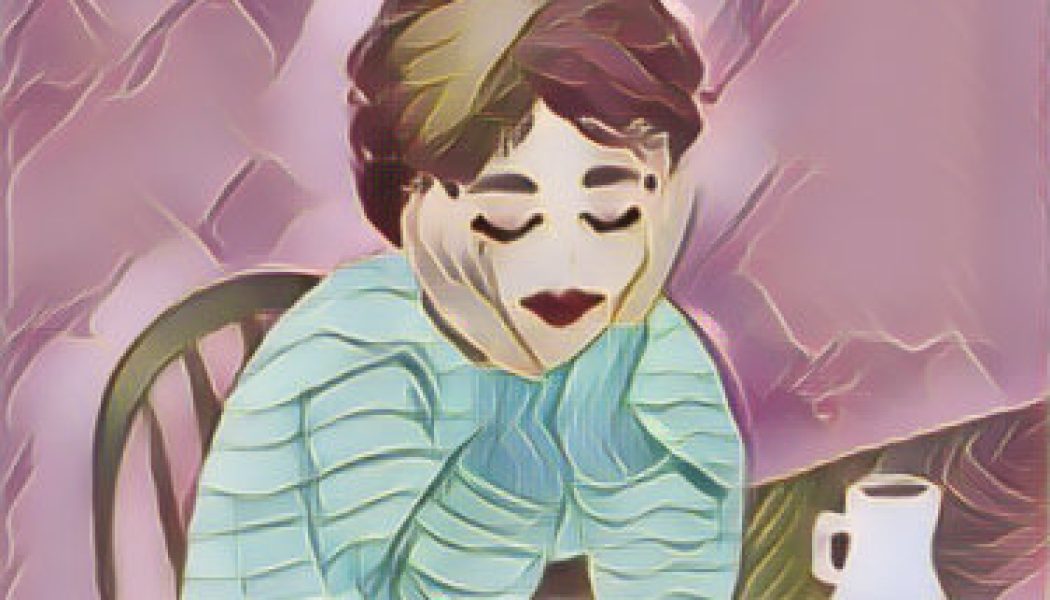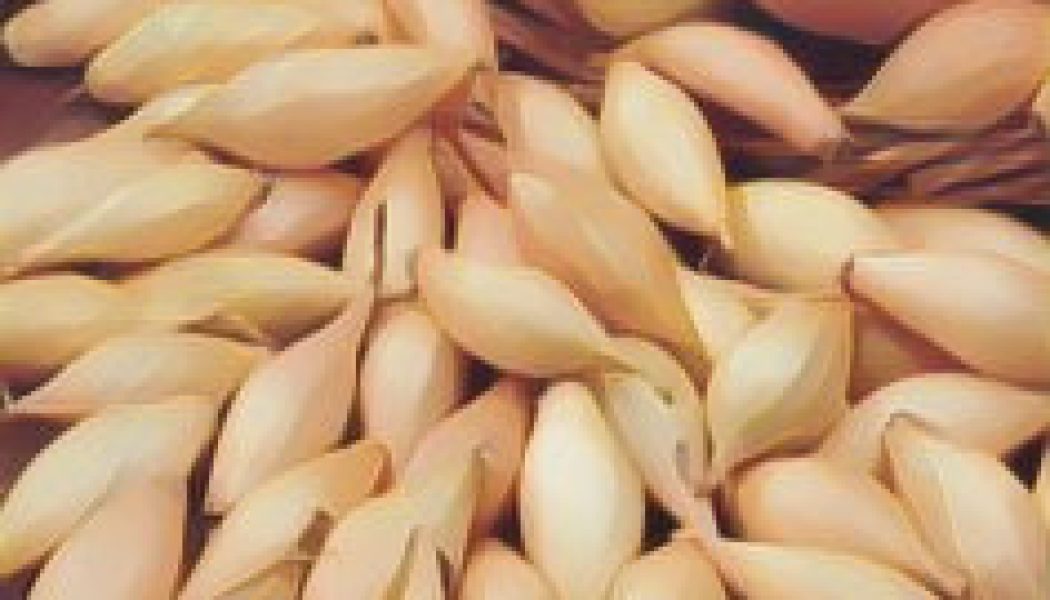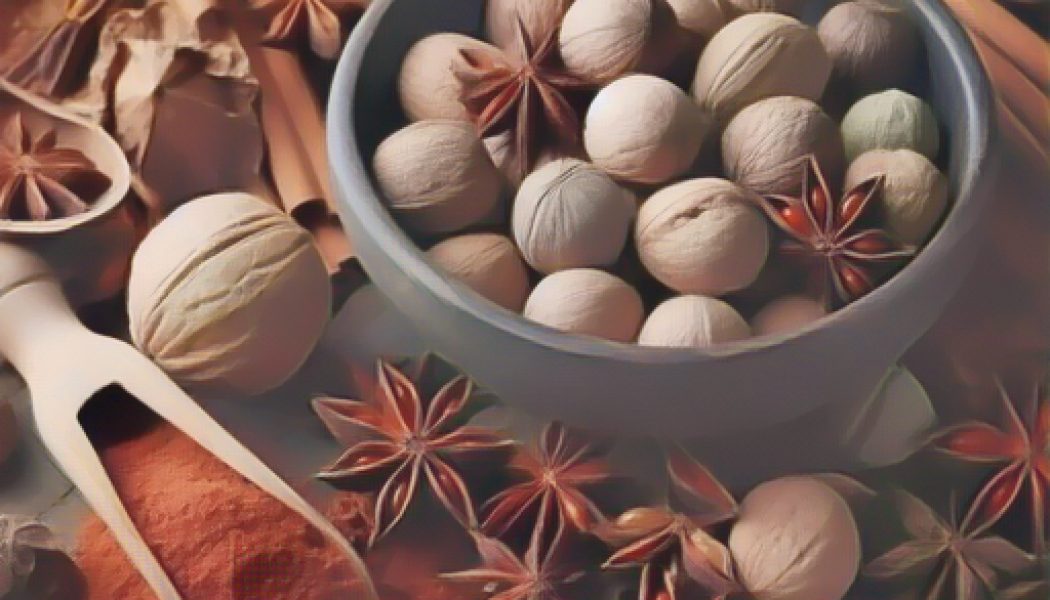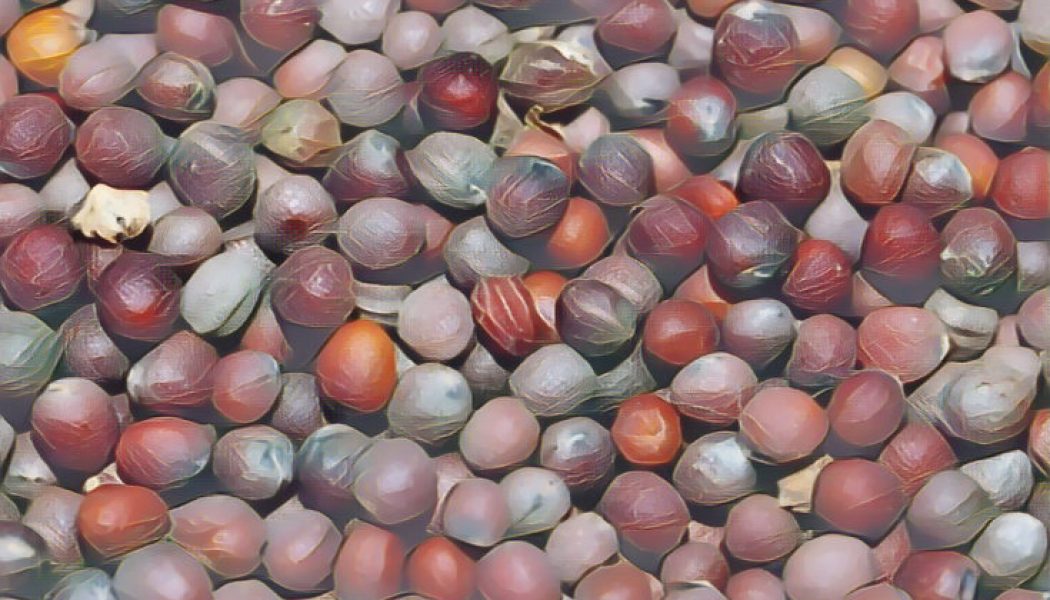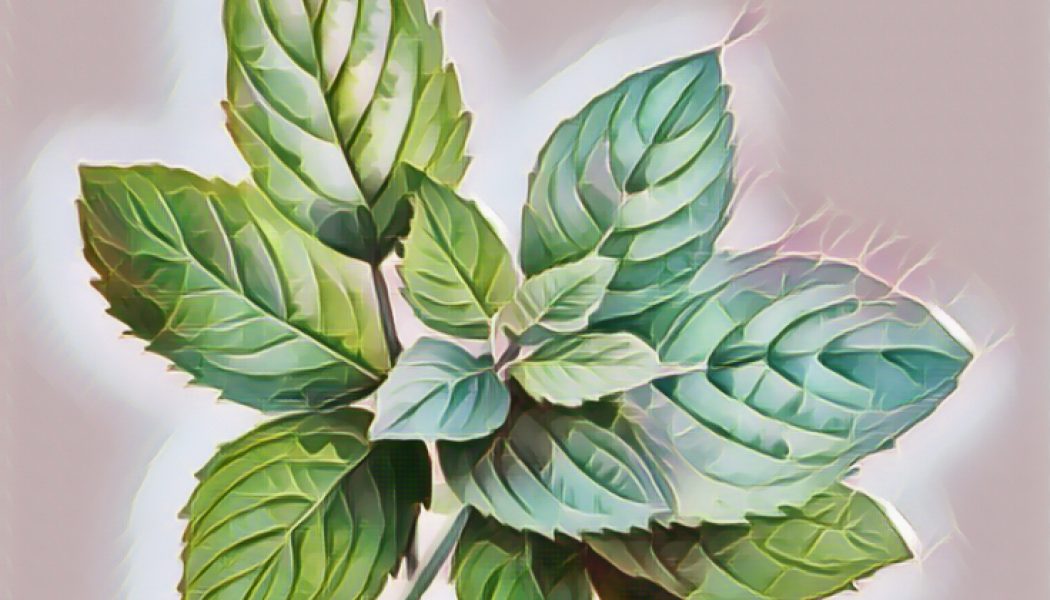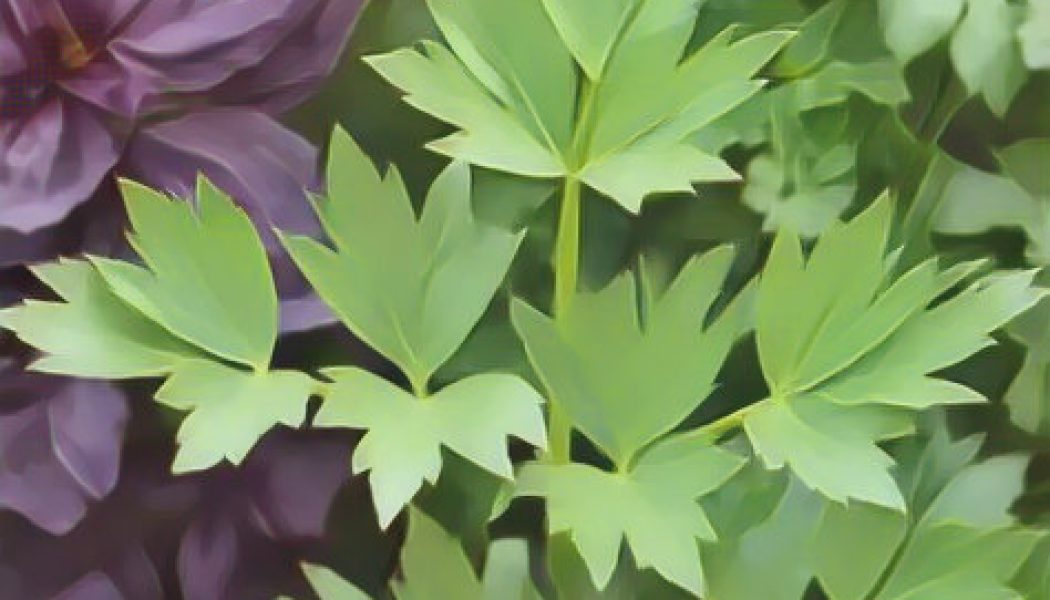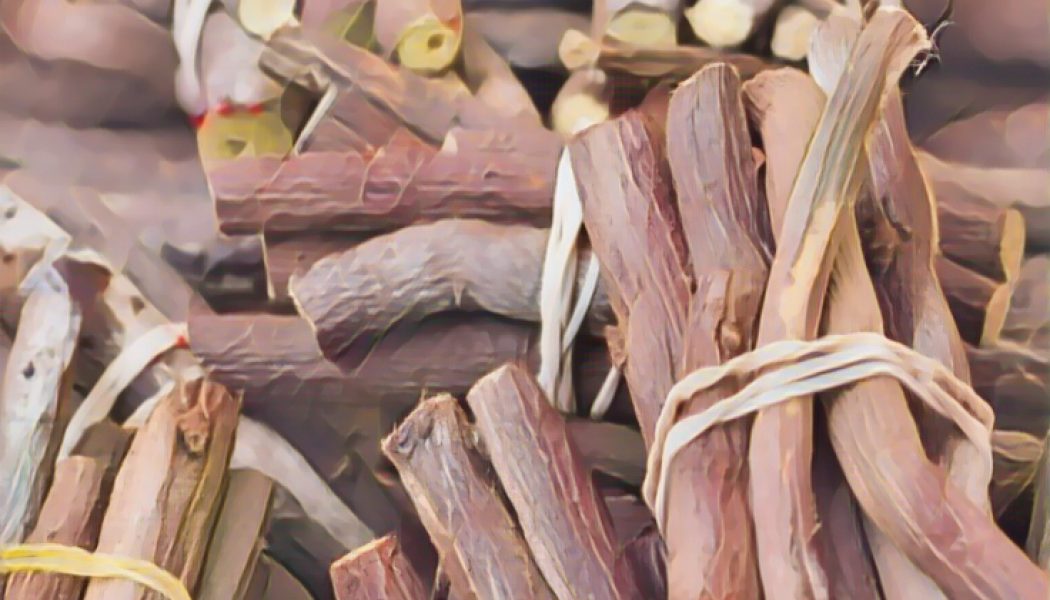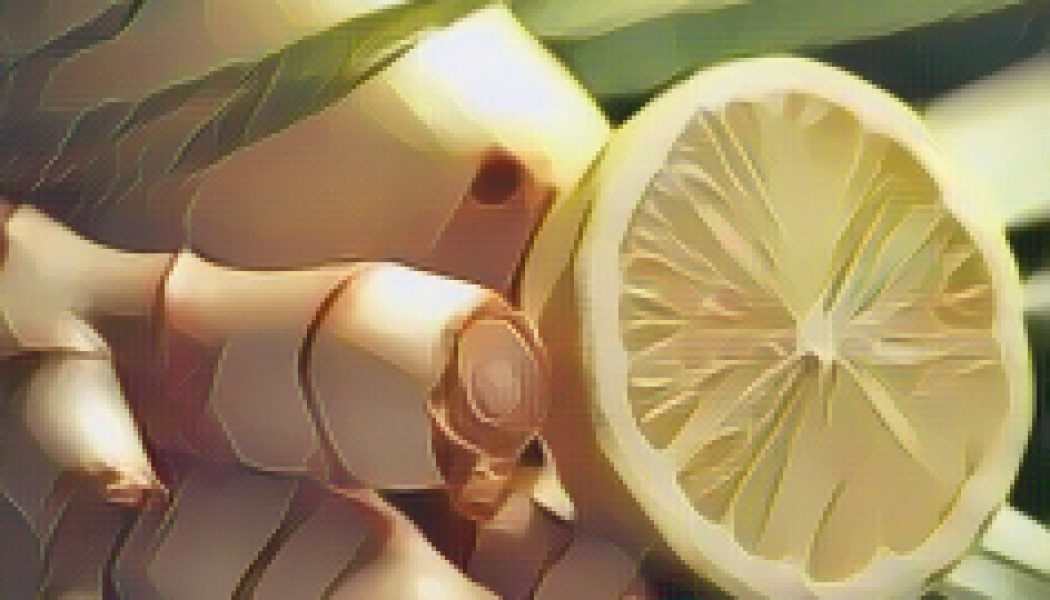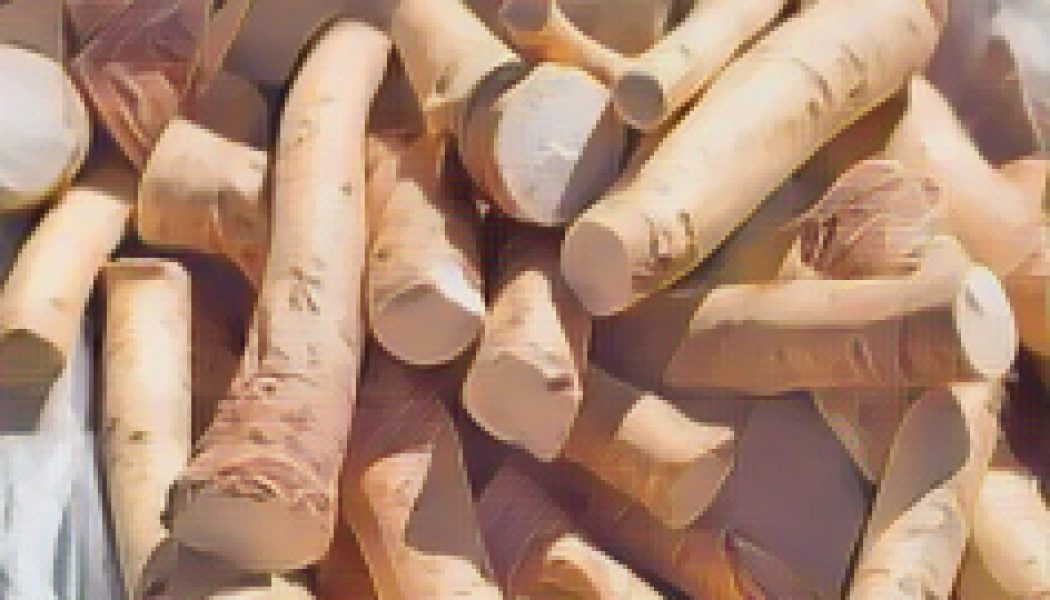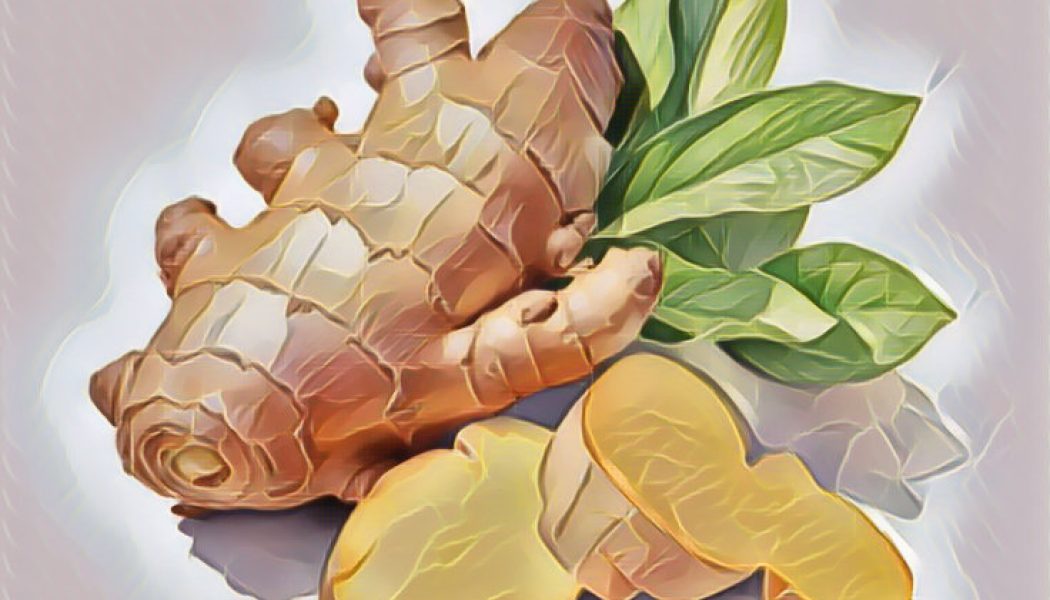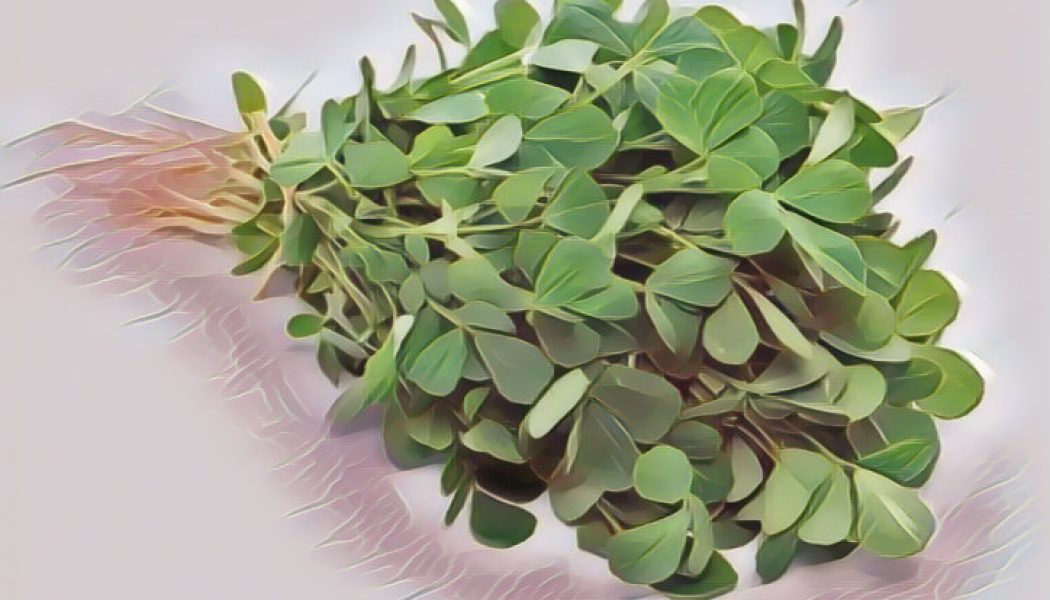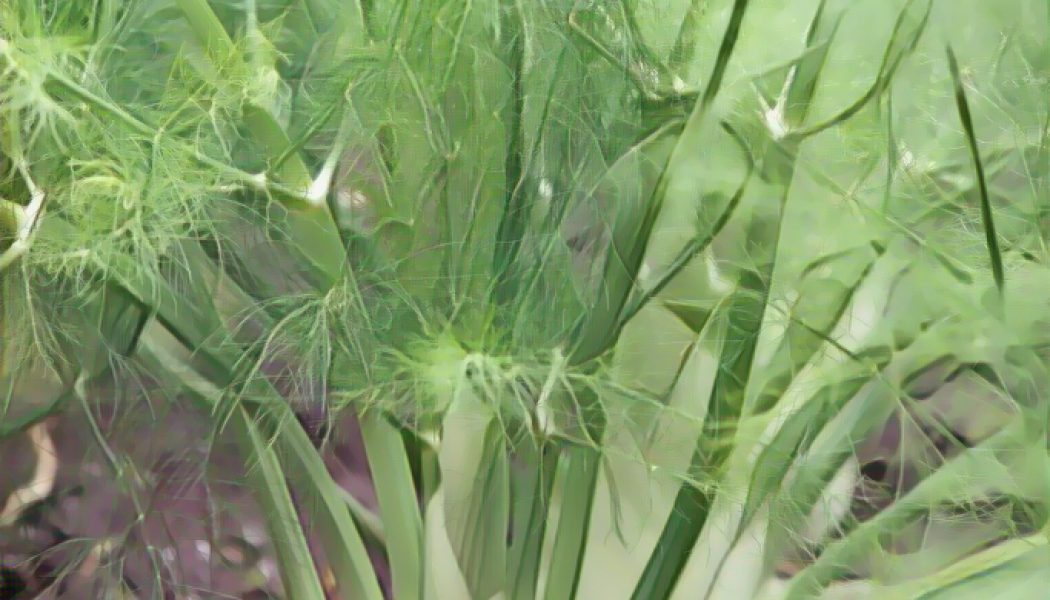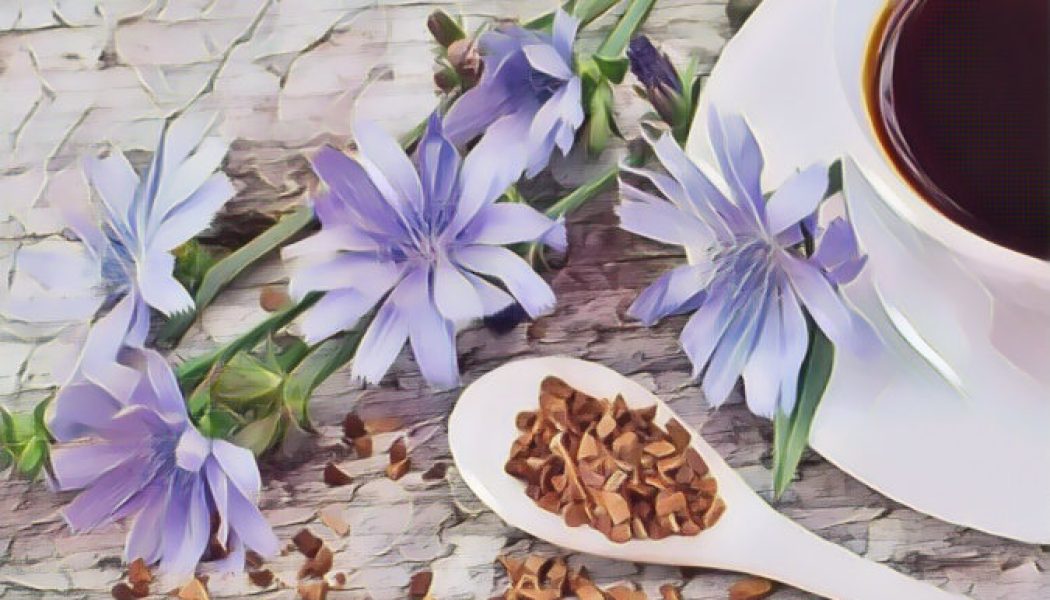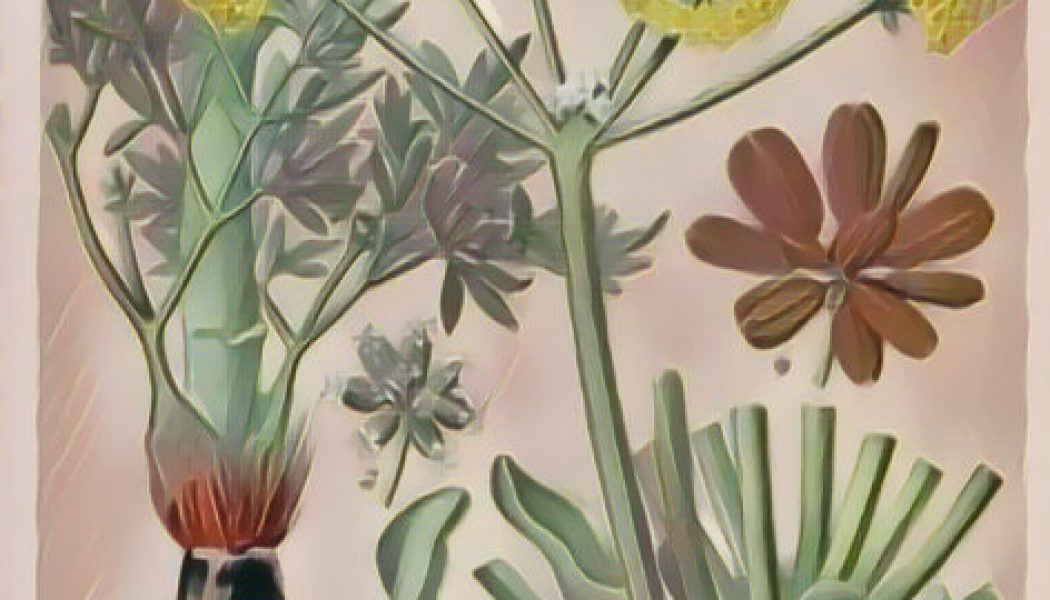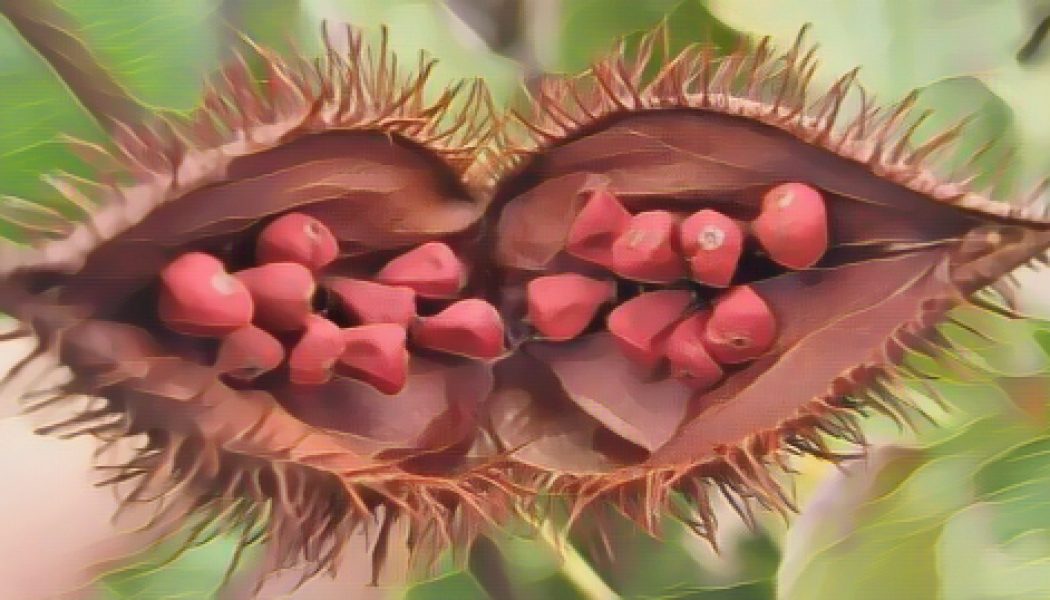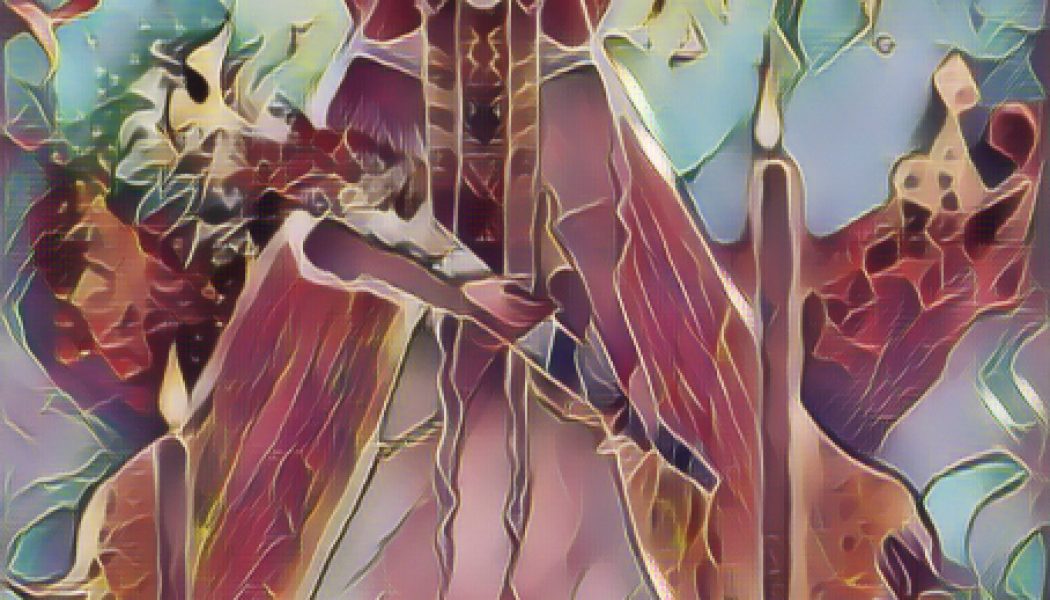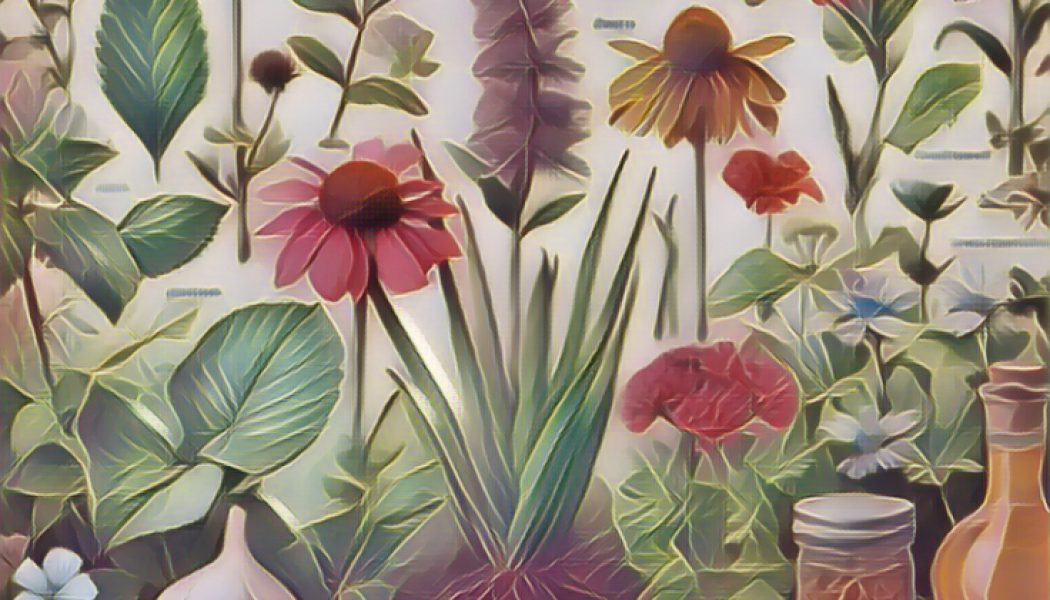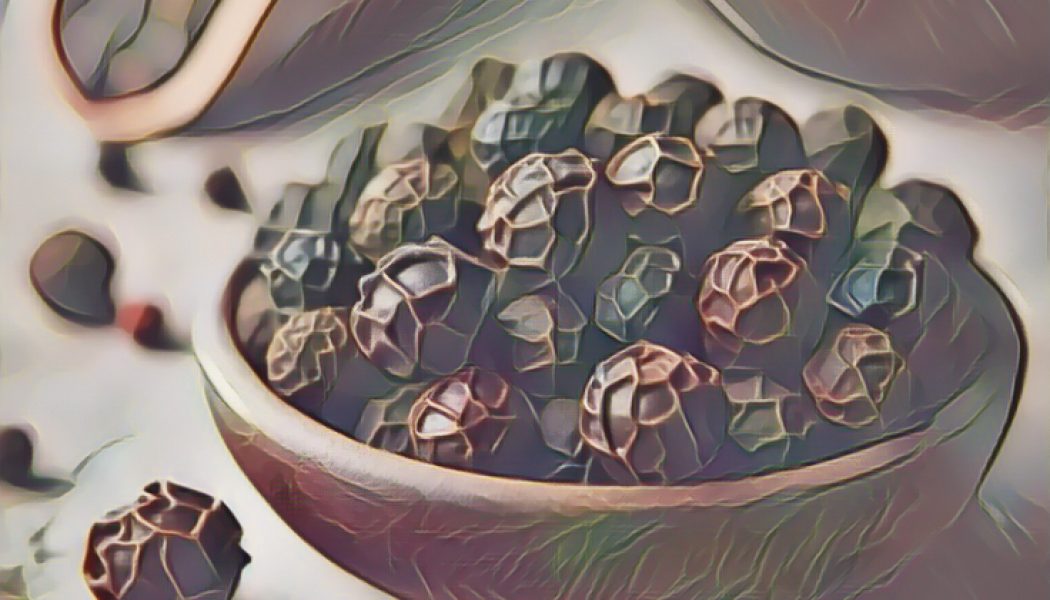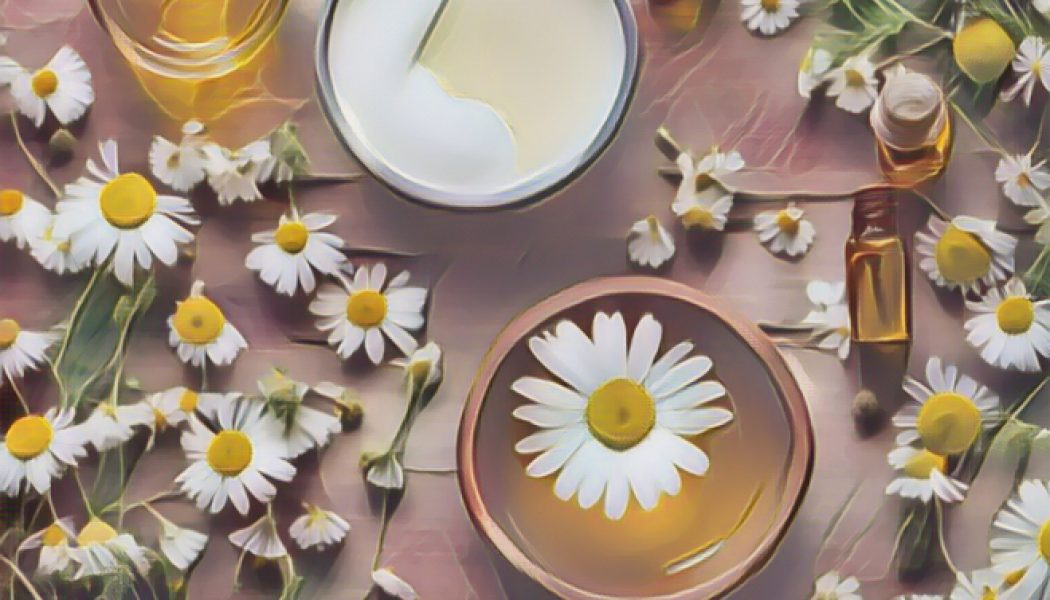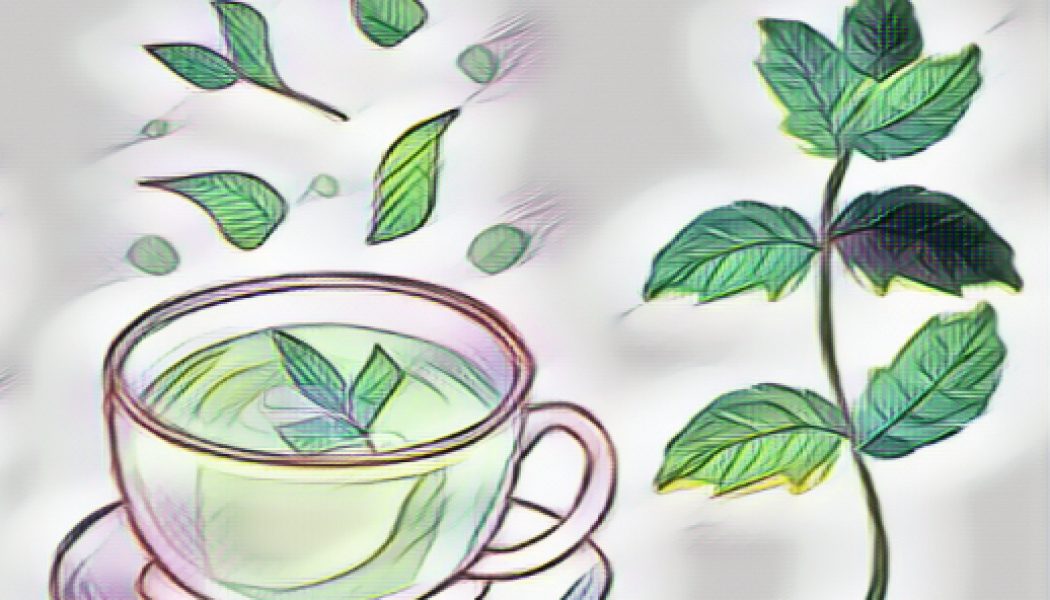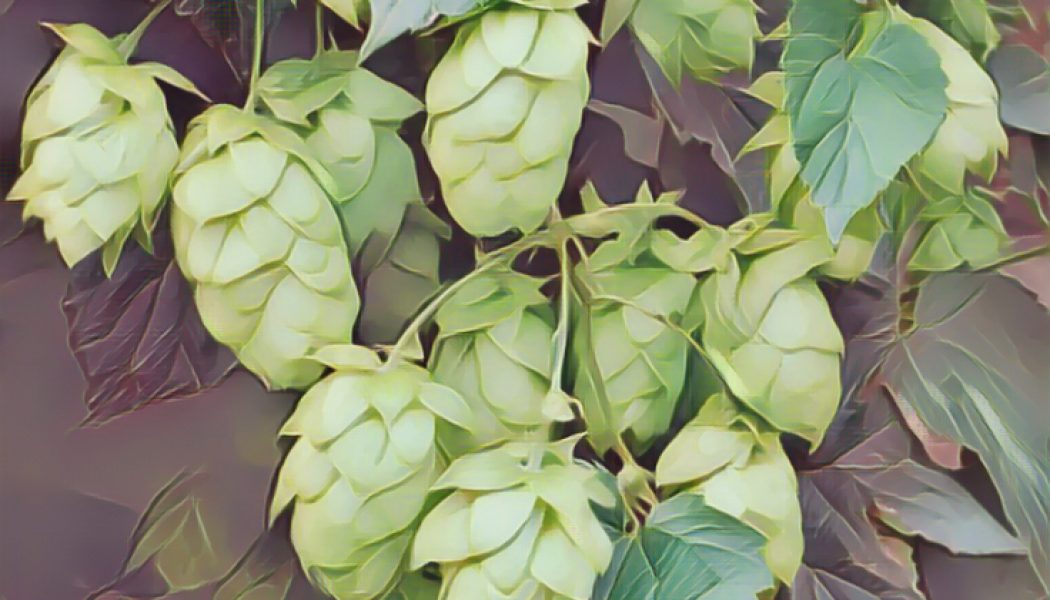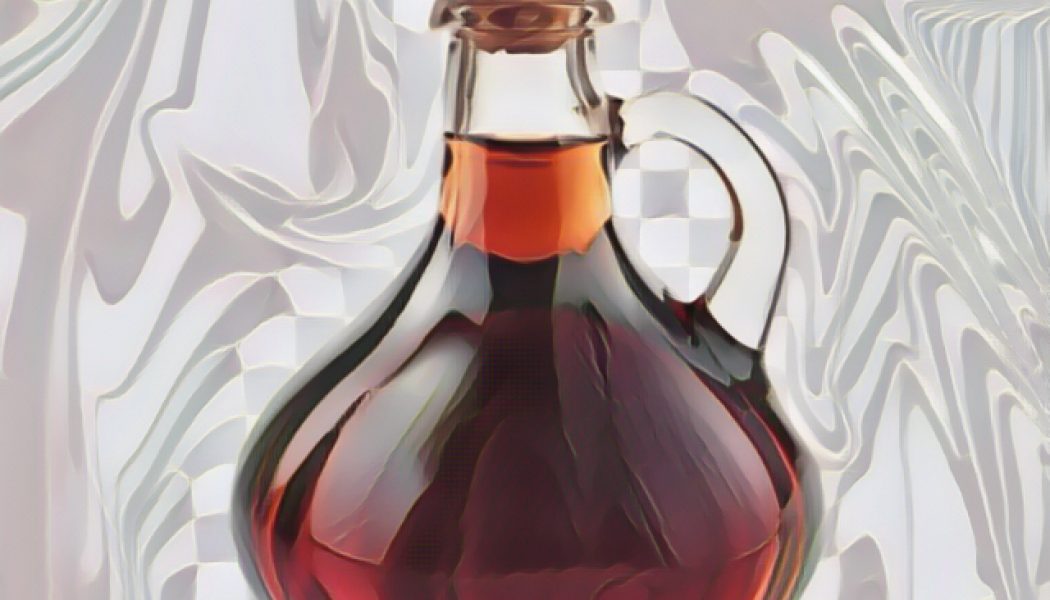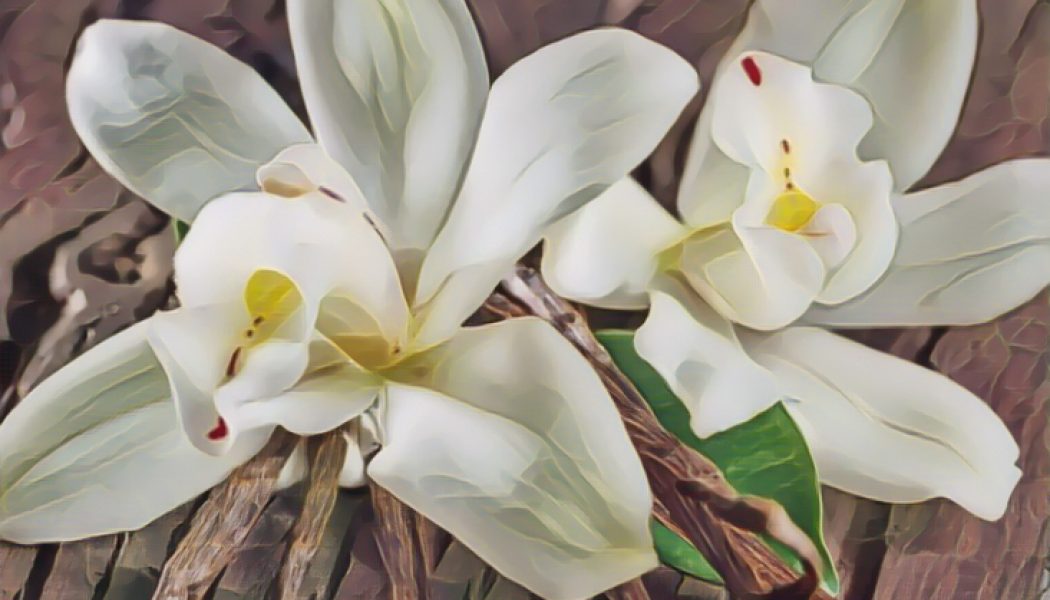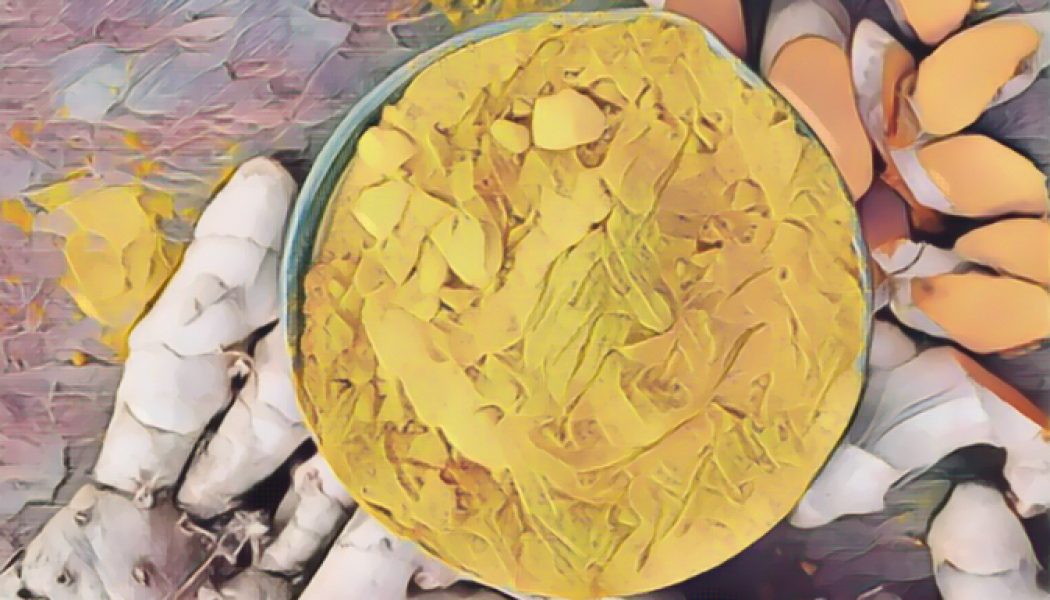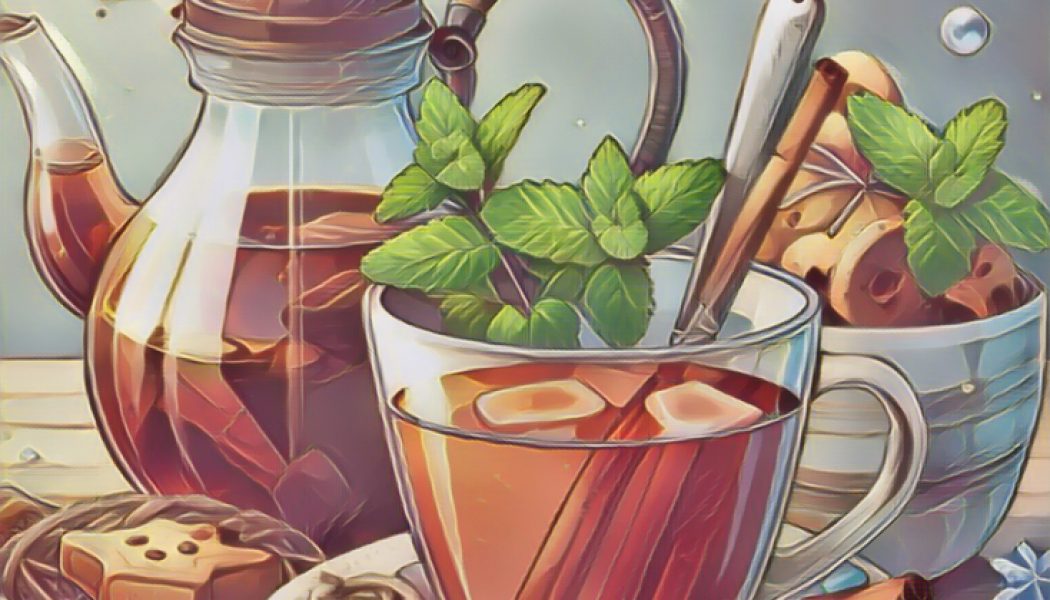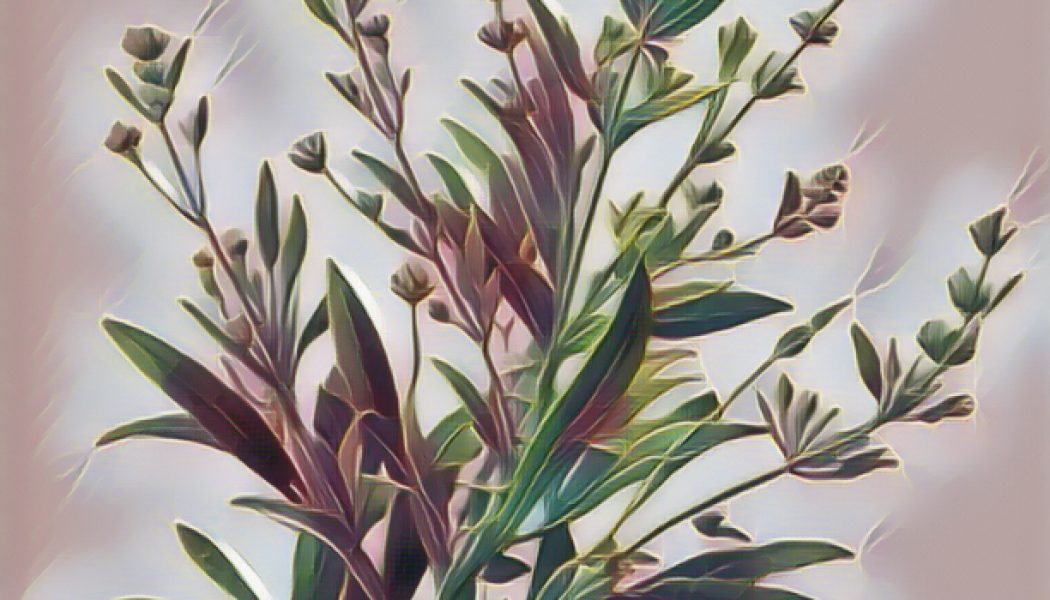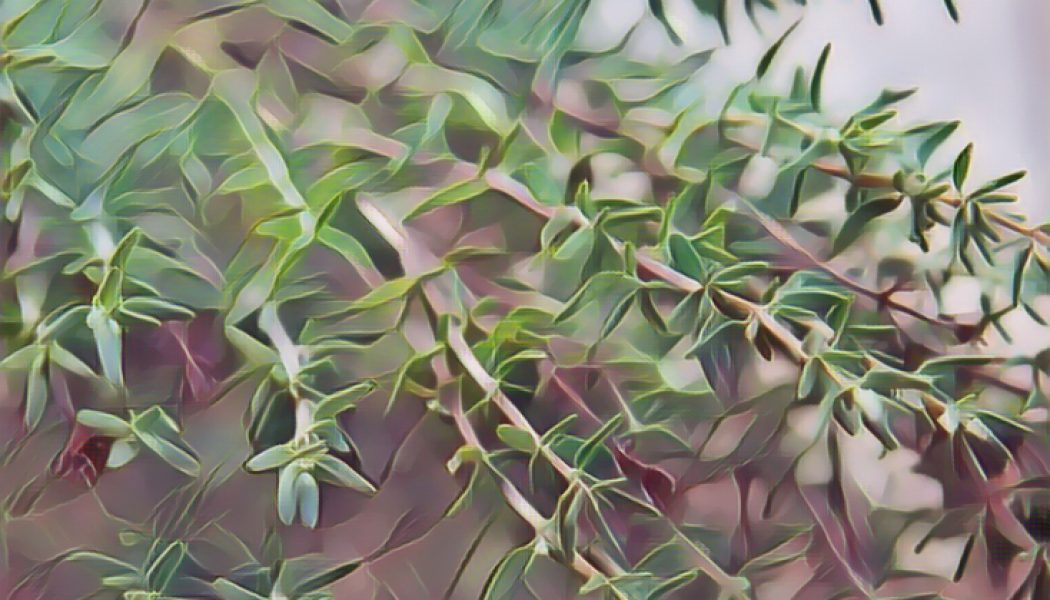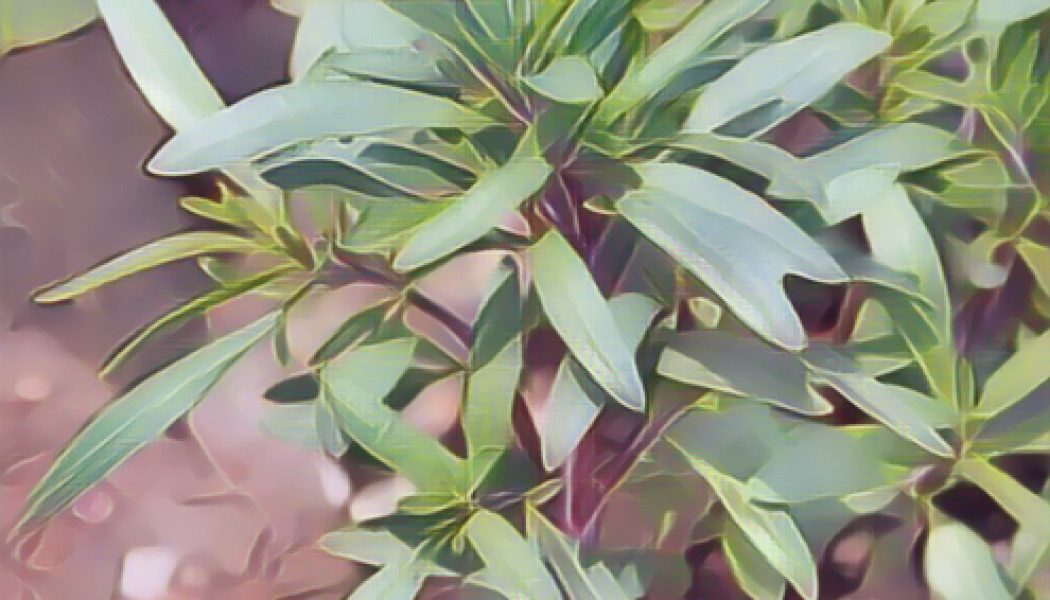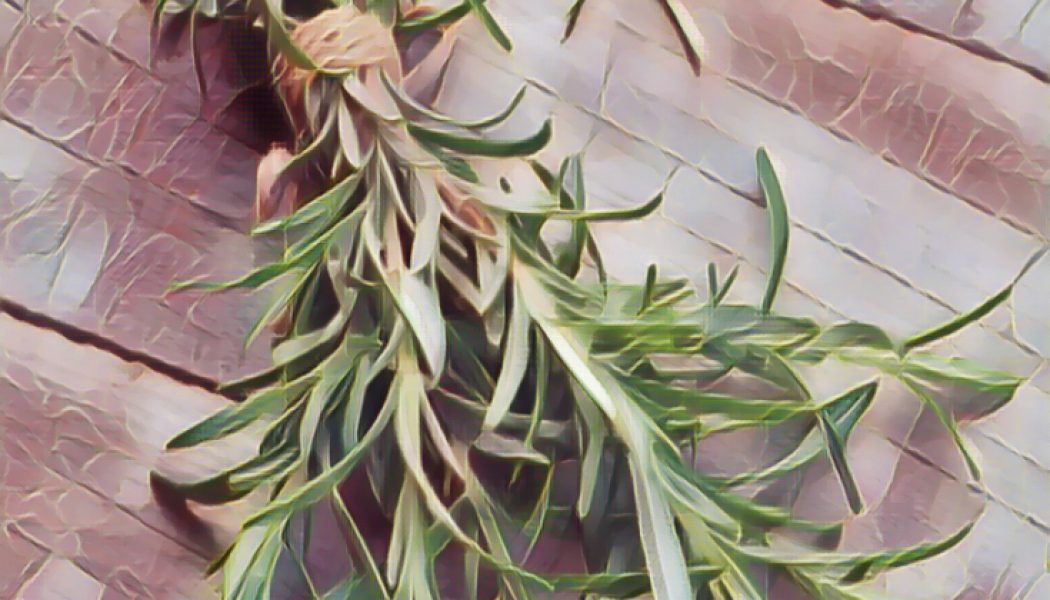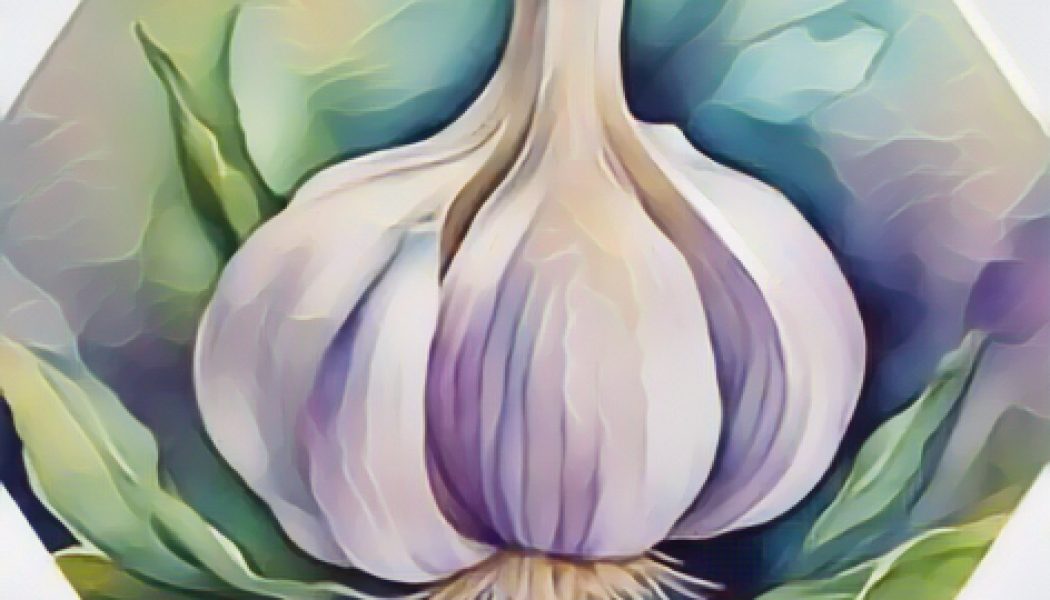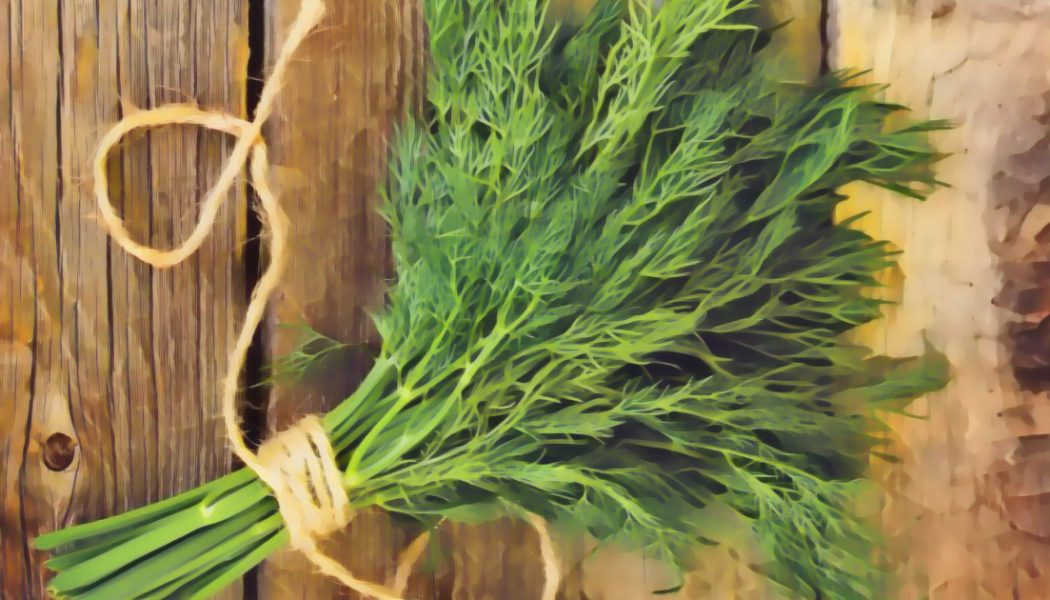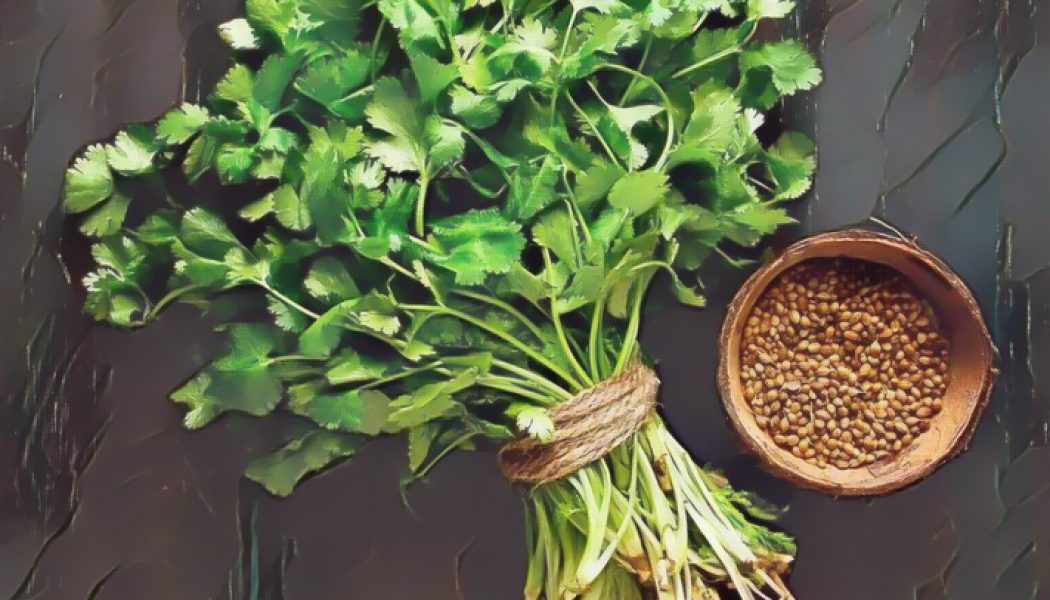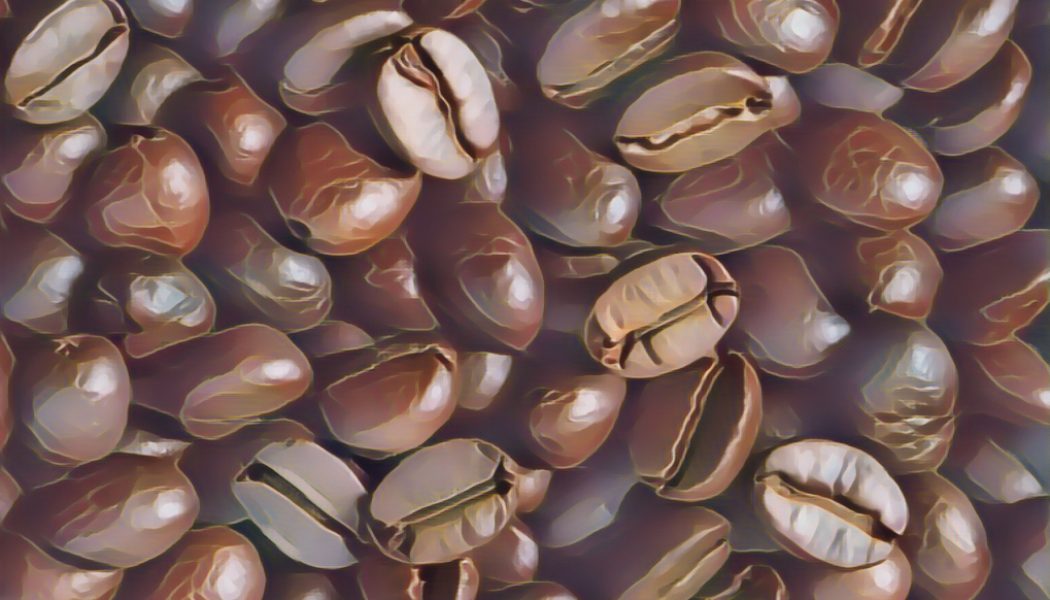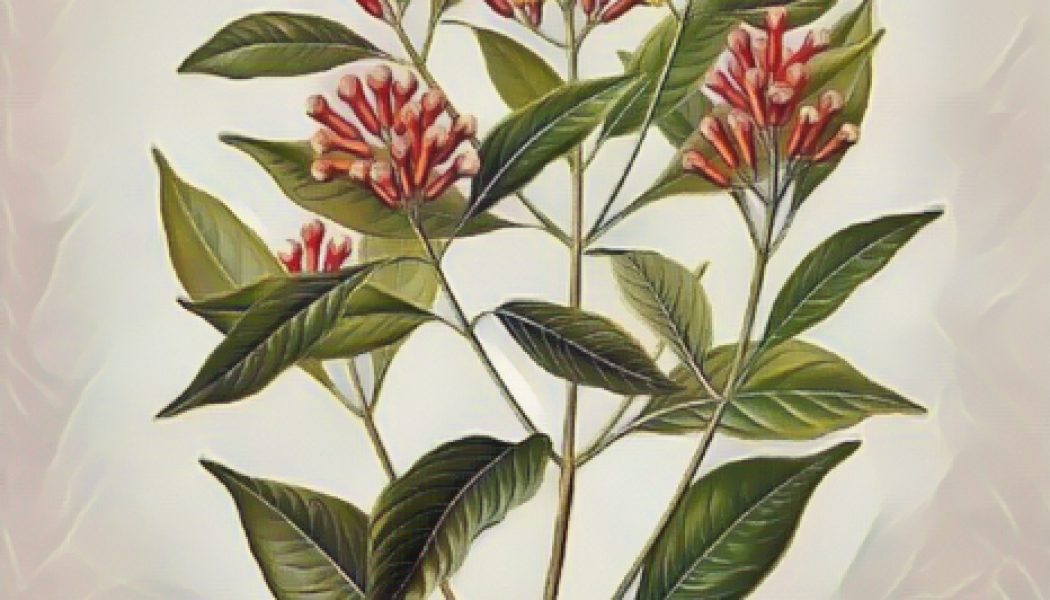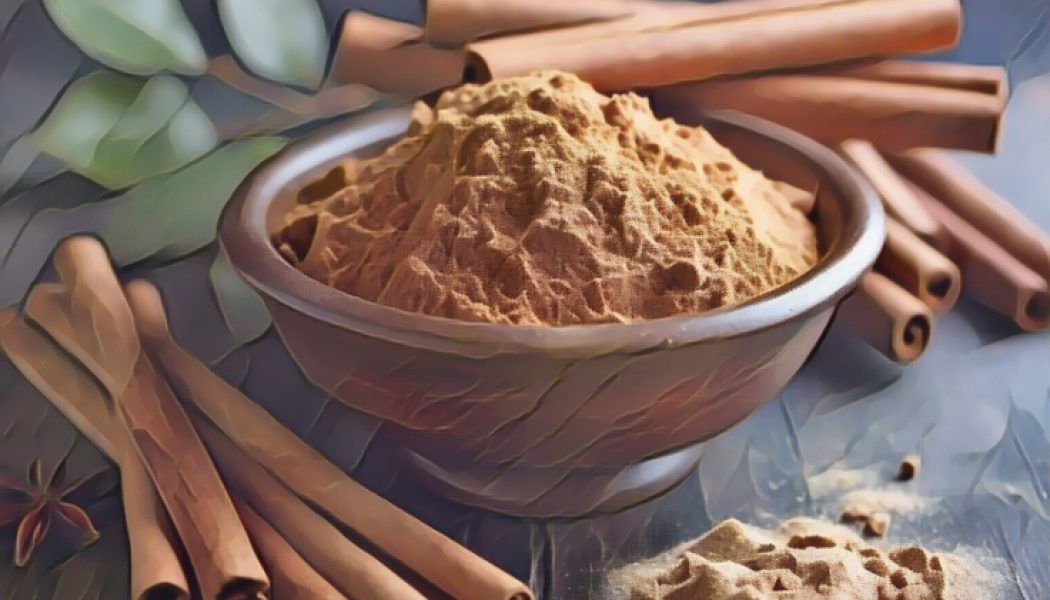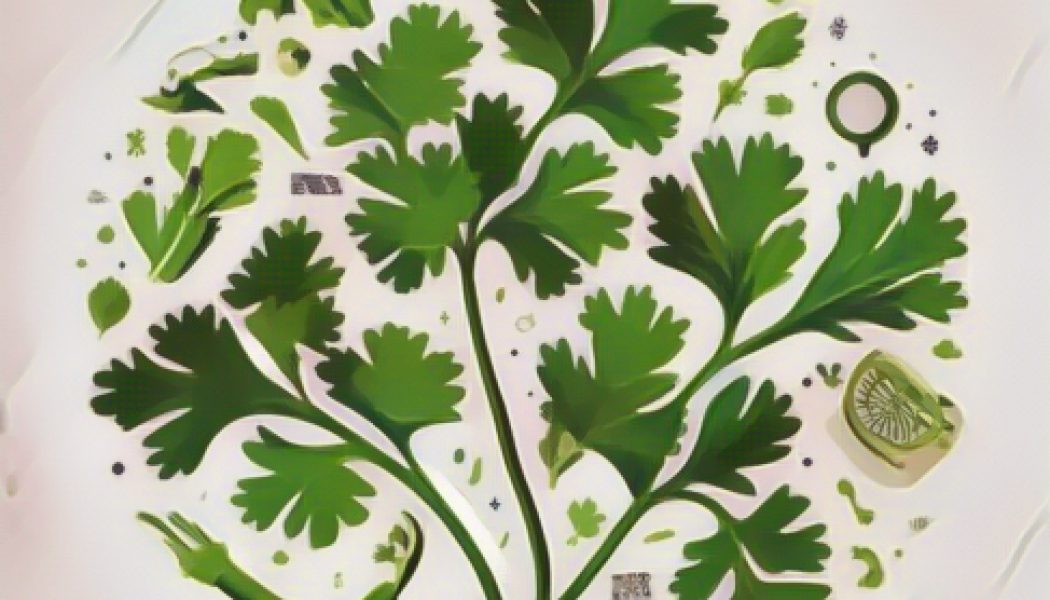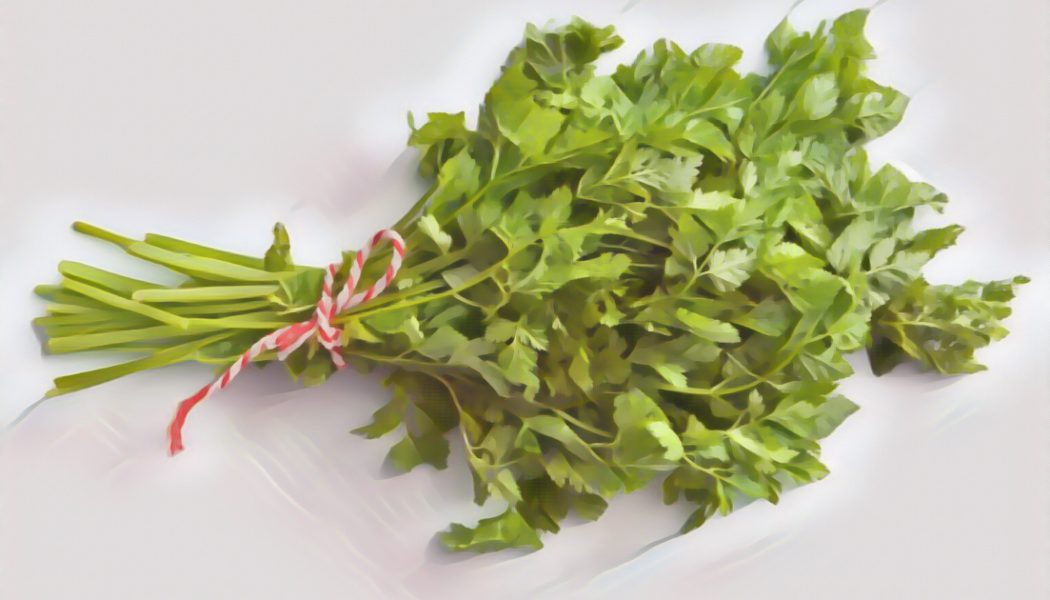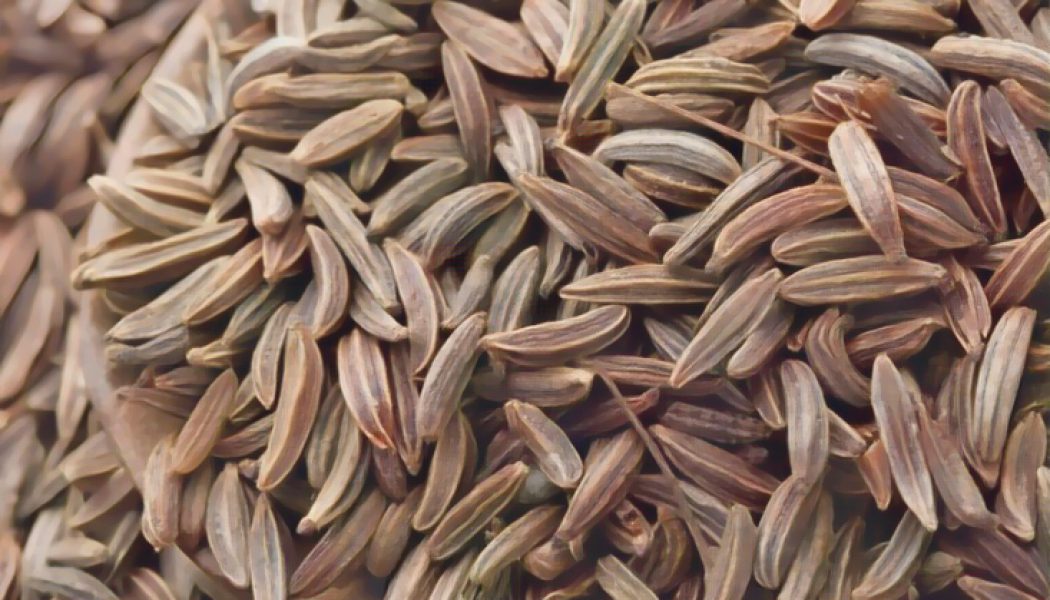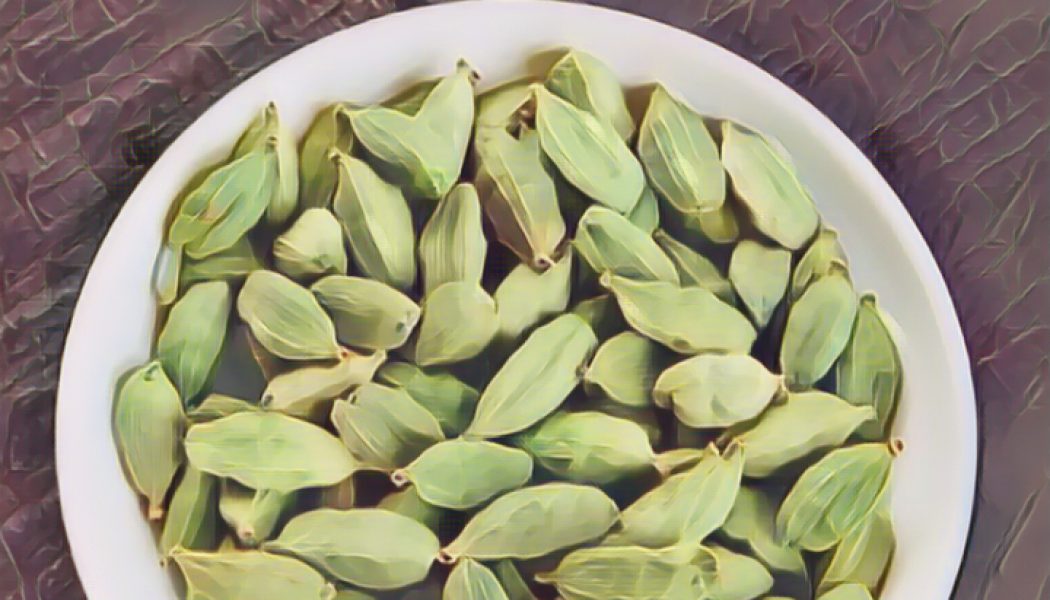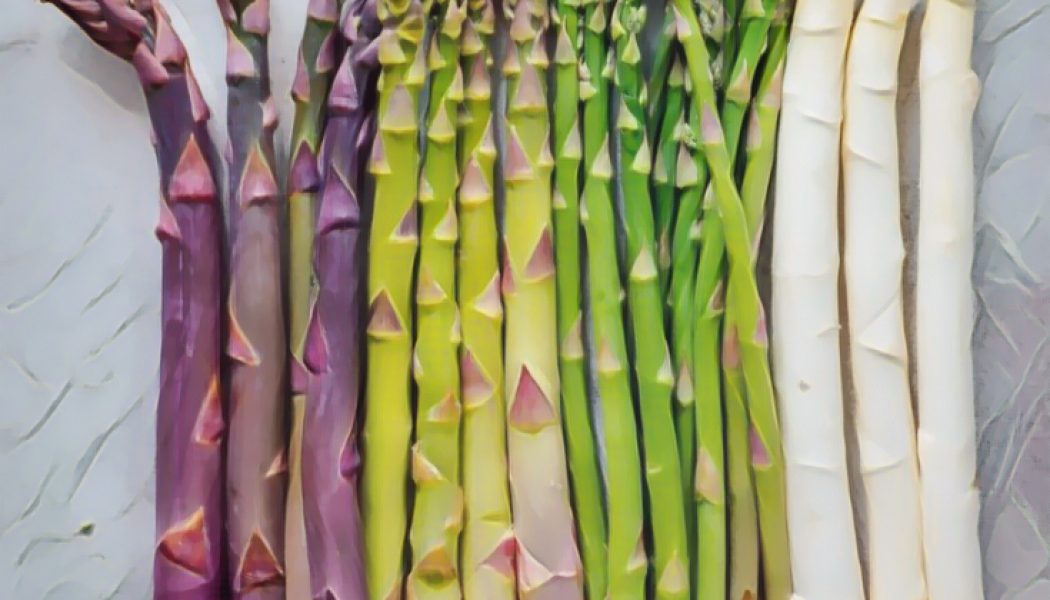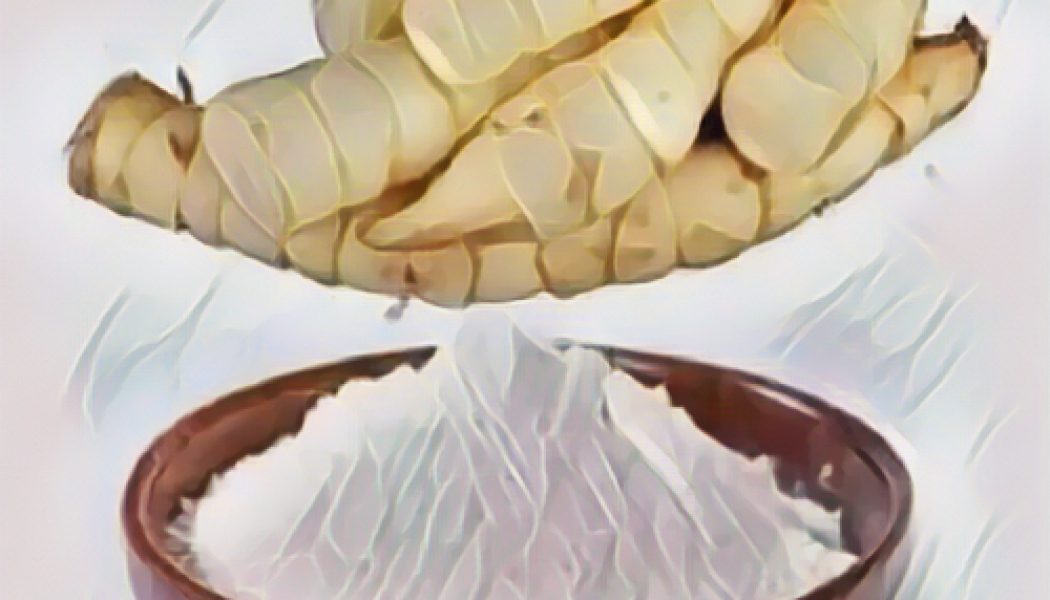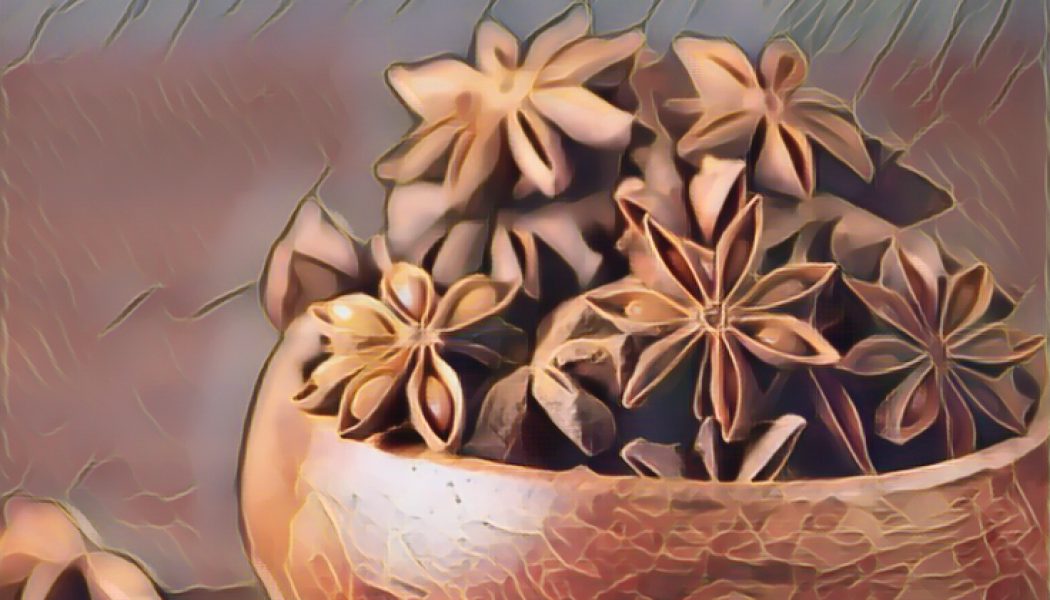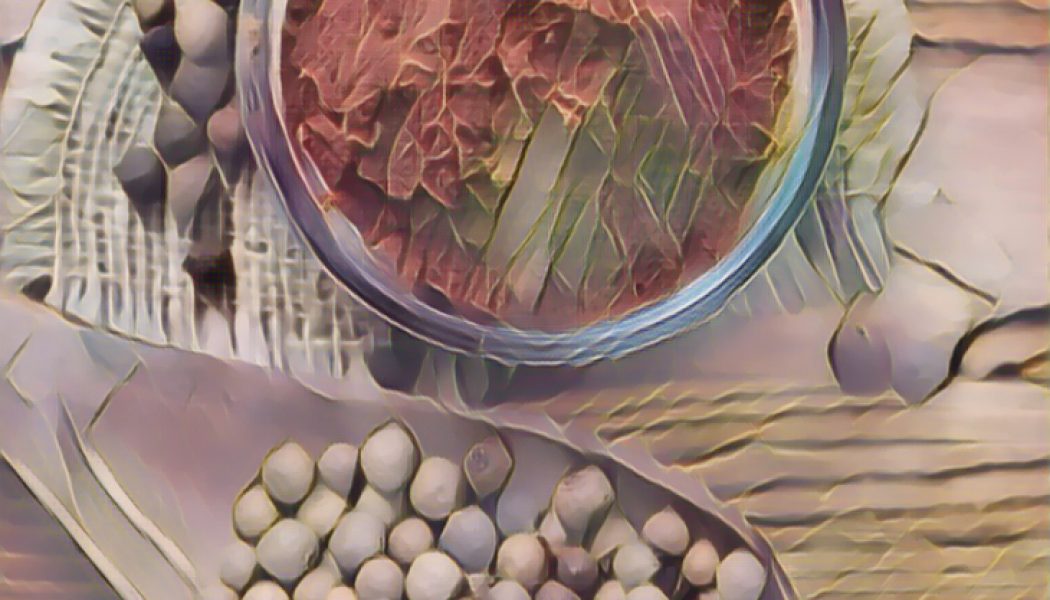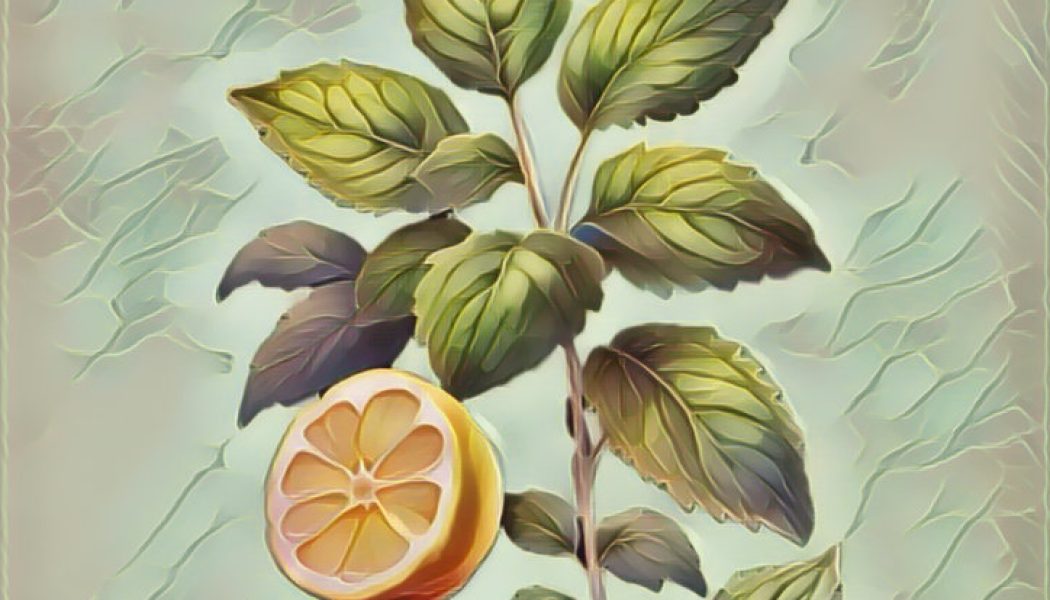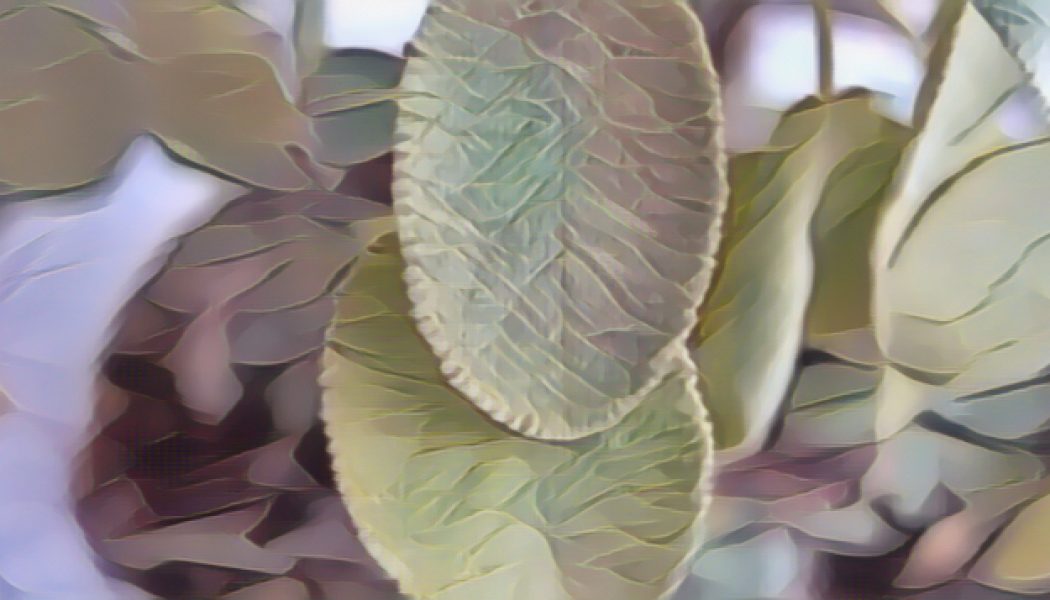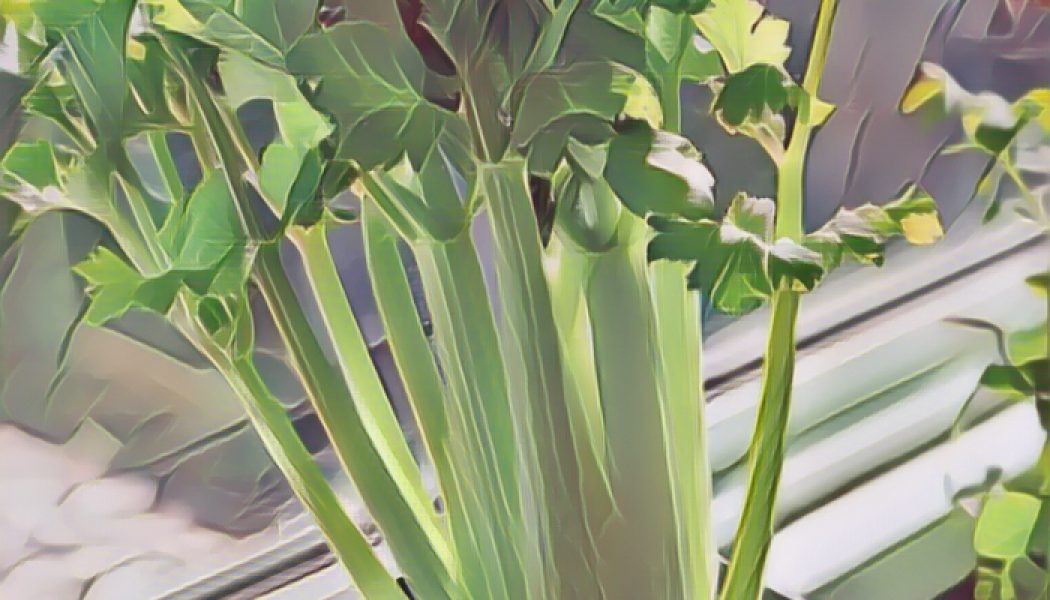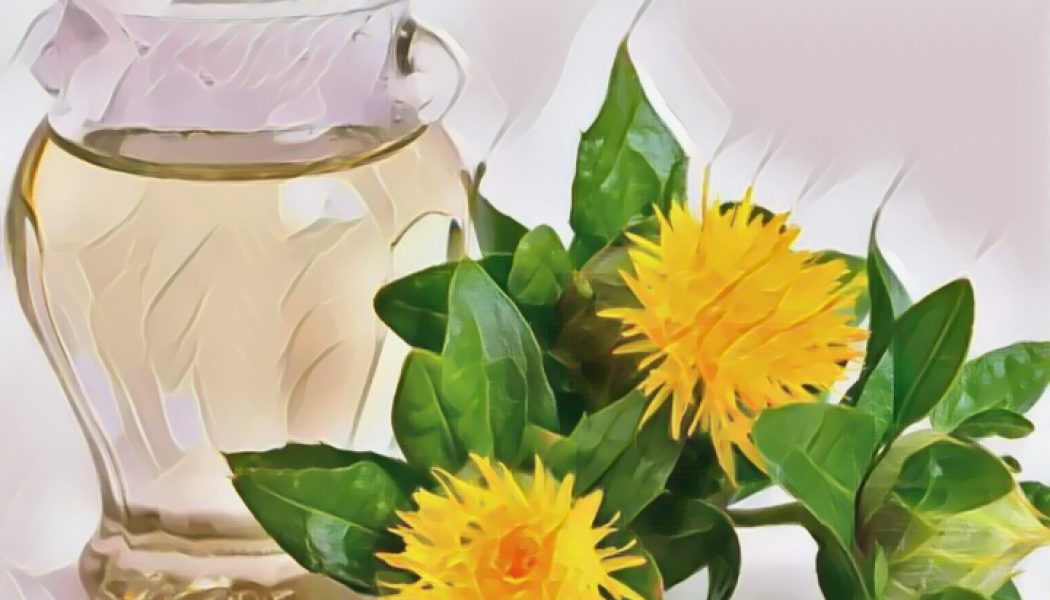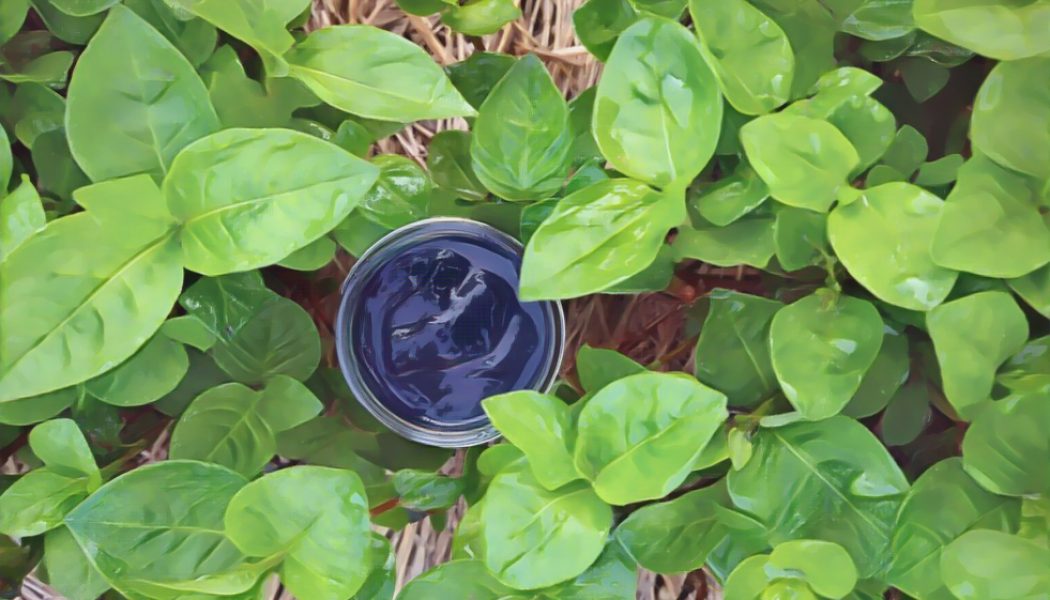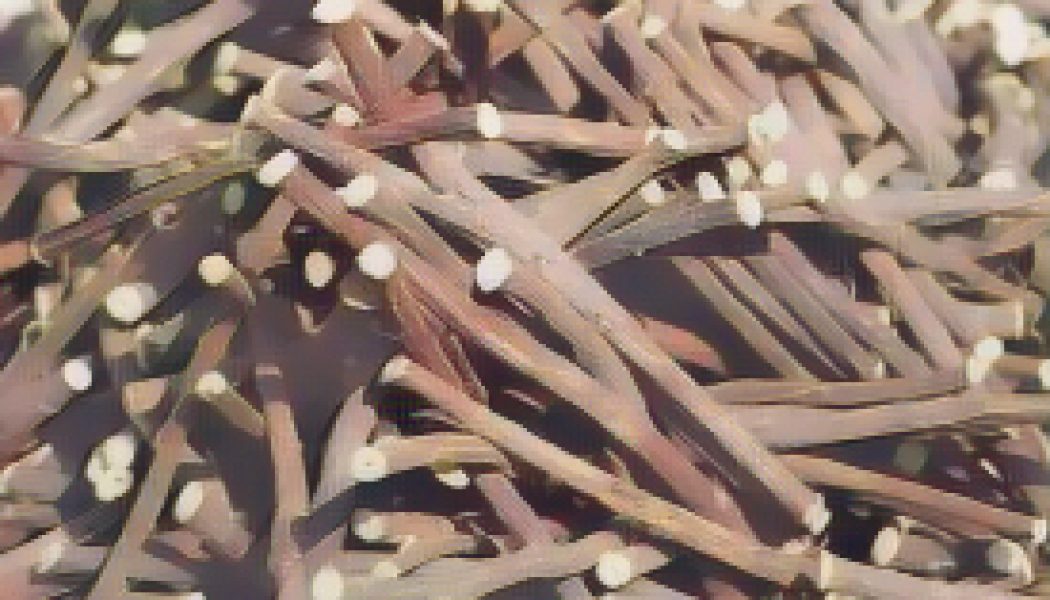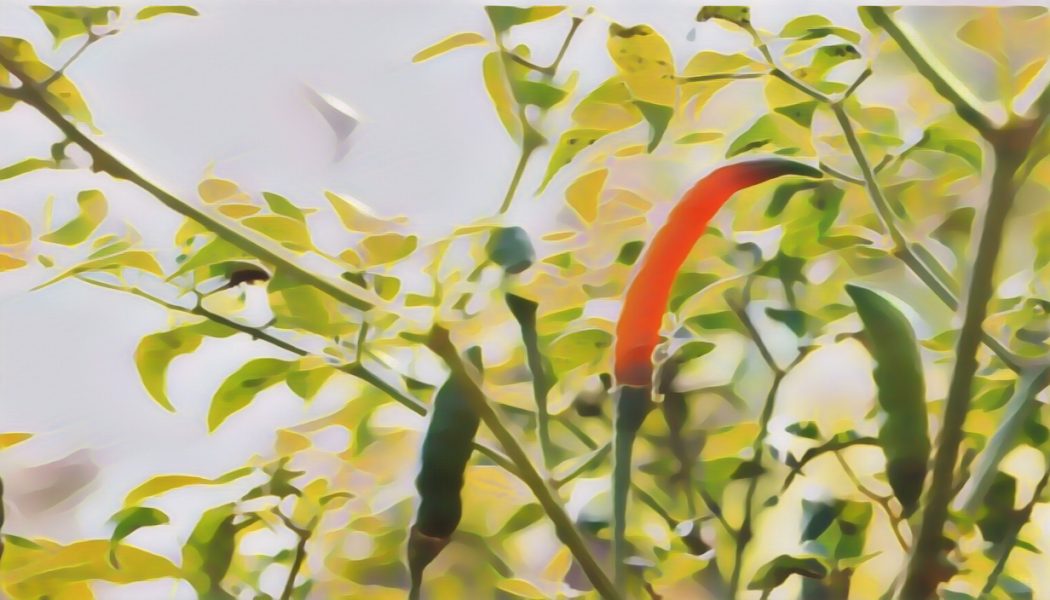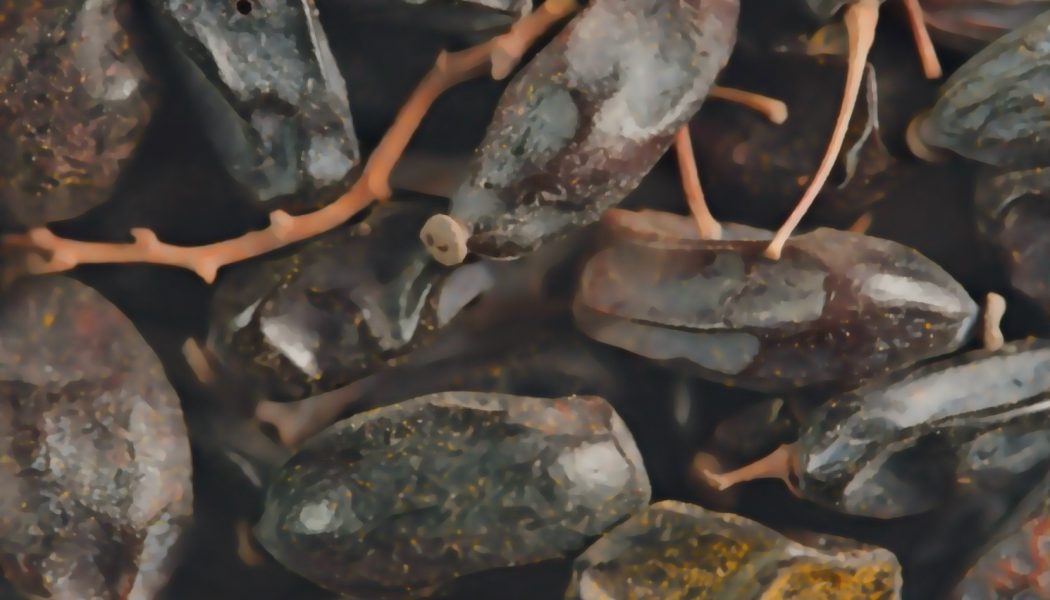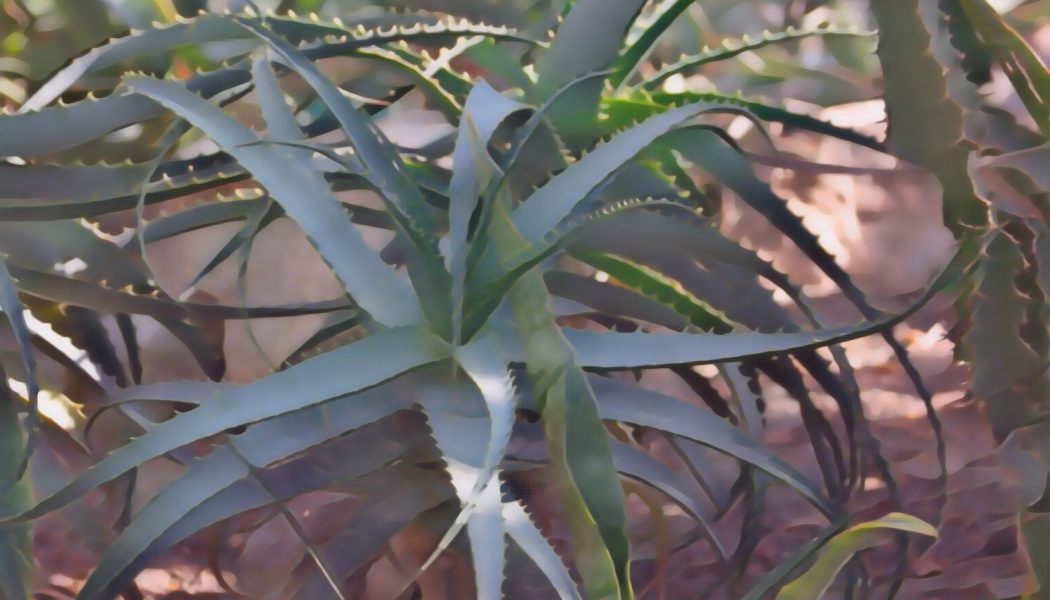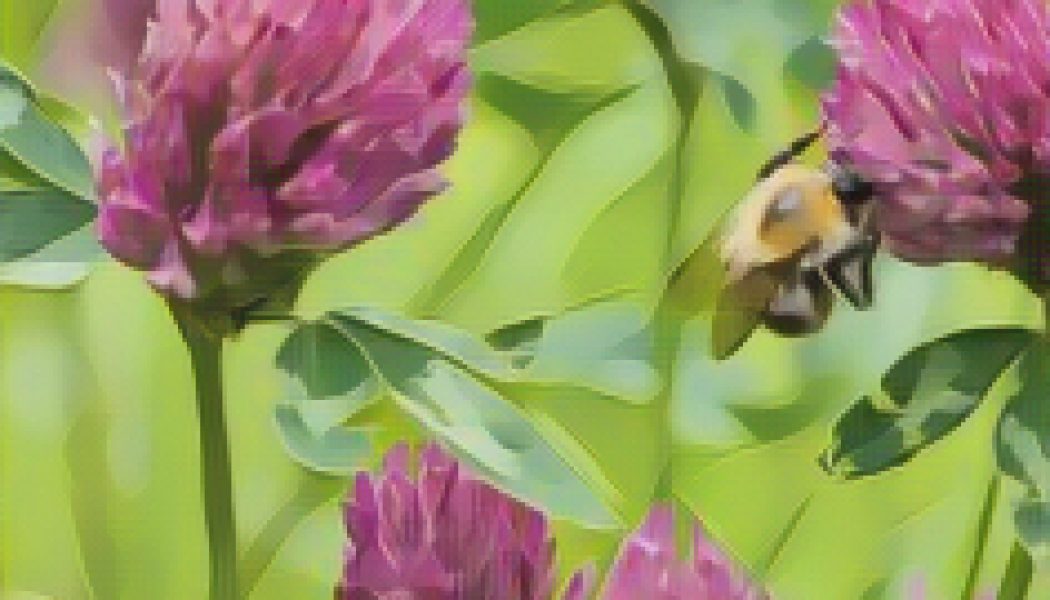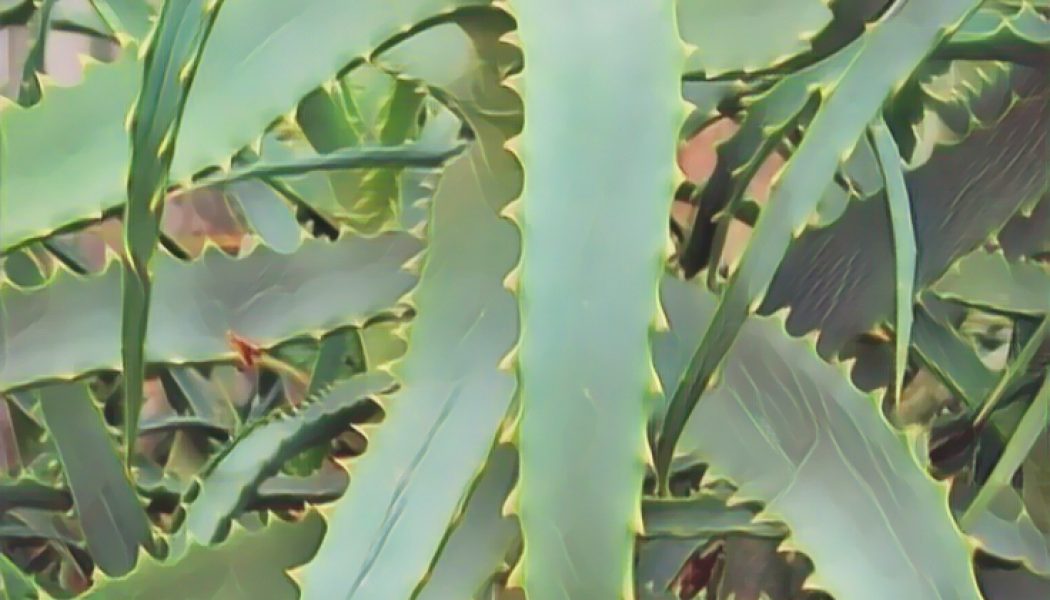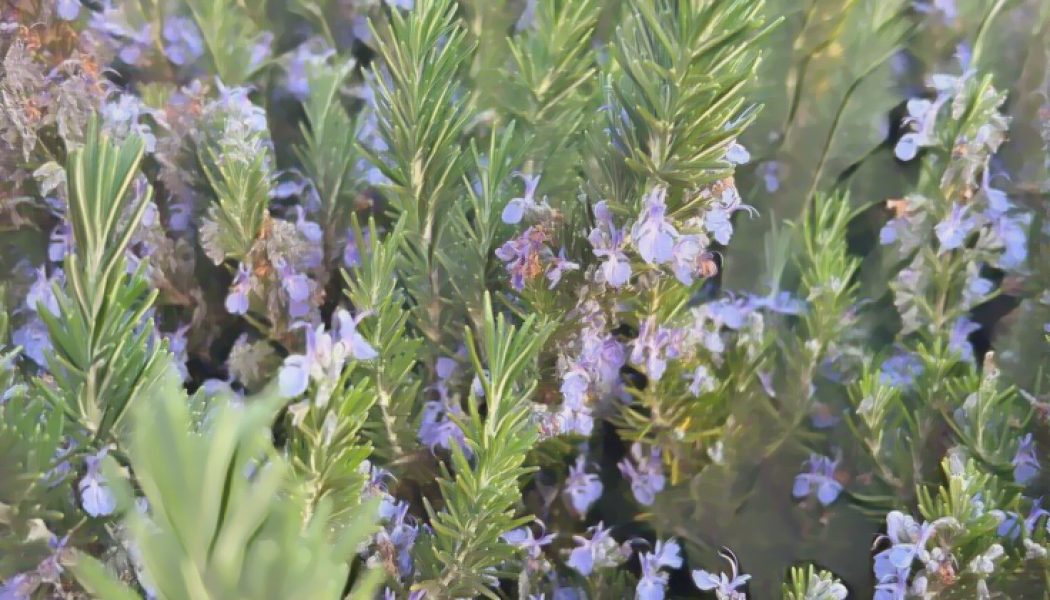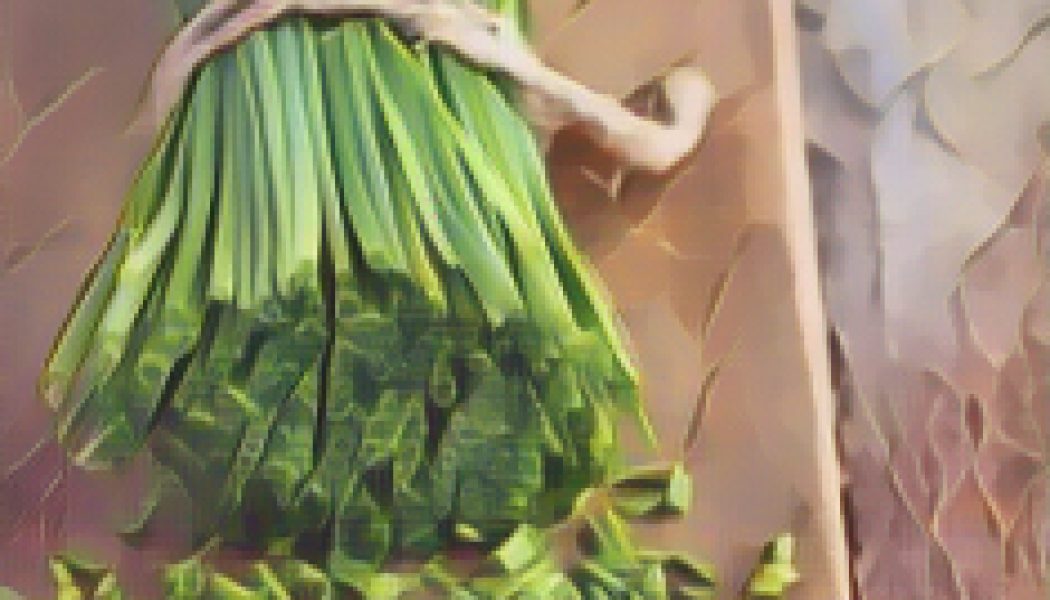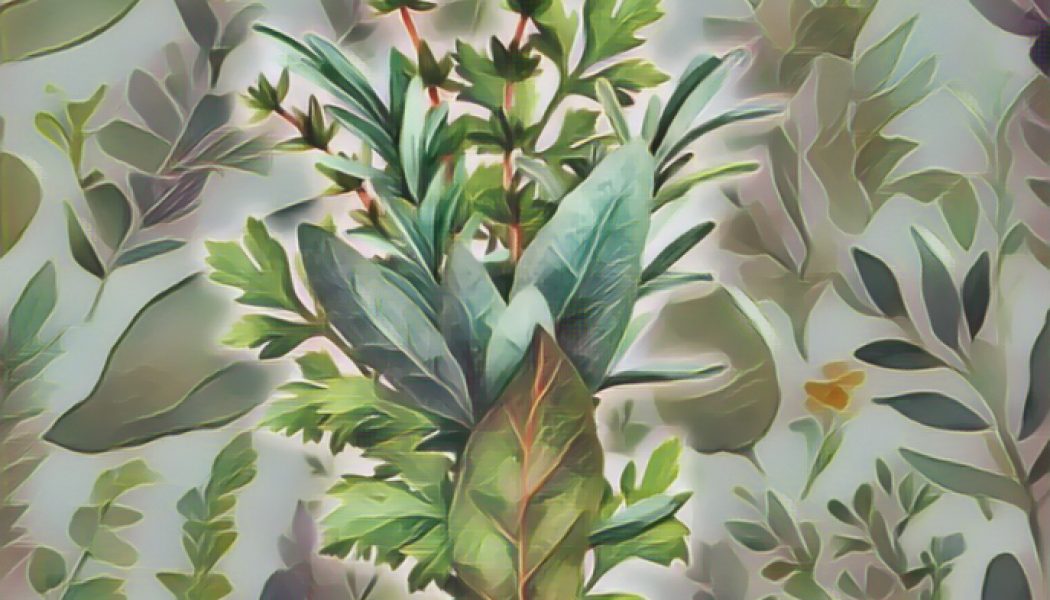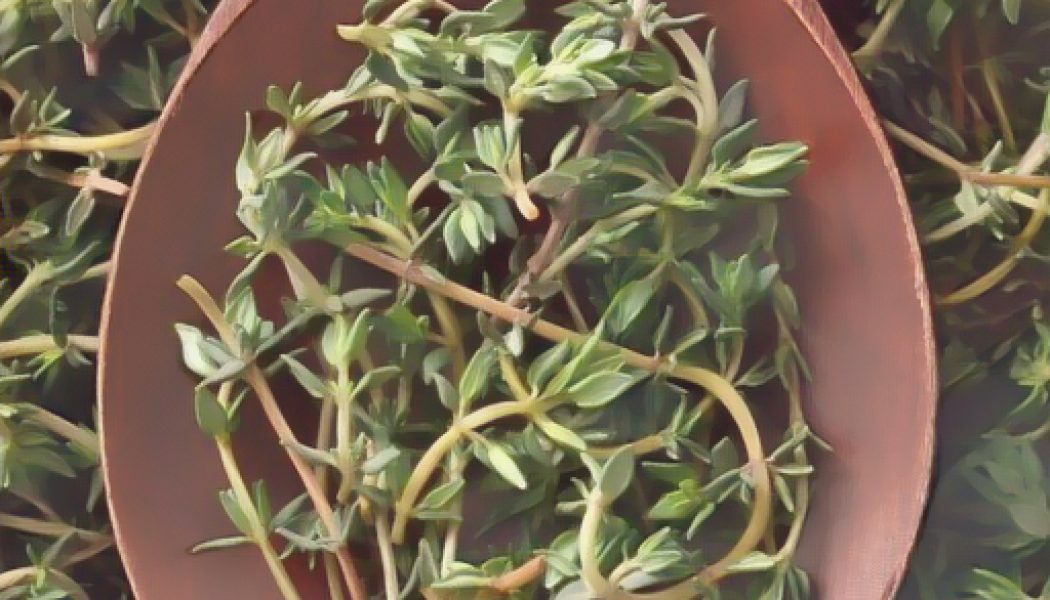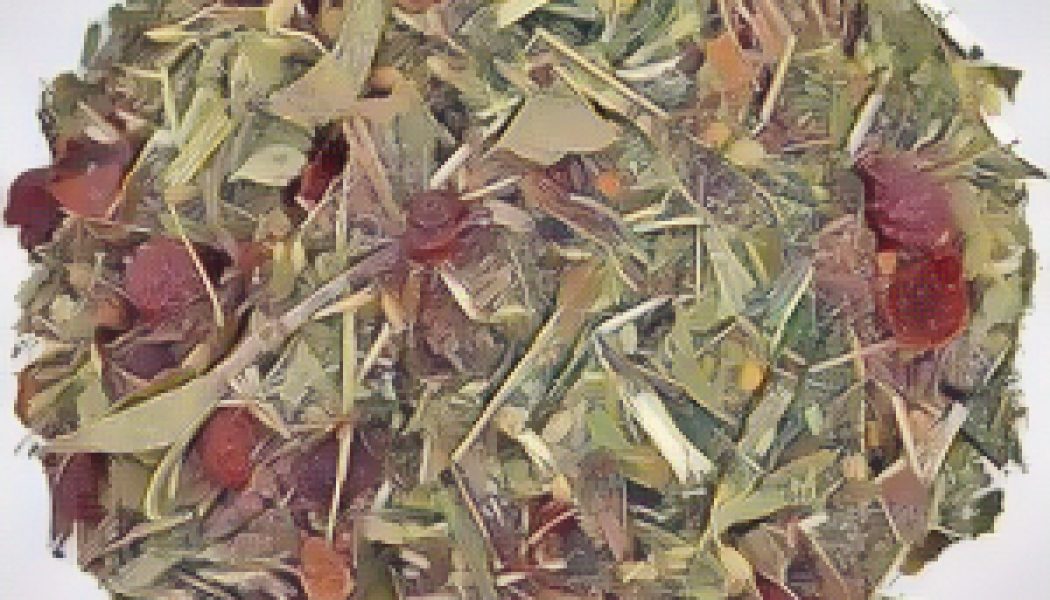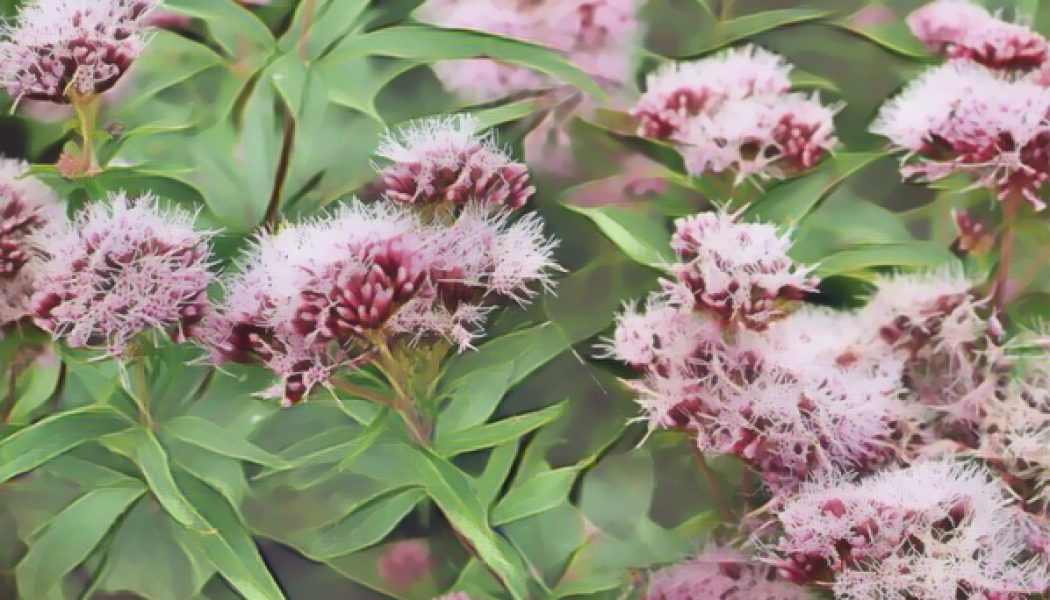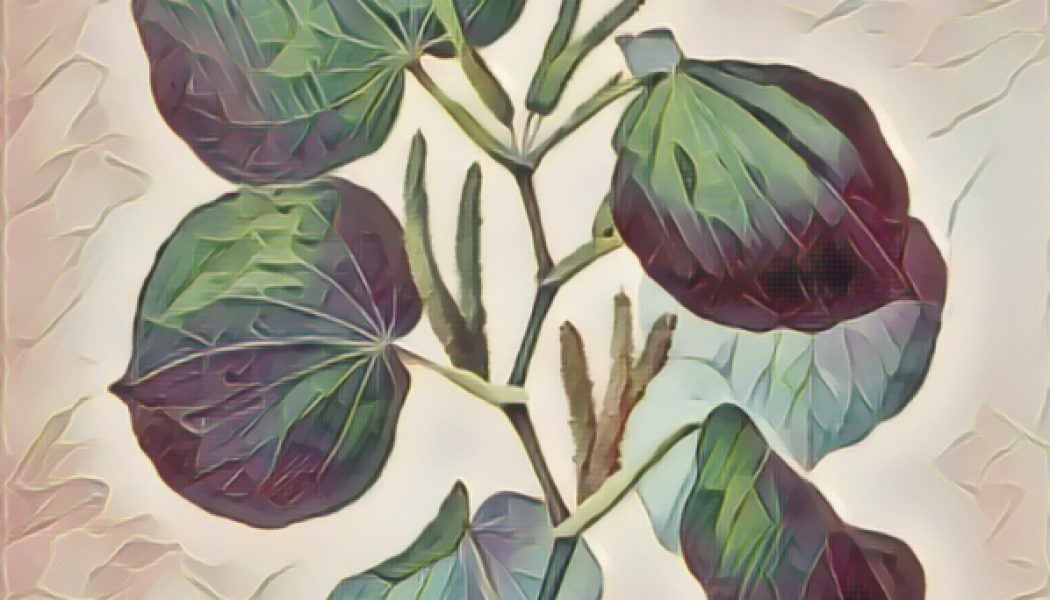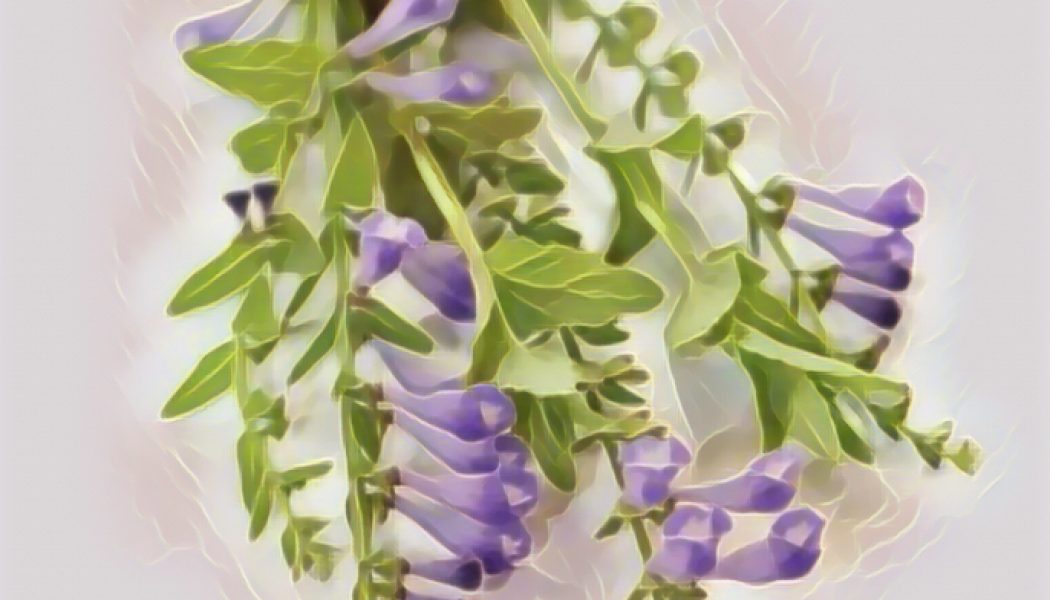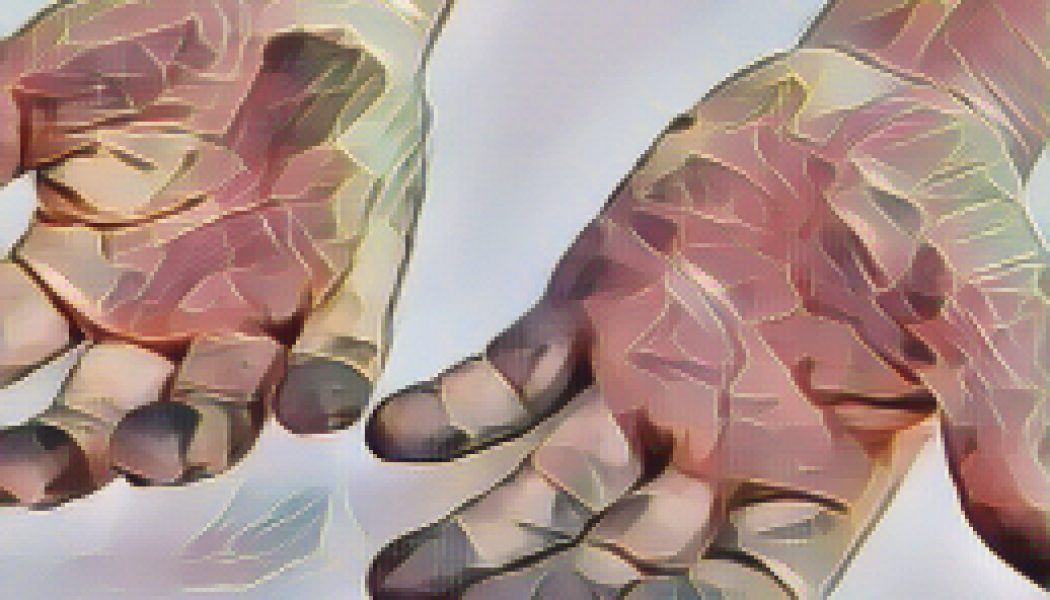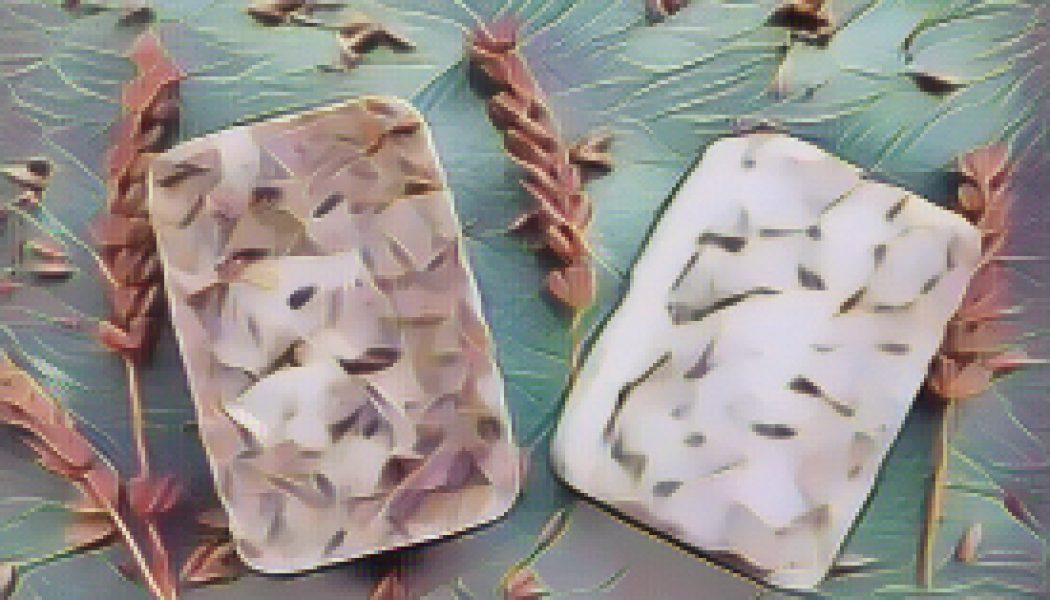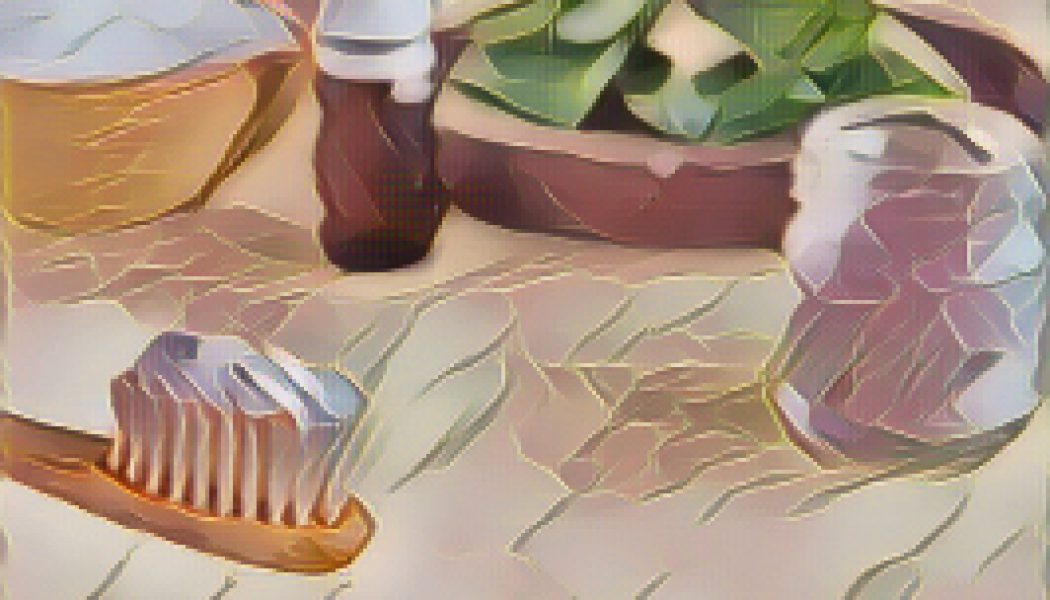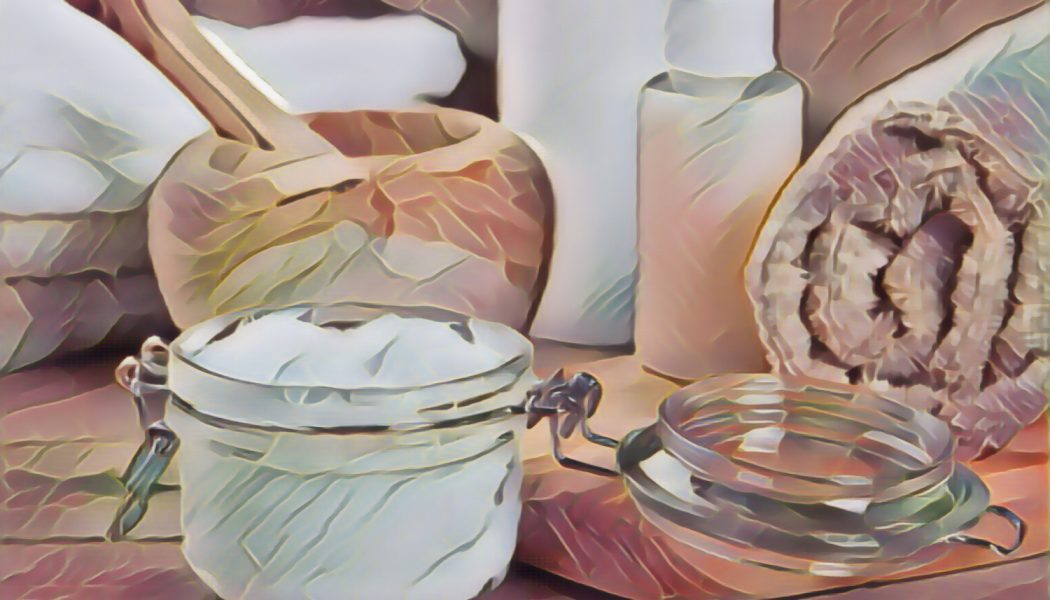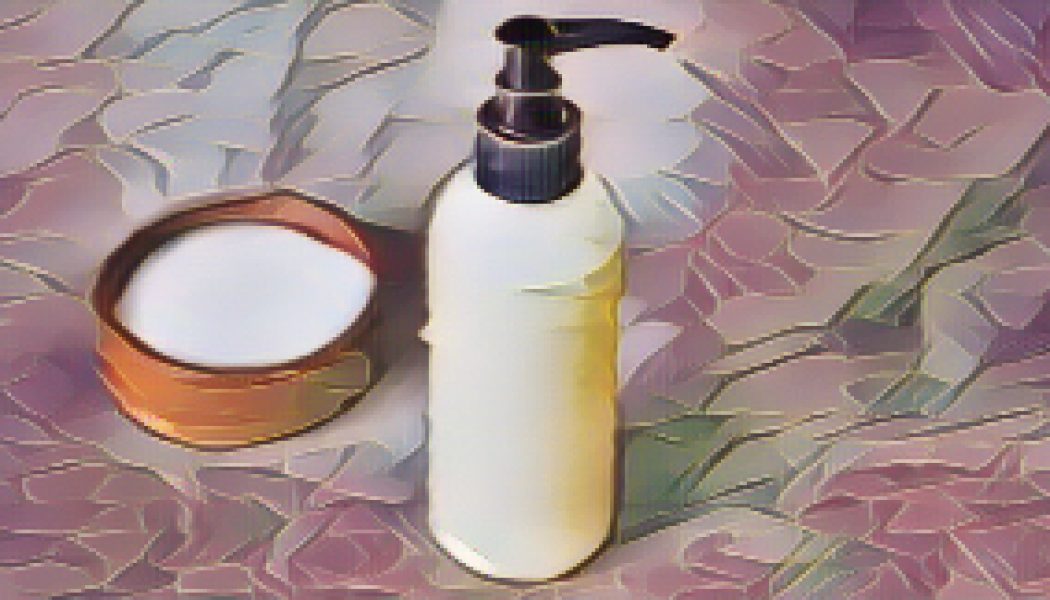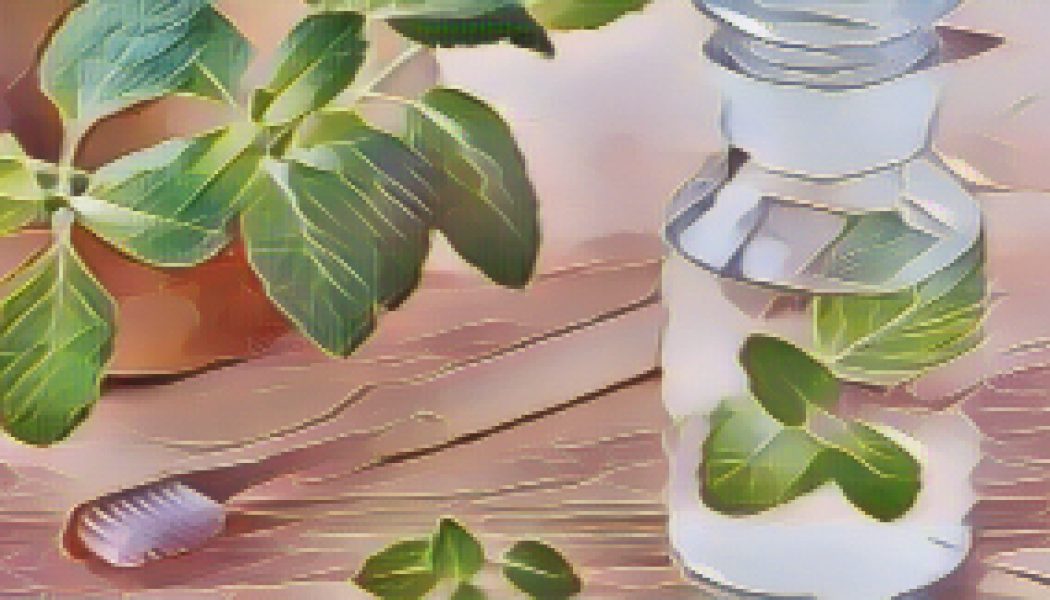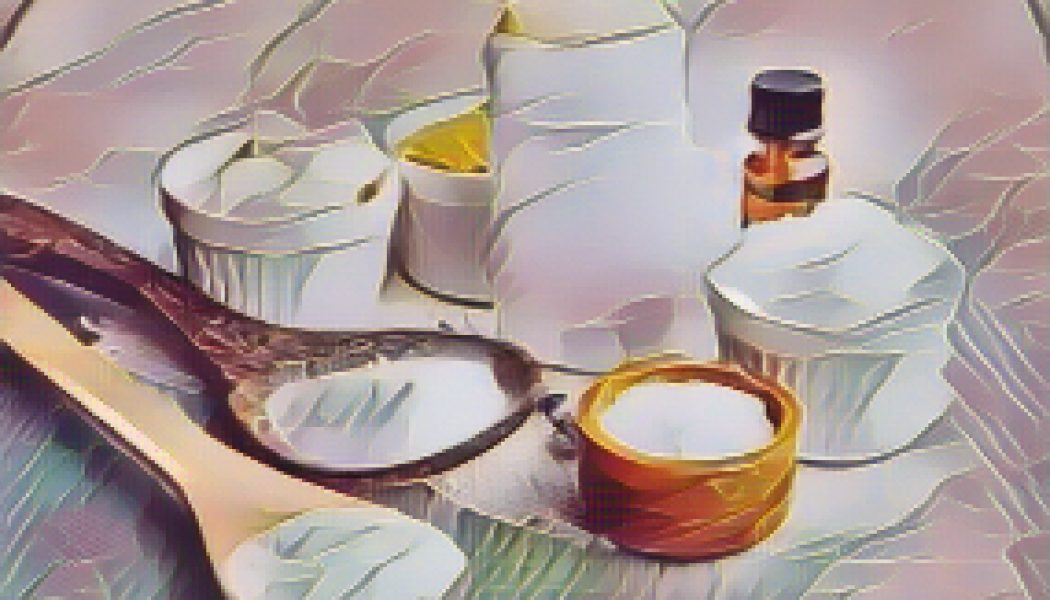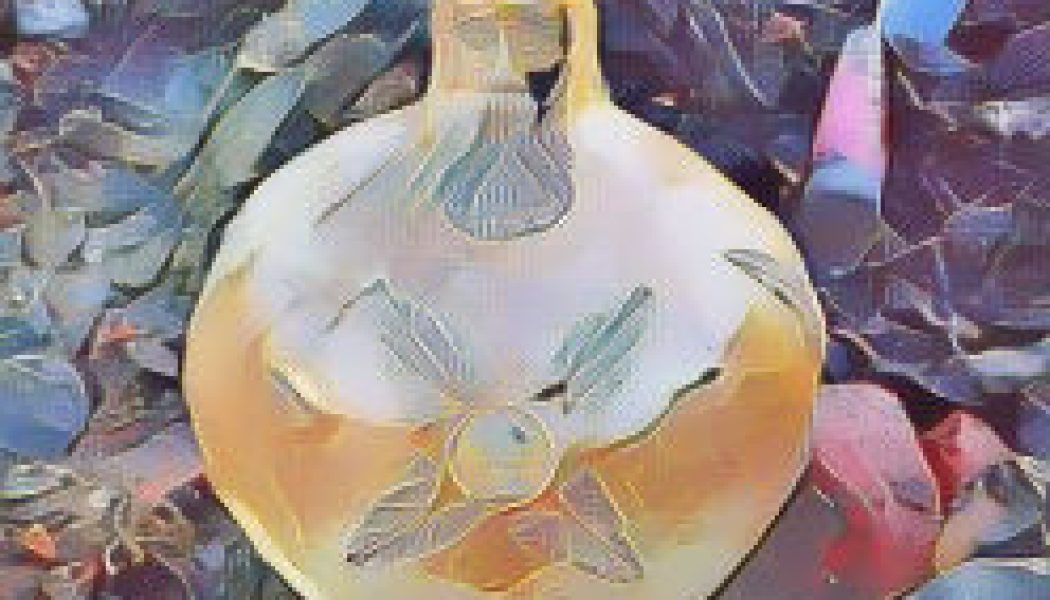Witchcraft
Tarot A Beginner’s Guide 1
Before you learn all the tarot card meanings, it may be in your best interest to learn some of the basics: Tarot reading is the centuries-old practice of using a 78-card deck as a tool of divination—t...
Tarot A Beginner’s Guide 2: What are tarot cards?
Each card in a deck has its own unique imagery, and the deck as a whole is broken into two categories: the Major and Minor Arcana. The Major Arcana consists of 22 cards, spanning from numbers 0 ...
Tarot A Beginner’s Guide 5: What is the difference between tarot and oracle cards?
Tarot decks have to consist of exactly 78 cards made up of 22 Major Arcana cards and 56 Minor Arcana cards. No more and no less. They also need to include four different suits. In the traditional Ride...
Tarot A Beginner’s Guide 8: Why is it important to clean tarot?
If you’re the owner of the tarot deck you’re reading from—so, reading for yourself—keep your deck clean and treat it with care. Clean your deck by smoking it using sustainably harvested sage or palo s...
Tarot A Beginner’s Guide 10: Which tarot cards represent which zodiac signs?
Although they are not intrinsically interwoven, there’s been a long-standing tradition of placing astrological influence onto each tarot card. This helps to get more accurate readings with timing and ...
Tarot A Beginner’s Guide 11: What is the most powerful tarot card?
Each of the 78 tarot cards holds different importance to each person who interprets them. The 22 Major Arcana cards are said to be representative of big, life-changing events in comparison with the Mi...
The Sator Square and its Potential for Tarot
The Sator Square is an old Latin word puzzle. It’s made up of five words that read the same in every direction—left to right, right to left, top to bottom, and bottom to top. The five words are: OPERA...
Embark on Your Witchcraft Journey: A Guide to Finding Your Path
Becoming a witch is a personal journey and, more often than not, a solitary one. Despite what you may hear other witches saying, there is no one way to go about becoming one. It is, however, important...
Mastering Witchcraft When Short of Time 1
Is your life filled with so many responsibilities that you can barely make time for yourself, let alone try to master the art of witchcraft? You feel like you have no time and no energy to pursue your...
Mastering Witchcraft When Short of Time 2
When Life Makes Practicing Witchcraft Difficult Are you finding it hard to make time for your daily magical practice? Do you feel overwhelmed by all the other obligations of life, and have no idea how...
Mastering Witchcraft When Short of Time 3
The key is to start small. Instead of fitting an hour-long ritual into your daily life, try sneaking in a few minutes of magical activity here and there. Regularly writing down your thoughts in a jour...
Mastering Witchcraft When Short of Time 4
Where to Find Magical Time in Your Schedule You don’t need to give up on living a magical life just because you don’t have the time to focus on witchcraft. With some creativity, you can find a few mom...
Mastering Witchcraft When Short of Time 5
Establishing a Daily Practice You might not think you can make time for a daily practice of witchcraft, particularly if you have a demanding job or too many responsibilities. But it’s actually easier ...
Mastering Witchcraft When Short of Time 6
What Do You Do If You’re Short On Time And Not Sure Where To Start? You may be busy busy, you have a million responsibilities, and finding time to practice witchcraft is one thing but you don’t even k...
Mastering Witchcraft When Short of Time 7
Make Figuring It Out The Goal If you have no idea where to start, the first thing you should do with the time you do manage to carve out is figure out where to start. Literally. That is a perfectly go...
Mastering Witchcraft When Short of Time 8
Start With What Interests You It’s important to focus on what really resonates with you when it comes to your craft. Pick one thing that speaks to you the strongest and start there—maybe you begin by ...
Mastering Witchcraft When Short of Time 9
Learn from Others No one ever said that mastering a magical practice had to be done alone. Reach out to experienced practitioners and those knowledgeable in witchcraft to pick up tips and learn from t...
Mastering Witchcraft When Short of Time 10
Track Your Progress Finally, make sure to keep track of your progress. This doesn’t have to be complicated; it can take no more than writing a few words in your journal each day or creating a spreadsh...
Mastering Witchcraft When Short of Time 11
By integrating these tips into your magical practice, you’ll be well on your way to mastering witchcraft despite life’s little hiccups and obstacles. When life gets overwhelming, don’t forget that you...
Granny Magick 1
The Appalachian Granny Magic Tradition of Witchcraft is one that is only recently being heard of. Though the tradition is a very old one, dating all the way back to the first settlers of the magical A...
Granny Magick 2
The Appalachian Granny Magic Tradition, like many of the older ones, was passed on from parents to their children for many generations, and generally was not ‘taught’ outside of the individual family ...
Granny Magick 3
The “Witch Doctors” were still called upon to heal a sick child, or deliver a baby, or tend to the dying, as Witches had been so charged with doing in Europe during ancient times. Since often a mounta...
Granny Magick 4
The spirits of the dead are often worked with as well, a lot of ancestral spirit guide workings are passed down through our Tradition, those practices trace back to not only Scotland and Ireland, but ...
Forgetting Humans. The Secret Granary and the Cup That Must Be Broken Part 1
For all of the people out there who are looking to spiritual systems, whether exoteric or esoteric, or who look to sorcerous systems and metaphysical pursuits to make themselves into better people, fi...
Forgetting Humans. The Secret Granary and the Cup That Must Be Broken Part 2
In reality, the body isn’t a trap, isn’t a fetter, but until you learn to use your white body, your wind-body, the witch’s flying fetch, your thinking is centered in a very material-seeming sense to a...
Forgetting Humans. The Secret Granary and the Cup That Must Be Broken Part 3
You have to pay attention to their occurrences- they flow here and there, mostly unpredictable, but sometimes not- and leap into their weird flowing. You have to be ready to have faith- some sorcerous...
Gardner, Gerald B(rousseau) (1884–1964) Part 1
Gerald Gardner (1884–1964) English Witch and founder of contemporary Witchcraft as a religion. Hereditary Witches and practitioners of family tradition witchcraft object to Gardner being credited as t...
Gardner, Gerald B(rousseau) (1884–1964) Part 2
The Gardners resided in the New Forest area, where Gardner became active with the Fellowship of Crotona, an occult group linked to Co-Masons, a Masonic order founded by Mrs. Besant Scott, daughter of ...
Gerald Brousseau Gardner, (1884–1964) Part 3
Crowley appointed Gardner as an honorary member of the Ordo Templi Orientis (OTO), a Tantric sex magic order once led by Crowley, and gave Gardner permission to run an OTO lodge. Gardner had to keep h...
Gardner, Gerald B(rousseau) (1884–1964) Part 4
In 1960, he was honored with an invitation to a garden party at Buckingham Palace, recognizing his exceptional civil service in the Far East. That same year, his wife, who had never been involved in t...
What is Death Witchcraft: Is death witchcraft religious?
Yes and no. Considering how much work death witches do with the spirits of a dead, a general belief in the afterlife is necessary. However, I do know some death witches who engage in past life work as...
What is Death Witchcraft: Are there any rules in death witchcraft?
No rules can ever be enforced onto anyone’s path, though it goes without saying there are those people around who feel that they have the right to enforce their rules onto others. Having said th...
What is Death Witchcraft: Why Do We Perform Death Witchcraft?
As with any magical path, everyone practices for difference reasons. Some people have an intense fear and fascination with death, and they aim to find peace through this path. Others have experienced ...
What is Death Witchcraft: How Does it Differentiate from Necromancy?
How Does it Differentiate from Necromancy? Necromancy comes from the Greek words nekrs (“dead body”) and mantea (“divination by means of”). Literally, it means speaking to the ...
What is Death Witchcraft:
Death witchcraft can be defined as working with and honoring spirits of the dead (ghosts, ancestors) as well as the power of death itself (endings, resurrections). Death witches reflect upon the...
Unlocking the Magic: A Solitary Pagan Witch’s Guide to Spell Work
So, you’re curious about casting spells solo as a pagan witch? Let me tell you, solitary spellwork is one of the most magical ways to connect with your own energy and the world around you—no coven req...
The Enigmatic Life of a Solitary Witch
Deep in the heart of an ancient forest, whispers of magic entwine with the wind. She is a solitary witch, a weaver of spells and secrets, living in harmony with the whispers of the wild. Her hom...
Kitchen Herbs for Witches: Anise
Planet: Mercury/Jupiter Element: Air Main magickal uses: Contacting other planes, divination, love, passion, preventing nightmares, protection, psychic development, psychic protection, purification O...
Kitchen Herbs for Witches: Basil
Planet: Mars Element: Fire Main magickal uses: Consecration, divination (esp. about love), exorcism, fertility, fidelity, good luck, happiness, harmony, love, money, passion, peace, prosperity, protec...
Kitchen Herbs for Witches: Caraway
Planet: Mercury Element: Air Main magickal uses: Fidelity, love, memory, passion, preventing theft, protection, retention, sensuality Other magickal uses: consecration, fertility, gain, honesty, keepi...
Kitchen Herbs for Witches: Celery seed
Planet: Saturn/Mercury Element: Earth Main magickal uses: Psychic development Other magickal uses: Beauty, divination, fertility, love, passion
Kitchen Herbs for Witches: Cinnamon
Planet: Mercury/Sun/Mars/Uranus (take your pick!) Element: Air/Fire Main magickal uses: Clairvoyance, consecration, divination, energy, good luck, love, money, passion, peace, prosperity, protection,...
Kitchen Herbs for Witches: Cloves
Planet: Sun/Jupiter Element: Fire Main magickal uses: clairvoyance, divination, exorcism, keeps away negative forces, love, memory, money, passion, peace of mind, protection, psychic protection, purif...
Kitchen Herbs for Witches: Coriander
(also called Cilantro) Planet: Mars Element: Fire Main magickal uses: love Other magickal uses: clairvoyance, divination, fertility, gain, health, keeping secrets, passion, peace, protection, retentio...
Kitchen Herbs for Witches: Dill
Planet: Mercury Element: Earth/Fire Main magickal uses: love, protection, psychic protection Other magickal uses: Blessings, confidence, determination, dreams, fertility, gain, harmony, keeping secret...
Kitchen Herbs for Witches: Fennel
Planet: Mercury. Element: Air/Fire. Main magickal uses: confidence, courage, fertility, longevity, love, Midsummer, protection, psychic protection, purification, strength. Other magickal uses: Command...
Kitchen Herbs for Witches: Garlic
Planet: Mars . Element: Fire. Main magickal uses: exorcism, magic, passion, protection, spell-breaking, strength. Other magickal uses: clairvoyance, commanding, confidence, consecration, courage, divi...
Kitchen Herbs for Witches: Ginger
Planet: Mars. Element: Fire Main magickal uses: love, passion, psychic protection. Other magickal uses: cursing, health, psychic development, sensuality, success
Kitchen Herbs for Witches: Lavender
Aviary Planet: Mercury. Element: Air. Main magickal uses: clairvoyance, cleansing, consecration, happiness, healing, love, Midsummer, money, passion, peace, peace of mind, protection, psychic protecti...
Kitchen Herbs for Witches: Lovage
Planet: Venus,Sun. Element: Earth/Water. Main magickal uses: love. Other magickal uses: beauty, cleansing, consecration, money, passion, protection, psychic protection, purification. Lore: The main us...
Kitchen Herbs for Witches: Mace
Planet: Mercury. Element: Air. Main magickal uses: Clairvoyance. Other magickal uses: fertility, gain, good luck, love, protection.
Kitchen Herbs for Witches: Marjoram
Planet: Venus, Mercury. Element: Air. Main magickal uses: grieving, happiness, love, money, protection, psychic development, psychic protection,tranquility, weddings. Other magickal uses: Animals, cle...
Kitchen Herbs for Witches: Mustard Seed
Planet: Mars. Element: Fire. Main magickal uses: fertility, health, love, passion, protection. Other magickal uses: commanding, cursing, exorcism, gain, good luck, sensuality, spell-breaking, strength...
Kitchen Herbs for Witches: Onion
Planet: Mars. Element: Fire. Main magickal uses: exorcism, protection. Other magickal uses: Clairvoyance, cleansing, contacting other planes, divination, healing, lunar rites, magic, purification, spe...
Kitchen Herbs for Witches: Oregano
Planet: Venus. Element: Air. Main magickal uses: happiness, tranquility. Other magickal uses: Animals, grieving, harmony, love, peace, protection, psychic development, weddings.
Kitchen Herbs for Witches: Parsley
Planet: Saturn. Element: Earth. Main magickal uses: divination, happiness, passion, protection, psychic development, purification. Other magickal uses: clairvoyance, cleansing, consecration, contacti...
Kitchen Herbs for Witches: Poppyseed
Planet: Moon. Element: Water. Main magickal uses: dreams. Other magickal uses: Binding, clairvoyance, consecration, cursing, fertility, prosperity. Lore: In Greece, poppies belonged to Hypnos and Somn...
Kitchen Herbs for Witches: Rosemary
Planet: Sun. Element: Fire. Main magickal uses: cleansing, confidence, consecration, courage, exorcism, good luck, grieving, happiness, healing, knowledge, love, memory, passion, peace of mind, preven...
Kitchen Herbs for Witches: Saffron
Planet: Sun. Element: Fire. Main magickal uses: Clairvoyance, divination, Other magickal uses: cleansing, commanding, consecration, exorcism, healing, magic, psychic development, purification, spell-...
Kitchen Herbs for Witches: Sage
Planet: Mercury/Jupiter. Element: Earth. Main magickal uses: cleansing, healing, longevity, money, passion, prosperity, psychic development, psychic protection, purification, wisdom. Other magickal us...
Kitchen Herbs for Witches: Savory
Planet: Venus. Element: Air. Main magickal uses: passion. Other magickal uses: Animals, attracts males, happiness, love, satyrs, sensuality, virility. Lore: Savory is ruled by and named after the sat...
Kitchen Herbs for Witches: Spearmint
Planet: Venus. Element: Air. Main magickal uses: consecration, happiness, love, money, passion, prosperity, protection, psychic development. Other magickal uses: Animals, dreams, endings, exorcism, he...
Kitchen Herbs for Witches: Star Anise
Planet: Mercury, Jupiter. Element: Air, Water. Main magickal uses: clairvoyance, good luck, protection, psychic development. Other magickal uses: consecration, contacting other planes, divination, exo...
Kitchen Herbs for Witches: Tarragon
Planet: Mars. Element: Fire. Main magickal uses: commanding, confidence, courage, passion, protection, strength. Other magickal uses: Animals, calming, keeping secrets, love, peace, prevents theft, re...
Kitchen Herbs for Witches: Thyme
Planet: Venus. Element: Air. Main magickal uses: clairvoyance, cleansing, consecration, courage, divination, dreams, exorcism, faeries, happiness, healing, love, money, prevents nightmares, protectio...
Kitchen Herbs for Witches: Turmeric
Planet: Mars. Element: Fire. Main magickal uses: passion Other magickal uses: commanding, confidence, courage, exorcism, magic, sensuality, spell-breaking, strength *Vanilla* Planet: Jupiter Element: ...
Kitchen Herbs for Witches: Peppermint
Planet: Venus Element: Air Main magickal uses: cleansing, consecration, dreams, happiness, healing, love, money, passion, prosperity, protection, psychic development, purification, release, renewal, r...
Kitchen Herbs for Witches: Pepper
Planet: Mars. Element: Fire. Main magickal uses: cursing, exorcism, passion, protection. Other magickal uses: commanding, sensuality, spell-breaking, stops envy. Lore: Stings the eyes when burned.
Kitchen Herbs for Witches: Bay
Planet: Sun Element: Fire Main magickal uses: Clairvoyance, consecration, divination, dreams, exorcism, healing, love, passion, protection, psychic protection, purification, wisdom, wishes Other magic...
Rosemary
Salvia Rosmarinus, commonly known as rosemary, is a shrub with fragrant, evergreen, needle-like leaves and white, pink, purple, or blue flowers, native to the Mediterranean region. Until 2017, it was ...
Rosemary: Description
Rosemary is an aromatic evergreen shrub with leaves similar to hemlock needles. It is native to the Mediterranean and Asia, but is reasonably hardy in cool climates. Special cultivars like ‘Arp’ can ...
Rosemary: Taxonomy
Salvia rosmarinus is now considered one of many hundreds of species in the genus Salvia. Formerly it was placed in a much smaller genus, Rosmarinus, which contained only two to four species including ...
Rosemary: History
The first mention of rosemary is found on cuneiform stone tablets as early as 5000 BCE. After that not much is known, except that Egyptians used it in their burial rituals. There is no further mention...
Rosemary: Usage
Upon cultivation, the leaves, twigs, and flowering apices are extracted for use. Rosemary is used as a decorative plant in gardens. The leaves are used to flavor various foods, such as stuffing and ro...
Rosemary: Cultivation
Since it is attractive and drought-tolerant, rosemary is used as an ornamental plant in gardens and for xeriscape landscaping, especially in regions of Mediterranean climate. It is considered easy to...
Rosemary: Culinary use
Rosemary leaves are used as a flavoring in foods, such as stuffing and roast lamb, pork, chicken, and turkey. Fresh or dried leaves are used in traditional Mediterranean cuisine. They have a bitter, a...
Rosemary: Fragrance
Rosemary oil is used for purposes of fragrant bodily perfumes or to emit an aroma into a room. It is also burnt as incense, and used in shampoos and cleaning products.
Rosemary: Folklore and customs
The plant or its oil have been used in folk medicine in the belief it may have medicinal effects. Rosemary was considered sacred to ancient Egyptians, Romans, and Greeks. In Don Quixote (Part One, Cha...
Ingredients for a Kitchen Witch: Banana – Prosperity
Who couldn’t use a little more prosperity? Not only is banana associate with fertility and potency, it is also widely used for increasing one’s prosperity in a variety of subjects. Use banana leaves t...
Ingredients for a Kitchen Witch: Celery – Mental Powers
It is said that Witches once ate celery seeds before they would take flight on their brooms. As we know there are shreds of truth in every farfetched legend. Celery is well revered for its ability to ...
Ingredients for a Kitchen Witch: Cabbage – Luck
To increase luck in your life put cabbage in salad and stir fry dishes where it is kept uncooked or lightly sautéed. To ensure a couple has luck after they are married plant cabbage the day after they...
Ingredients for a Kitchen Witch: Apple – Love
Add apple blossoms to love sachets to attract love to the wearer. Slice an apple to expose the star within its center, next share this apple with your lover to ensure you will be happy together.
Ingredients for a Kitchen Witch: Peach – Longevity
It is believed that eating peaches will increase longevity. This may be another area of Magick where science has once again, proves the instincts of our ancestors correct. Eating more fruit is well kn...
Ingredients for a Kitchen Witch: Garlic – Healing
It was once believed that wearing Garlic would protect against the plague. Science has shown us the factual benefits our ancestors instinctively knew about garlic. Garlic is a great healer. Garlic is ...
Ingredients for a Kitchen Witch: Catnip – Happiness
What is life without a little extra happiness? I mean have you seen what it does for cats? Hang Catnip in your home, at your desk, or in your car to attract good spirits. Use catnip in spell work focu...
Ingredients for a Kitchen Witch: Lavender – Peace
We all need a little more peace in our lives and Lavender is the herb for the job. Wear lavender essential oil on your clothing, place bunches in your home (dried or fresh), and smolder as an incense ...
Ingredients for a Kitchen Witch: Lemon – Friendship
Lemon is great for forging new and maintaining established friendships. At your next meal or dinner party rub a little lemon essential oil on each chair where your family or guests will sit. Also, pla...
Ingredients for a Kitchen Witch: Rosemary – Purification
A tasty protector! Place rosemary in baths, teas, mix it in with Peach, smolder it as an incense… Rosemary is a very versatile ingredient you can use in recipes all the way up to making your own simme...
Ingredients for a Kitchen Witch: Orange – Divination
Eat an orange as you perform Divinations to help speed the clues and answers you seek. Often the practice of using Orange in divination exercises requires a yes or no question to be asked. Once you ar...
Ingredients for a Kitchen Witch: Tea – Courage
We all need a little courage now and then. As Witches, we are often looked down upon as we are miss-represented and feared by those who are ill-educated. This is only one example of why you could need...
Ingredients for a Kitchen Witch: Basil – Protection
Basil – ProtectionWhile Basil is known to serve many purposes Ione use for basil is protection. Place it sauces, use as a garnish or in homemade salad dressing. You can even place a bunch on your alta...
Kitchen Witch: The Ritual of Eating 1.1
The Ritual of Eating is a simple practice. We put food into our mouths, then chew and swallow it. Because of food’s importance, it has been linked with politics, social structures, legal systems...
Kitchen Witch: The Ritual of Eating 1.2
When the harvest had been spared, our ancestors thanked their deities with offerings of food. This may have been buried, flung into the air, or tossed into afire. The portion earmarked for the deities...
Kitchen Witch: The Ritual of Eating 1.3
Our ancestors worshipped food, seeing it as a gift from the hands of their deities. Food magicians don’t worship food, though we respect it as a life-sustaining substance containing the energies of th...
Kitchen Witch: The Ritual of Eating 1.4
About prayer: if you don’t subscribe to any particular religion, and haven’t been in the habit of praying before meals, there’s no reason for you to begin to do so. Prior to eating, simply attune with...
Kitchen Witch: Vegetarianism 1.1
Many witches are strict vegetarians. They shun meat, poultry, and fish; some even avoid eggs and milk products. They often believe that spiritual advancement and magical ability can only be obtained w...
Kitchen Witch: Vegetarianism 1.2
Another rationale for vegetarianism seems to be that meat is a poison. It’s true that much of the meat eaten today in the United States is injected with growth hormones and is too fatty for sustaining...
Kitchen Witch: Vegetarianism 1.3
We’re all separate, distinct persons, connected with the rest of our fellow-creatures and with the universe, and yet apart. No one diet is correct for everyone, just as no single type of haircut, food...
Kitchen Witch: Vegetarianism 1.4
There have always been vegetarians, and there have also always been omnivores (though most earlier cultures ate far less meat than we do today). Neither way is more “correct” or “ancient” or, indeed, ...
A list of foods, spices, herbs and their magical properties
Barley – Money, sex Buckwheat – Money Corn – Spirituality Lentil – Peace, tranquility Millet – Money Oats – Money Pretzel – Protection Rice – Sex, money, protection Rye – Love Tor...
The Kitchen Witch1
Sharing a meal with friends or those you love is a ritual in itself, there is a certain energy associated with this simple pleasure, and with the magic of food our life is sustained. The oven is one o...
The Kitchen Witch2
Hundreds of years ago food was worshiped and seen as a gift from the gods, the energies contained within the food we eat are vital to our survival. You will find food all the more enjoyable as you app...
The Kitchen Witch3
The ancient Egyptians used food as a means of exchange and food was stocked in the tombs as a gift to the gods. Barley was used for rituals associated with marriage and fertility, it was also served a...
The Kitchen Witch4
Corn has been used by various tribes over the centuries and used in rituals, it is a symbol of fertility, life, eternity and resurrection. Corn was also used for divination purposes, it was practiced ...
The Kitchen Witch5
The Babylonians baked and served cakes for the goddess Ishtar and they were served during fertility festivals. The Greek goddess Artemis was honored each month by the baking of round cakes upon which ...
The Kitchen Witch6
When you next bake cookies you can cut them into specific shapes to represent your magical intention, cookies can be used as a powerful magical tool, as you begin mixing the flour have an intention in...
The Kitchen Witch7
Bread was considered a sacred food by the Egyptians and it was offered to the deities and stocked in tombs along with other foods. Eating was a part of many Pagan religions, rituals using barley were ...
The Kitchen Witch8
Pies are a symbol of spirituality, and apple pie is associated with love and peace, blackberry pie with money, blueberry for protection, custard for spirituality, cherry for love, lemon for love, minc...
The Kitchen Witch9
Pancakes are thought of as lucky food and they are aligned with money and luck, if you are short of cash make up a batch of pancakes, and while you are preparing and eating them think of prosperity an...
The Kitchen Witch10
When using food for magic work always have the reason for cooking certain foods, such as cooking for love, cooking for prosperity, for health or for protection. As you handle and prepare the food have...
The Kitchen Witch11
If you add fresh dill weed to lettuce it is thought to attract money and mushrooms are said to heighten psychic awareness. Olives are used as an antidote for stress and are thought to heighten sexual ...
The Kitchen Witch12
If you want to keep away evil spirits, chop an onion in half and place it on your window ledge, onions can also be eaten for protection, and you can combine them with other foods containing protective...
The Kitchen Witch13
Pumpkin cooked and pumpkin seeds are a fantastic money attractant and for extra oomph you can add cinnamon, ginger and nutmeg. Radishes can be eaten for protection, rhubarb is used for medicinal purpo...
The Kitchen Witch14
In Japan soybeans are scattered within homes for good fortune and soy is very good for protection. Tofu is eaten for psychic awareness and heightens spirituality.
The Kitchen Witch15
To add more prosperity power to your spinach meal add sesame seeds and nutmeg, eat while visualising your money pile growing. Use alfalfa for psychic awareness, use beans for protection, mung bean for...
The Kitchen Witch16
Many women who believe in the ancient superstitions eat sunflower seeds for fertility, the seeds are also used for protection, combine with other same energy foods to add more power. If you want to ex...
The Kitchen Witch17
If you mix dill, basil and cinnamon to tomatoes, you will create a very potent food to attract money, black pepper, bay leaves and rosemary enhance the protective energies in tomatoes.
The Kitchen Witch18
Truffles are eaten to increase sexual desire, eat a meal with truffles and follow with strawberries for the perfect love dish. Use watercress to strengthen the conscious mind, the Greeks ate watercres...
The Kitchen Witch19
Apples are linked with spirituality and are also used for their protective powers, they are said to increase longevity and enhance physical strength, health and wellbeing. Add cinnamon, ginger and sug...
The Kitchen Witch20
If you want to increase your sexual desire, eat blackberries raw or baked, while visualising loving moments with a desired one. Eat blueberries for protection and for powerful protection combine with ...
The Kitchen Witch21
Citrus was used to celebrate the wedding of Zeus and Hera the mythological god and goddess, it was thought to keep the bonds of marriage strong and also to enhance physical strength. Pomegranates are ...
The Kitchen Witch22
For love potions you cannot go past Strawberries and strawberry ice cream, mix together strawberries, raspberries and ice cream and add some chocolate for a powerful love potion.
The Kitchen Witch23
For protection you can use tangerines and if you want to enhance the power of protection combine it with another protection food. A tangerine in the kitchen is thought to protect the household from ev...
The Kitchen Witch24
The ancient Egyptians used the juice of the watermelon for health it was also used in a ritual to help the spirit move from one life to the next.
The Kitchen Witch25
There was a time when spices were more costly than gold, in fact spices were so expensive in Europe they were too expensive to use in cookery. Today we have an abundance of delicious herbs and spices ...
The Kitchen Witch26
To attract love cook coriander, dill and basil with peas, when you eat visualise love and attraction, allow yourself to absorb the feeling.
The Kitchen Witch27
When you begin your magic culinary acts make sure you use the appropriate herbs and spices with the correct properties, such foods with the energy of love for your love magic, foods with the energy of...
What is a Kitchen Witch
A Kitchen Witch is a Witch who focuses his or her magical practice on the home and hearth and uses things commonly found in the kitchen as magickal tools. Kitchen Witchery may be an expression of reli...
What is a Kitchen Witch: Cooking
Kitchen Witches tend to be excellent, or at least passionate cooks who delight in experimenting with new flavors and recipes. A Kitchen Witch may infuse magic into his or her cooking by selecting ingr...
What is a Kitchen Witch: Home Decor
Many Kitchen Witches decorate their homes with magical protective symbols or to be in harmony with the elements or Nature. Colors and design elements may be chosen with their symbolic nature and magic...
What is a Kitchen Witch: House Cleaning & Laundry
Kitchen Witches may incorporate their magical practice into all aspects of housekeeping, including laundry and general cleaning. This may involve scenting laundry with herbs chosen to draw desired ene...
Cheese and Vegetable Tart
A cheese and vegetable tart is a perfect main dish for any Beltane celebration. It is easy to make and can be customized to suit any taste. Here’s how to make it: Ingredients:1 sheet of puff pastry150...
Cheese Board
A cheese board is a perfect appetizer for any Beltane celebration. It is easy to prepare and can be customized to suit any taste. A cheese board typically consists of a variety of cheeses, crackers, f...
Beltane Recipes,Cheese: Traditional Foods for Celebrating the May Day Festival
Beltane is a traditional Celtic festival that marks the beginning of summer. It is celebrated on May 1st and is known for its joyous and festive atmosphere. One of the key aspects of Beltane is the ab...
Solitary Kitchen Witch: Exploring the Practice of Cooking Magic Alone 2
Honouring is an essential part of the Solitary Kitchen Witch practice. It involves showing respect, gratitude and appreciation to the deities, spirits, ancestors, and other entities that the practitio...
Solitary Kitchen Witch: Exploring the Practice of Cooking Magic Alone 3
In Solitary Kitchen Witchcraft, being thankful is an essential part of the practice. It is a way of expressing gratitude for the blessings in life and acknowledging the abundance that surrounds us. He...
Solitary Kitchen Witch: Exploring the Practice of Cooking Magic Alone 4
Keeping a gratitude journal is a simple but powerful way to cultivate thankfulness. Write down three things you are thankful for each day, no matter how small they may seem. This practice can help shi...
Solitary Kitchen Witch: Exploring the Practice of Cooking Magic Alone 5
Before eating, take a moment to express gratitude for the food on your plate. You can say a simple blessing or prayer, or silently give thanks for the nourishment the food provides. Blessings before m...
Solitary Kitchen Witch: Exploring the Practice of Cooking Magic Alone 6
In Kitchen Witchcraft, the elements – earth, air, fire, and water – are revered as sacred. Take a moment to thank each element for its presence and the gifts it provides. For example, than...
Solitary Kitchen Witch: Exploring the Practice of Cooking Magic Alone 7
Expressing gratitude can also involve giving back to others. Consider volunteering your time or donating to a charity. This practice can help you feel more connected to your community and increase you...
Kitchen Witch Daily Rituals: What is Kitchen Witchery?
Kitchen witches love to cook and bake, and they use these acts as actual spells and rituals. In addition to cooking and baking magically, kitchen witches might also enjoy brewing herbal teas, making c...
Kitchen Witch Daily Rituals: 1. Daily Herb Studies
Since kitchen witches are all about the herbs and spices, an easy way to study herbalism is to choose one herb/spice a day to focus on. Choose one that’s in your herb cabinet. Pull it out of the cabin...
Kitchen Witch Daily Rituals: 2. Brew Tea
What kitchen witch doesn’t love a hot cup of tea? Make your tea-brewing process a daily ritual. Put thought into the herbs you’re using, thank the water element while pouring the water, draw symbols o...
Kitchen Witch Daily Rituals: 3. Cook With Herbs
This is an obvious but simple one – cook with herbs every day! This becomes a daily ritual in and of itself when the kitchen witch selects an herb or spice from the cabinet or a specific intention. Fo...
Kitchen Witch Daily Rituals: 4. The Herb Garden in Daily Rituals
You don’t have to be a green witch with a green thumb to have an herb garden. The herb garden becomes part of the kitchen witch’s daily rituals when the witch visits it every day. She greets her plant...
Kitchen Witch Daily Rituals: 5. Tend To Your Kitchen Altar
If you haven’t yet, start a kitchen altar. It doesn’t have to be big and elaborate, it can be as small as a shelf with a candle and a few magical items. Tending the kitchen altar will become part of a...
Kitchen Witch Daily Rituals: 6. Kitchen Witch Guardians
Every kitchen should have a guardian spirit. The kitchen witch can create a guardian by making a kitchen poppet. Or you can purchase a kitchen witch doll or statue. Once you have your kitchen guardian...
Kitchen Witch Daily Rituals: 7. Candle Flame
One simple daily ritual I do every day in my kitchen is light a candle to honor the hearth-fire of my ancestors. The kitchen witch lights candles in the kitchen as a thankful gesture to the fire eleme...
Kitchen Witch Daily Rituals: 8. Keep a Kitchen Grimoire
The kitchen grimoire or Book of Shadows is important to a kitchen witch. It’s a book in which we keep our magical recipes, ancestors’ recipes, kitchen rituals and spells, herbal anecdotes, and more. W...
Kitchen Witch Daily Rituals: 9. Cleaning & Cleansing
Every day, the kitchen witch should make sure his or her kitchen is clean. There should be no dishes in the sink when you go to bed else you’ll have nightmares (or so the old wives tale goes). Keeping...
Kitchen Witch Daily Rituals: 10. Offerings as Daily Ritual
Giving offerings to your kitchen gods, spirits and ancestors is a daily ritual that is rewarding and easy. Leave a cup of water, coffee, wine, etc. on your altar for your gods/ancestors. Change it dai...
Kitchen Witch Daily Rituals: 11. Charge Your Meals With Symbols
Another great daily ritual for kitchen witches is to charge your meals and beverages with sacred, magical symbols. This is as simple as drawing a symbol over the meal or drink in the air. OR using con...
Kitchen Witch Daily Rituals: 12. COOK Like a Kitchen Witch
When you have more time, get inspired and try cooking something NEW and exciting. Maybe something your ancestors once made or something that utilizes ingredients you’ve never used before.
Kitchen Witch Daily Rituals: 13. Bake Magical
Baking is a science in and of itself. It is truly an art form and sometimes takes kitchen witches longer to master than cooking. Case in point, It takes extra effort and thought. Start small with bak...
Kitchen Witch Daily Rituals: 14. Work with Kitchen and Hearth Deities
One of my key practices is spirit work…specifically developing connections with gods and goddesses. And if you happen to be in the kitchen for most of your witch-crafting, why not incorporate kitchen ...
Herbs Listed by Medical Symptom W
Warts: bananna peel, dandelion, garlic, lemon, thyme. Weakness: ginseng. Weight Loss: ephedra. Whooping Cough: mouse ear, thyme. Worms: balmony, pumpkin seed, tansy, thyme, wormwood. Wounds: aloe vera...
Herbs Listed by Medical Symptom V
Varicose Veins: marigold, mint. Vitamins: burdock, strawberry, violet.
Herbs Listed by Medical Symptom U
Uterus: basil, bee balm, birch, blackberry, black cohosh, black haw, chaste tree berry, cramp bark, ginger, pennyroyal, raspberry leaves, shepherd’s purse.
Herbs Listed by Medical Symptom T
Teeth: cloves, garlic. Throat: bee balm, blackberry, blackcurrant leaves, horehound, lemon, rose, sage, thyme. Tonics: agrimony, aven’s herb, balmony, black pepper, buckbean, bugloss, cleavers, dandel...
Herbs Listed by Medical Symptom R
Rheumatism: birch, bladderwrack, ground ivy, marigold, mint, rosemary, thyme.
Herbs Listed by Medical Symptom S
Scours: purslane Sedative: anise, black cohosh, celery, chamomile, chicory, lavender, lemon verbena, prickly lettuce, sage, skullcap, valerian, violet Skin: buckbean, chicory, Irish moss, lemon, marig...
Herbs Listed by Medical Symptom P
Pain Reliever: capsaicin, ginger, ginseng, valerian, willow, yarrow. Parasites: garlic. Piles: lesser celandine, pilewort, witch hazel. PMS: chaste tree berry, valerian. Prolonged Life: ginseng. Prost...
Herbs Listed by Medical Symptom N
Nervousness: valerian. Nettle Rash: nettles. Nosebleed: lemon, nettle.
Herbs Listed by Medical Symptom M
Menopause: black cohosh, black haw, chaste tree berry, licorice, wild yam. Menstruation: basil, bee balm, birch, blackberry, chaste tree berry, ginger, marigold, pennyroyal, raspberry leaves,tumeric, ...
Herbs Listed by Medical Symptom L
Lactation: blessed thistle,caraway, fennel. Laxative: boneset. garlic. Liver: bee balm, buckbean, costmary, goldenrod. Lungs: mint,shepherd’s purse.
Herbs Listed by Medical Symptom K
Kidneys: angelica, corn silk, elder, ground ivy, parsley, purslane, sheep sorrel, shepherd’s purse. Kidney Stones: birch.
Herbs Listed by Medical Symptom J
Jaundice: balmony, greater celandine, marigold. Joints: garlic, St. Johnswort, yarrow.
Herbs Listed by Medical Symptom H
Hair: lemon, nettle, rosemary, sage, wild cherry. Headache: birch, cayenne, chamomile, ginger, lavender, lemon, lemon verbena, mint, rosemary, sage, skullcap, thyme, valerian. Heart: cayenne, ginseng,...
Herbs Listed by Medical Symptom G
Gall Stones: broom, cleavers. Gas: bay, cinnamon, dill, ginseng, mint. Gastrointestinal Problems: chamomile. Gout: ash leaves, burdock, burr marigold, strawberry. Gravel: cleavers. Gums: myrrh.
Herbs Listed by Medical Symptom F
Face: brewer’s yeast flower. Fatigue: ginseng, mint, nettle, rosemary. Female Problems: blackberry. Fever: balm, birch, blackcurrant leaves, boneset, borage, calendula, cleavers, elder, ginseng, lemon...
Herbs Listed by Medical Symptom E
Earache: garlic. Eczema: marigold. Eliminate Toxins: apple, coltsfoot, shepherd’s purse. Exhaustion: catclaw, St. Johnswort, thyme, vitamin B12. Expectorant: bugloss, pine. External Bleeding: cayenne...
Herbs Listed by Medical Symptom D
Dandruff: sage. Depression: borage, catclaw, cayenne, ginseng, lavender, rosemary, St. Johnswort. Detergent: balmony. Diabetes: ginseng, rosemary. Diarrhea: blackberry, cinnamon. Digestion: agrimony, ...
Herbs Listed by Medical Symptom C
Cancer: garlic, ginseng, parsley, sheep sorrel, violet. Catarrh: blackcurrant leaves, goldenseal, prickly lettuce, mullein, peppermint, sage. Cellulite: lemon, rosemary. Chapping: marigold. Chest: bay...
Herbs Listed by Medical Symptom B
Back Pain: yarrow. Baldness: wild cherry. Bed Wetting: St. Johnswort. Bile: balmony. Bladder: basil, broom, buchu, cornsilk, elder, parsley, saw palmetto, sheep sorrel, shepherd’s purse. Blood: bee ba...
Herbs Listed by Medical Symptom A
Acne: rosemary, thyme, witch-hazel. Allergies: nettle. Amenorrhea: chaste tree berry. Antibacterial: lemon, thyme. Antibiotic: calendula, comfrey, garlic, marigold, mullein, raspberry, sweet woodruff,...
Herbs Listed by Medical Symptom I
Immune System: ginseng, lavender. Impotence: ginseng. Induce Perspiration: angelica, balm, calendula, lemon balm. Infection: garlic, thyme, yarrow. Inflammation: bugloss, marigold, mint, tumeric. Inse...
Soothing The Feet 3 Anti fungal foot powder
Anti fungal foot powder 2 tablespoon of corn flour or unscented talc 15 drops of lavender 5 drops of peppermint Put corn flour or talc into a small plastic bag. Add the essential oils. Tie or zip clos...
Soothing The Feet 2 Foot and Toenail Fungus
Foot and Toenail Fungus 2 drops of Tea Tree Oil 1 drop of Lavender Oil Mix in your palm and spread it between the toes and around the nails. For the rest of the feet, mix 5 drops Tea Tree Oil and 1 dr...
Soothing The Feet 1 Tea tree foot and hand soak
Tea tree foot and hand soak for fungus problems, also good for nice soft good smelling hands and feet 1/2 cup warm cider vinegar 6 drops of tea tree oil Add one of these four essential oils (your choi...
Solitary Pagan Practice: Effective Ways to Ease Depression7
Solitary Pagans can also practice other self-care techniques to help ease depression. These may include: By incorporating these self-care practices into their daily routine, solitary Pagans can promot...
Solitary Pagan Practice: Effective Ways to Ease Depression6
Journaling is a powerful self-care practice that can help to ease depression. Solitary Pagans can use journaling to express their thoughts and feelings, explore their emotions, and gain insight into t...
Solitary Pagan Practice: Effective Ways to Ease Depression5
Spending time in nature is a great way to reduce stress and improve mental health. Solitary Pagans can take regular nature walks to help ease depression. They can take a walk in the woods, by the sea,...
Solitary Pagan Practice: Effective Ways to Ease Depression 4: Yoga
Yoga is another excellent self-care practice that can help to ease depression. Solitary Pagans can practice yoga on their own, using online videos or books to guide them. Yoga can help to reduce stres...
Solitary Pagan Practice: Effective Ways to Ease Depression3 Meditation
Meditation is a powerful tool for reducing stress and promoting relaxation. Solitary Pagans can incorporate meditation into their daily practice to help ease depression. They can use guided meditation...
Solitary Pagan Practice: Effective Ways to Ease Depression 2 Self-Care Practices
Solitary Pagans can practice various self-care techniques to ease depression. These practices can help to promote a sense of well-being, reduce stress, and improve mental health. Here are some self-ca...
Solitary Pagan Practice: Effective Ways to Ease Depression1
Solitary Paganism has been gaining popularity as a spiritual practice for those who prefer to practice alone. It is a way of connecting with nature and the divine without the need for a group or coven...
Anxiety and the Solitary Pagan Symptoms of Anxiety
The symptoms of anxiety can vary from person to person. Some common symptoms include: In conclusion, anxiety is a natural response to stress, but when it becomes chronic or excessive, it can have a ne...
Anxiety and the Solitary Pagan How Does Anxiety Affect Mental Health?
Anxiety can have a significant impact on mental health. It can lead to depression, low self-esteem, and social isolation. Chronic anxiety can also lead to physical health problems, such as high blood ...
Anxiety and the Solitary Pagan What is Anxiety?
Anxiety is a natural emotional response to stress. It is a feeling of unease, such as worry or fear, that can be mild or severe. Anxiety can be triggered by a variety of situations, including work, re...
Anxiety and the Solitary Pagan What is Solitary Paganism?
Solitary Paganism is a spiritual practice that involves worshipping pagan deities and adhering to pagan beliefs and traditions without belonging to a specific group or coven. Solitary Pagans practice ...
Anxiety and the Solitary Pagan Why do People Choose Solitary Paganism?
There are several reasons why people choose to practice solitary paganism. Some may prefer to practice alone because they have a hard time finding a group or coven that shares their beliefs. Others ma...
Anxiety and the Solitary Pagan Coping Strategies and Self-Care Tips
Like Paganism itself Solitary Paganism can mean many different things to all different types of people. For instance, anoung other things it could be classed as a way of life, a spiritual practice, or...
Medicinal Uses For Common Culinary Spices, PARSLEY.
The purifier. Chew for halitosis. A few sprigs provide 2/3 the vitamin C of an orange, lots of vitamin A, and the important amino acid histidine, which is a tumor inhibitor. Parsley tea is good for ki...
Medicinal Uses For Common Culinary Spices, ONION.
Egyptians swore their oaths on onions; Grant refused to move his army until he got 3 railroad cars full of onions; interviews with hundreds of people who lived to 100 plus all indicated a heavy intake...
Medicinal Uses For Common Culinary Spices, NUTMEG AND MACE.
Gas, indigestion, nausea, vomiting, and kidney problems – make a paste of powder with cold water and then add to boiled water. 1 tbsp of powdered nutmeg produces a floating euphoria for between 6 and...
Medicinal Uses For Common Culinary Spices, MUSTARD.
1 ½ cups of dry yellow mustard in a bathtub of water for sprained backs. Make a paste with water and apply to knee and elbow sprains till blisters appear! Mustard and ginger plaster for deep rattling ...
Medicinal Uses For Common Culinary Spices, MINT.
(Peppermint and spearmint) Peppermint tea for migraines, nervousness, stomach disorders, heartburn, and abdominal cramps. Herpes sufferers can take 2 cups of tea a day to ease the symptoms when the v...
Medicinal Uses For Common Culinary Spices, MARJORAM AND OREGANO.
Over 2 dozen related species. Use as a tea to help reduce fevers and break up bronchitis. Drink tea to relieve cramps and irregular menstruation. Eases suffering of childhood diseases like mumps and ...
Medicinal Uses For Common Culinary Spices, LOVAGE.
Steep root for 15 min in a cup of boiled water, drink after every meal to prevent flatulence.
Medicinal Uses For Common Culinary Spices, LICORICE.
Tranquilizer. Balances nervous system, stimulates liver functions. Long term usage (over 3 months) could cause liver damage.
Medicinal Uses For Common Culinary Spices, LEMONGRASS.
½ cup dried leaves to 2 pints of water, simmer for 10 minutes, and sip to bring down fevers.
Medicinal Uses For Common Culinary Spices, HORSERADISH.
Freshly dug root is added to a cold-pressed oil of choice (such as safflower or olive) to make a massage oil for muscle aches and to break up chest congestion. Grate fresh ginger and horseradish toget...
Medicinal Uses For Common Culinary Spices, GINGER.
Anti-nausea tea, blood thinner, substitute for coumadin. Boil 2/3 cup of freshly chopped root in 1 gallon water, wrapped in cheesecloth (or old nylon stocking) until the water is yellow. Then soak tow...
Medicinal Uses For Common Culinary Spices, FENUGREEK.
Use as a tea as an excellent relief for colic and fever in children. 1 tbsp ground fenugreek seed taken in the diet daily can reduce cholesterol. 8 tsp of seed presoaked in 4 cups cold water for 4 hou...
Medicinal Uses For Common Culinary Spices, FENNEL.
Medicinal Uses For Common Culinary Spices, FENNEL. Chewing fennel seeds relieves bad breath. Fennel seed tea sweetens breast milk. Fennel tea relieves colic in infants.
Medicinal Uses For Common Culinary Spices, CHICORY.
Liver cleanser, fat cleanser, dissolves gallstones. Prepare like coffee.
Medicinal Uses For Common Culinary Spices, ASAFOETIDA.
Buy the tincture in Indian shops. They add a drop to many dishes to relieve stomach pains (gas). Insect repellent. Topical use to heal ulcerated sores.
Medicinal Uses For Common Culinary Spices, ANNATO (Lipstick tree).
Lightly crushed seeds added to food is like natural gas-x.
Imbolc Prayers Prayer to Brigantia Keeper of the Forge
The goddess Brighid was known by many names. In parts of northern Britain, she was called Brigantia, and was seen as a keeper of the forge. In this aspect, she is associated with smithcraft and cauldr...
Imbolc Prayers End of Winter Meal Blessing
Although Imbolc isn’t truly the end of winter–and depending on where you live, you might be right smack in the middle of the worst weather of the season–in many traditions, it is a time to look forwar...
Imbolc Prayers Smooring the Fire a Prayer to Brighid
Alexander Carmichael was a folklorist and author who spent nearly five decades traveling around the highlands of Scotland collecting stories, prayers and songs. His most noteworthy work, the Carmina G...
Imbolc Prayers thanks to Brighid Meal Blessing
In some modern Pagan traditions, it is customary to offer a blessing before a meal, particularly if it’s being held in a ritual context. At Imbolc, it’s a season to honor Brighid, the goddess of heart...
Imbolc Prayers Brighid’s Fire Meal Blessing
The goddess Brighid is well known as a keeper of the hearth fires in the home. As such, she is often associated with matters of domesticity, including cooking and kitchen magic. If you’re prepped a me...
Herbs Versus Pharmaceutical Drugs, Part 4.
Herbs have the biological intelligence of the Life Force inherent in them. Herbs are living medicines that can vitalize and energize the organism; synthetic drugs, as lifeless substances, can’t do th...
Medicinal Uses For Common Culinary Spices, PEPPER (black).
Pain relief from toothache, brings down a fever.
Anti-Anxiety Herbs, Chamomile.
Top of the list because it’s my personal favourite. Chamomile is very calming, & also helps calm the nervous system, reducing physical & emotional tensions & helping to soothe, & calm ...
Anti-Anxiety Herbs, Lavender.
Lavender is also very soothing & has a slight sedative effect. Use Lavender alone, or in combination with other herbs to place inside a pillow to aid in a restful sleep. Lavender can also be drunk...
Anti-Anxiety Herbs, Green Tea.
Helps by relieving heart rate, & blood pressure, & cleans & detoxifies the blood at the same time. Provides mental clarity & reduces anxiety whilst improving focus, preventing one from...
Anti-Anxiety Herbs, Hops.
Used in sleep pillows, & edible anti-anxiety oils & tinctures. Hops has mild sedative effects.
Anti-Anxiety Herbs, Passionflower.
Passionflower has mild sedative properties & helps soothe & calm the nervous system & relieve anxiety. It is also a great aid for insomnia.
Herbs Versus Pharmaceutical Drugs, Part 1.
To truly understand and appreciate the healing potential of herbal medicine, we must keep firmly in mind the key differences between herbal medicines and pharmaceutical drugs, and the advantages of t...
Herbs Versus Pharmaceutical Drugs, Part 2.
Herbs are gentler, safer, and have far fewer negative side effects. The negative side effects of pharmaceutical drugs cause thousands of unnecessary deaths every year. Herbal medicines follow the key ...
Herbs Versus Pharmaceutical Drugs, Part 3.
Herbs have the nutritive value that synthetic drugs lack. No pharmaceutical drug that your doctor can prescribe will be able to rebuild your body; only whole foods, nutritional supplements, and herbs ...
Herbs Versus Pharmaceutical Drugs, Part 5.
The wheels of Nature (and herbs) grind slowly, but they work very well. Herbs usually take longer to work than synthetic drugs, but they work naturally, and get to the root of the problem. Synthetic d...
Herbs Versus Pharmaceutical Drugs, Part 7.
Immunomodulatory: Optimizing immune system function by reducing harmful allergic or autoimmune reactions while enhancing positive immune response to protect against infections. Conventional medicine’s...
Medicinal Uses For Common Culinary Spices, VINEGAR.
Naturally brewed apple cider vinegar deserves a course all on it’s own. It is one of the finest blood cleansers and arthritis cures known. Take 1 tbsp per day of equal parts vinegar and honey in water...
Medicinal Uses For Common Culinary Spices, BAKING SODA.
Although not an herb or a spice, this is especially recommended for people who are allergic to MSG. Many people will use a meat tenderizer for bee stings, but it contains MSG which can cause some peo...
Medicinal Uses For Common Culinary Spices, VANILLA.
Sexual stimulant. Soak a cotton ball with vanilla extract, squeeze it out, put it under the tongue and it will quickly calm hysteria.
Medicinal Uses For Common Culinary Spices, TUMERIC.
Anti-oxidant. Powdered turmeric on any ulcerated skin condition or mix with enough lime juice to make a paste and put on herpes sores, mumps, chicken pox, etc. Dip a cloth in turmeric solution to wash...
Medicinal Uses For Common Culinary Spices, TEA.
Caffeine relieves migraines. Tea drinkers suffer less hardening of the arteries than coffee drinkers. Black tea kills dental plaque. Caffeine relieves migraines. Tea drinkers suffer less hardening of ...
Medicinal Uses For Common Culinary Spices, TARRAGON.
1 ½ tsp cut dried herb in 1 ¾ cups boiled water, steep 40 minutes, drink warm for insomnia, hyperactivity, depression, or nervous exhaustion. (or anything “jittery”) For digestion steep a handful of d...
Medicinal Uses For Common Culinary Spices, THYME.
Antibiotic. A tsp in ½ cup boiled water to make a gargle or mouthwash, to prevent bad breath, tooth decay, and cold sores. Drink for cold, flu, fever, and allergy symptoms. As a bath for nail fungus a...
Medicinal Uses For Common Culinary Spices, SAVORY.
(the herb of love) One quart boiled water, 3 ½ tbsp fenugreek seed, and steep for 5 minutes. Remove fenugreek and add 2 handfuls of savory leaves, steep 50 minutes and drink 2 cups, as an aphrodisiac.
Medicinal Uses For Common Culinary Spices, ROSEMARY.
Flower tea for the breath. Boil water with rosemary in it to make it safe to drink. Diuretic and liver aid, increases bile flow. Two handfuls of flowering tips into 2 cups of good brandy, soak 10 days...
Herbs Versus Pharmaceutical Drugs, Part 8.
Alternative: Cleansing the blood and lymph and improving detoxification and eliminative organ functioning. Only herbs can assist the body in its vital cleansing work, and reduce the toxic load on the ...
Medicinal Uses For Common Culinary Spices, GARLIC.
Ultimate antibiotic. Useful even for sexually transmitted diseases. Strongly recommended for hypoglycemia, and diabetes. Destroys intestinal parasites. Reduces cholesterol. Repels insects, and reduces...
Medicinal Uses For Common Culinary Spices, DILL.
Bring one pint of white wine almost to a boil, remove from heat and add 4 tsp of dill seeds, let steep 30 minutes and strain. Drink 1 ½ cups a half hour before retiring to sleep well. To the same dire...
Medicinal Uses For Common Culinary Spices, CORIANDER
Coriander tea can be used topically to remove unpleasant odors in the genital area for men and women. The tea can be held in the mouth to relieve the pain of a toothache. Can also be drank to relieve...
Medicinal Uses For Common Culinary Spices, COFFEE.
Although not a spice, it is commonly available in the kitchen. The caffeine in coffee can be used to alleviate headaches (particularly those caused by caffeine withdrawal.) Coffee enemas with olive o...
Medicinal Uses For Common Culinary Spices, CLOVE.
Use oil for pain relief for sore gums and toothache. Add clove oil to neutral oils for topical pain relief of arthritis. Small amounts of clove in a tea for nausea. 3 cloves in two cups of boiled wate...
Medicinal Uses For Common Culinary Spices, CINNAMON.
Mouthwash, good for upset stomach. Simmer sticks with cloves for 3 min, add 2 tsp lemon juice, 2 tsp honey, 2 tbsp whiskey – as cold medication. Cinnamon is good for yeast infection and athlete’s foot...
Medicinal Uses For Common Culinary Spices, CILANTRO.
Leafy part of coriander plant. Food poisoning preventative.
Medicinal Uses For Common Culinary Spices, CHERVIL.
Steep in boiled water and apply with an eye cup for a wide range of eye complaints.
Medicinal Uses For Common Culinary Spices, CAYENNE PEPPER.
Capsicum speeds metabolism. Capsicum cream and oils relieve arthritis and aches, not just by warming and stimulating blood flow, but also by blocking pain transmission by nerves. (blocks substance P) ...
Medicinal Uses For Common Culinary Spices, CARAWAY.
Bring 2 cups of water to a boil and add 4 tsp lightly crushed seeds. Simmer for 5 minutes, then steep 15 min. Drink with meals to prevent gas, even for infant colic. Promotes menstruation and relieve...
Medicinal Uses For Common Culinary Spices, CARDAMON.
Digestive aid, eases gluten intolerance (celiac disease). Sprinkle powder on cereal. Digestive aid, eases gluten intolerance (celiac disease). Sprinkle powder on cereal.
Medicinal Uses For Common Culinary Spices, BAY LAUREL.
Heat leaves in a little olive oil to make a bay oil salve for arthritis and aches.
Medicinal Uses For Common Culinary Spices, ASPARAGUS.
Boil in water and drink the water for kidney problems. Dissolves uric acid deposits and promotes urination.
Medicinal Uses For Common Culinary Spices, BASIL.
Add fresh herb or seeds to boiled water to make tea for migraines and bed time restlessness. Douche for yeast infections, eliminates candida, gargle and mouthwash. Pregnant women should avoid medicina...
Medicinal Uses For Common Culinary Spices, ARROW ROOT POWDER.
One tbsp in a cup of juice every few hours to relieve diarrhea. Poultice to soothe skin inflammations.
Medicinal Uses For Common Culinary Spices, ANISE.
Seven tsp. of seed to one quart water, boil down by half, add 4 tbsp. of honey, take two tsp to calm a cough. Drink tea for memory, aid digestion, and a wash for oily skin.
Medicinal Uses For Common Culinary Spices, ALLSPICE.
Active ingredient is eugenol, same as cloves. Topical pain relief, tea and mouthwash.
Herbs Versus Pharmaceutical Drugs, Part 6.
Many herbal therapies are unequaled by synthetic drugs. There are certain things that only natural herbs can do for the body, which will probably never be matched by any synthetic pharmaceutical drug....
Anti-Anxiety Herbs, Lemon Balm.
Lemon Balm has been used since the middle ages to help reduce stress & anxiety. It is useful in promoting both a calm, & more alert state of mind.
Medicinal Uses For Common Culinary Spices, SAGE.
Chew a fresh leaf and put on insect bite to reduce sting and swelling. Sage tea for the throat. Two cups of sage tea a day for a week will dry up mother’s milk. For the itching of skin problems, steep...
Medicinal Uses For Common Culinary Spices, CELERY.
Sedative. Active ingredient thalide. Seed and stalk, reduces hypertension. Celery seed tea for the kidneys as a cleanser.
Psoriasis herbal remedies Turmeric
There are many reports from those taking turmeric for other reasons that after a few months their psoriasis either went away completely, or improved to the point that all that remained were a few dry,...
Psoriasis herbal remedies Safflower
A tea made from safflower petals can discourage cell proliferation (cell growth) and encourage cell death. Since psoriasis plaques are caused by an immensely speeded up life cycle of the skin cells, ...
Psoriasis herbal remedies Oregon Grape
An ointment containing Oregon grape has been shown in at least one study to reduce the itching, inflammation, and irritation of psoriasis.
Psoriasis herbal remedies Qing Dai (Indigo Naturalis):
A 2005 study of powdered indigo mixed in an ointment showed improvement in plaque psoriasis, and concluded that “Topical indigo naturalis ointment was a novel, safe, and effective therapy for plaque-...
Psoriasis herbal remedies Licorice:
Used topically, licorice relieves the inflammation associated with psoriasis, and at least one person has claimed that using it internally cleared up their psoriasis completely. (Licorice has many pos...
Psoriasis herbal remedies Gotu Kola
In some studies, the active ingredient in gotu kola has been shown to increase blood supply, strengthen the skin, and boost antioxidants in wounds. Based on the findings of these studies, it has been ...
Psoriasis herbal remedies German Chamomile
Chamomile has a long history of use for soothing skin conditions such as psoriasis and eczema, and preliminary studies show that creams containing chamomile are, in fact, moderately effective in treat...
Psoriasis herbal remedies Cleavers
Cleavers is used to detoxify the system and purify the blood, which makes it useful in cases where a sensitivity to toxins is making psoriasis worse.
Psoriasis herbal remedies, Chickweed.
Chickweed ointment is soothing and cooling, and reduces the itching and irritation of psoriasis. Chickweed tea or crushed chickweed can also be used as a poultice for the same effect, and in combinati...
Psoriasis herbal remedies, Cayenne.
Capsaicin creams can be used topically to ease the itching and inflammation of psoriasis. (This will burn a bit, and may not be a good option for plaques that are raw, cracked, or bleeding.)
Psoriasis herbal remedies Barberry
Barberry is related to oregon grape, contains many of the same active compounds, and can be used instead of Oregon grape if necessary.
Psoriasis herbal remedies Aloe
Aloe (externally): Preliminary studies indicate that aloe vera gel may be useful in the treatment of psoriasis and other skin conditions that include an inflammatory component. In one study, it showed...
Psoriasis herbal remedies Red Clover:
Traditionally, red clover has been used in ointments to treat psoriasis, and in teas to cleanse and purify the blood. Traditionally, red clover has been used in ointments to treat psoriasis, and in te...
Sage Wisdom
Every kitchen witch should grow a pot of sage or a big patch in her garden. Sage is a must to have on hand for clearing energy. It also increases psychic potential. Most kitchen witches are highly ima...
Aloe—Medicine Tree
One of Mother Nature’s most effective healers is aloe. When I lived in colder areas of frost and snow, I grew aloe in a wide pot with good drainage and placed it in the sunniest spot in the kitchen, w...
Lavender is Love
Lavender is blessedly easy to grow as it is a shrubby plant of Mediterranean origins. It is prized for its lovely scent and is a powerful healing plant with other properties, and can be used for maki...
Rosemary for Remembrance
Rosemary is another of the herbs that thrives best in warm, Mediterranean climes but can also weather the cold. Tough to grow from seed, cuttings are an easier way to start your row of rosemary plant...
Daisy and Echinacea
This faithful flower’s name is derived from the Anglo-Saxon dæges eage, “day’s eye,” since it closes in the evening. The daisy has been used in one of the oldest of love charms. To know if your true l...
Basil—Bounty and Beauty
This sweet-tasting herb is excellent in savory dishes. Basil truly grows like a weed and you should cultivate it right on the kitchen windowsill so you can snip and add to your Italian-inspired dishes...
Chives for Good Cheer
Allium, also known as chives, is a blessedly easy plant to grow anywhere and everywhere—on the kitchen windowsill or in a garden patch. A member of the onion family, this is a lovely case where the en...
Herbs for Healing and Happiness
Gardening is one of the most creative things you can do and an exercise in mindfulness. It keeps you grounded with a deep connection to the earth. Growing herbs to use in remedies and spellcraft is do...
Thyme—An Herb for the Ages
You could say that thyme is a classic herb, so much so that the venerable Virgil and Pliny sang the praises of this medicinal mint relative over 2,000 years ago. While thyme loves Mediterranean weathe...
Other helpful herbs for anxiety, Healing Herbs For Anxiety & Stress
There are also lots of other complementary herbs out there that help us find greater peace and calm during anxiety. Lavender, chamomile, lemon balm and passiflora are all excellent calming herbs that ...
L-theanine, Seven Healing Herbs For Anxiety & Stress
Theanine (of which L-theanine is a part of) is a compound found in green tea, matcha tea and black tea. It has been shown to relieve anxiety and help your body to function better. L-thenanine is thoug...
Holy Basil (Tulsi), Seven Healing Herbs For Anxiety & Stress
Traditionally grown in Asia and sub-tropical regions, holy basil is an adaptogenic herb used for lowering stress levels. It helps to bring cortisol levels back down to neutral so that the body is bett...
Valarian, Seven Healing Herbs For Anxiety & Stress
Valarian works well for most people if you need to seriously quieten the central nervous system and gently sedate yourself. It will induce a deep and restful sleep for 95% of people (5% of people, for...
Rhodiola, Seven Healing Herbs For Anxiety & Stress
Many people find rhodiola to be an excellent anti-anxiety herb. It is also good for depression. One of the wonderful things about this herb is that like ashwagandha, it does not make you feel drowsy. ...
Ashwagandha, Seven Healing Herbs For Anxiety & Stress
Ashwagandha is one of the most supportive and gentle herb remedies for the nerves. It is an adaptogenic herb, meaning that it helps our body to find balance during mental, emotional and physical stres...
Kava Kava, Seven Healing Herbs For Anxiety & Stress
Kava Kava works by stimulating dopamine receptors and gently inducing euphoria. It’s somewhat like benefiting from that relaxed feeling you get with a glass of wine, yet staying alert at the same time...
Skullcap, Seven Healing Herbs For Anxiety & Stress
This awesome herb became one of my favourite herbs during the height of my challenges. It is well known amongst Native American tribes as a woman’s herb, although it is beneficial for us all. It can n...
Random Natural Remedies Toothpaste Tip
Toothpaste Tip Washing your hands with toothpaste and water will eliminate fish odor.
Random Natural Remedies Easy Oatmeal Soap
If you have leftover soap slivers in the bathtub or sink, you can recycle them into this yummy new soap! Oatmeal has proven moisturizing benefits.
Random Natural Remedies Homemade Toothpaste
Mix ¼ teaspoon hydrogen peroxide and ½ teaspoon baking soda, scoop the paste up with your toothbrush and proceed as you normally would.
Random Natural Remedies Eye Make-up Remover (Safe and Gentle)
Save on those very expensive eye make-up removers with this recipe. Combine 1 tablespoon canola oil, 1 tablespoon castor oil, and 1 tablespoon light olive oil. For use on your entire body, put some ca...
Random Natural Remedies Simple Shampoo
Simple Shampoo Old-fashioned Castile soap can also be dissolved in warm water to be used as shampoo. After shampooing, rinse your hair with lemon juice to make it shine. Adding essential oils to store...
Random Natural Remedies Homemade Minty Toothpaste
To make toothpaste with a more traditional toothpaste consistency and a mint-y taste, mix together 6 teaspoons of baking soda, 1/3 teaspoon salt, 4 teaspoons glycerin, and 15 drops of peppermint or wi...
Random Natural Remedies deodorants
The best deodrants is plain old baking soda. You can pat it right onto your skin or mix it with a little cornstarch for extra staying power and moisture control. Try 1/2 cornstarch and 1/2 baking soda...
Bellarmine Jugs and their Connection to Witchcraft1
Bellarmine jugs, bottles, and drinking mugs were produced by the potteries of the Rhineland area, from the sixteenth century onwards. They were exported in large numbers to this country, where they be...
Bellarmine Jugs and their Connection to Witchcraft2
When used as a witch-bottle, these vessels have been found with highly unpleasant contents, such as human hair entangled with sharp nails, cuttings of human finger-nails, a piece of cloth in the shape...
Bellarmine Jugs and their Connection to Witchcraft3
Believing that a magical link existed between the witch and themselves, they tried to put the magic into reverse, and turn it back upon the sender. They used their own hair, nail-clippings, urine, etc...
Bellarmine Jugs and their Connection to Witchcraft4
In Christian times, sculptors tried to work it into Church decorations by calling it a symbol of the Holy Trinity; but in the sixteenth century, it was banned by the Council of Trent, who declared it ...
Benandanti 1
Participants in the lingering remnants of an ancient agrarian cult in northern Italy, which came to the attention of the Inquisition in the late 16th century because of the cult’s nocturnal battles wi...
